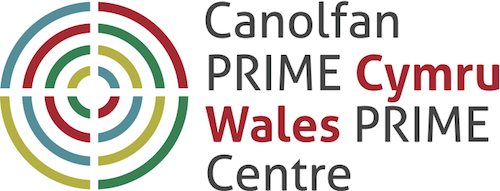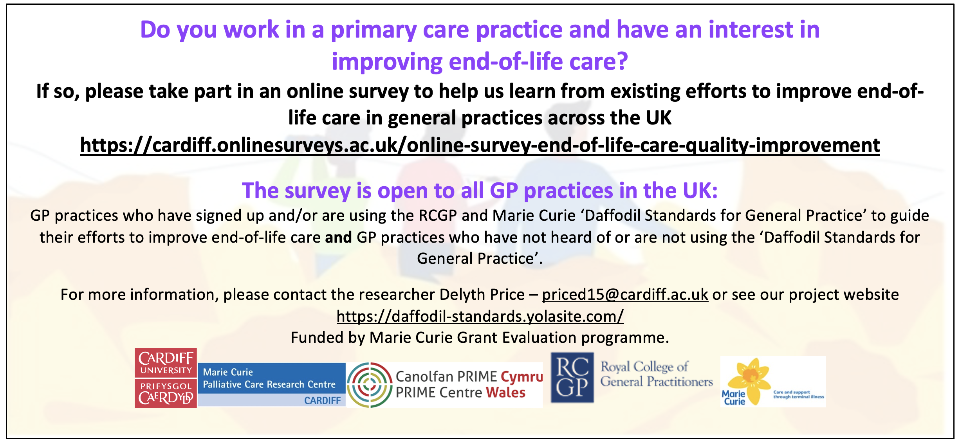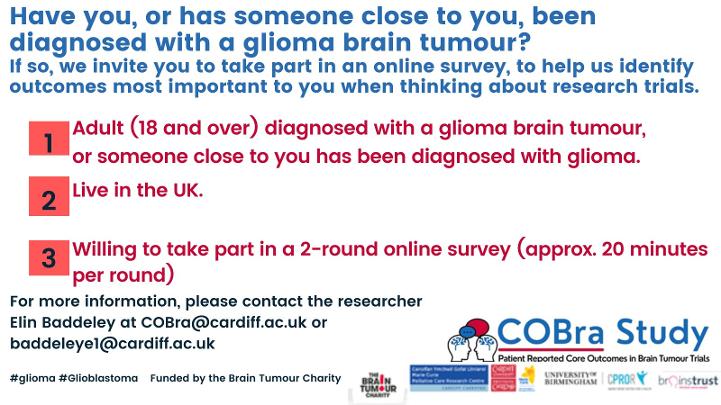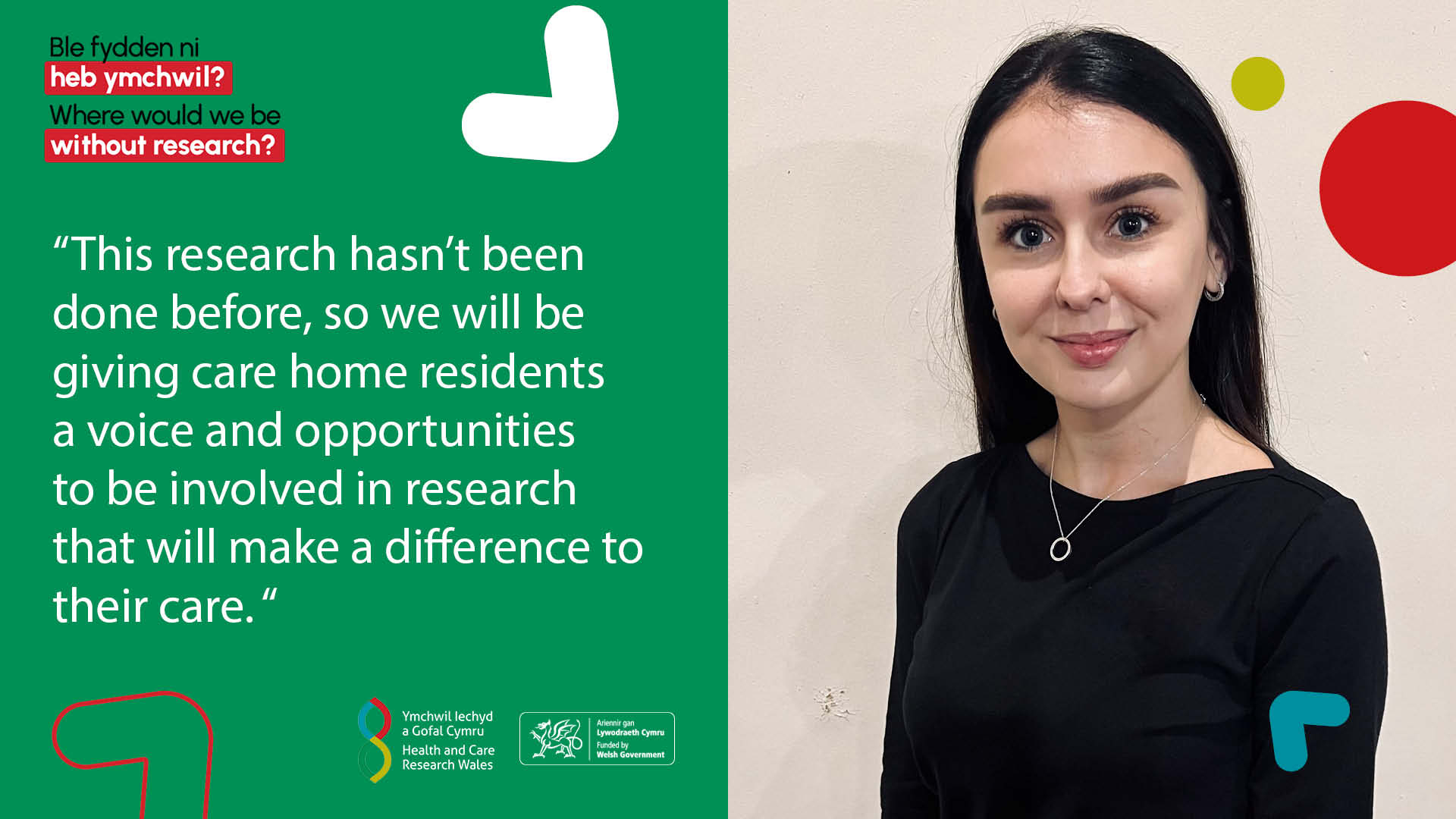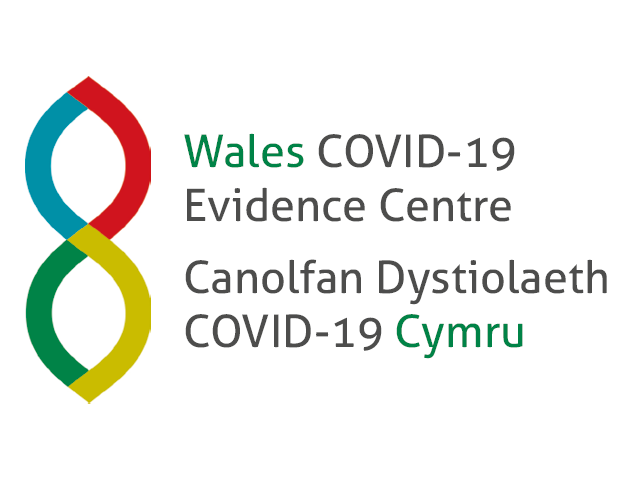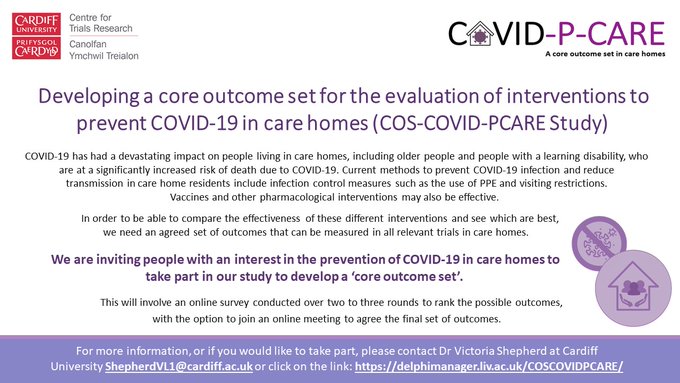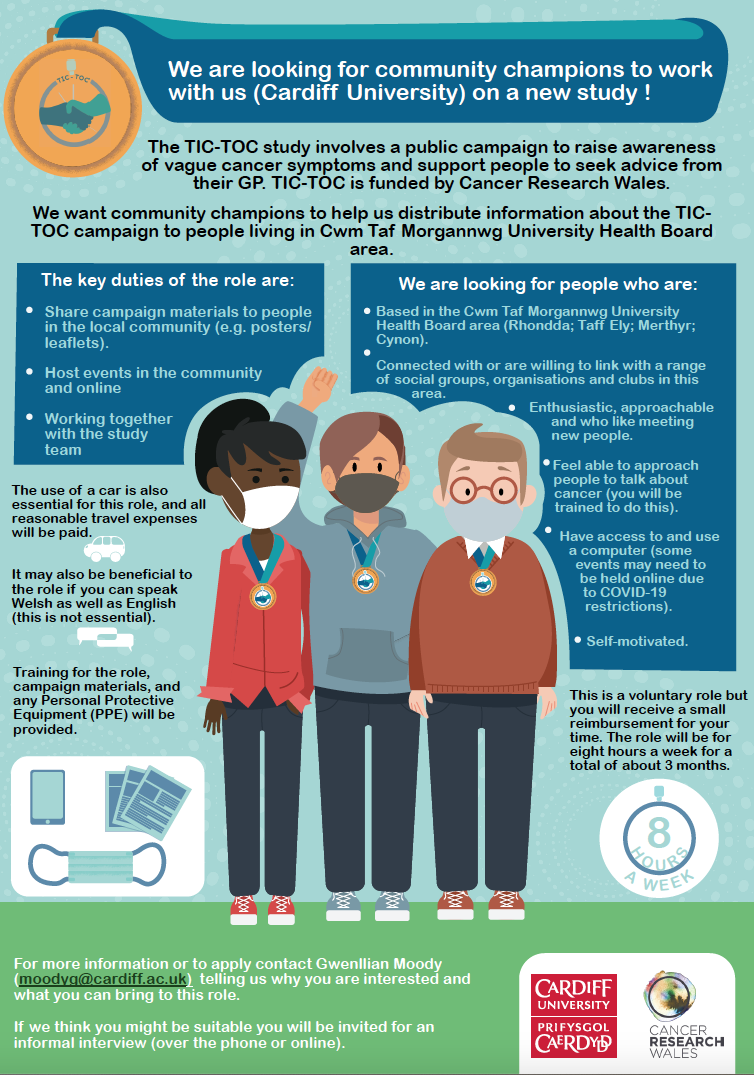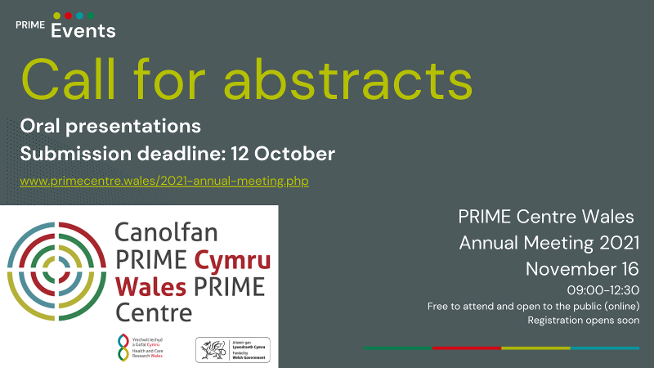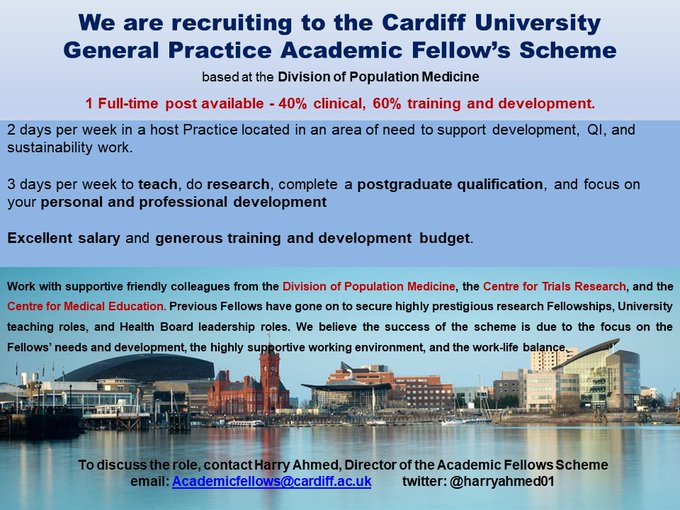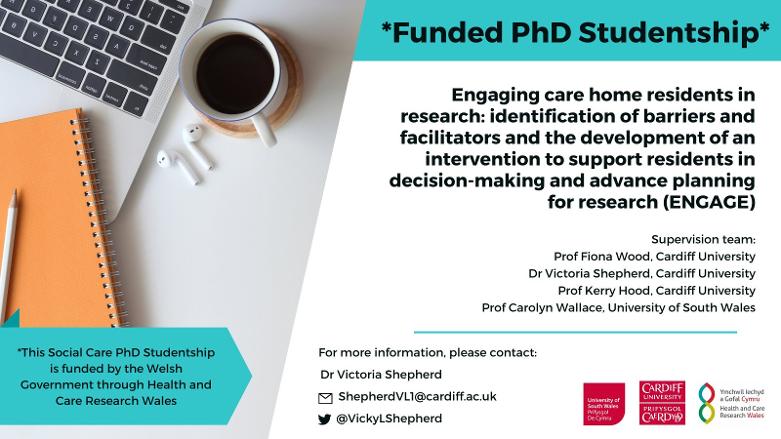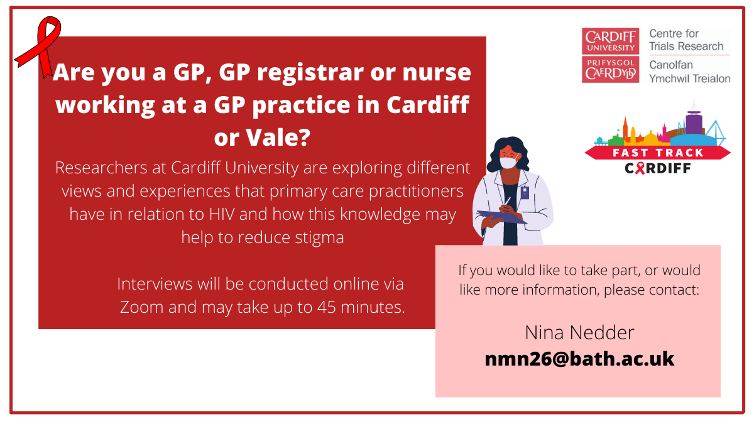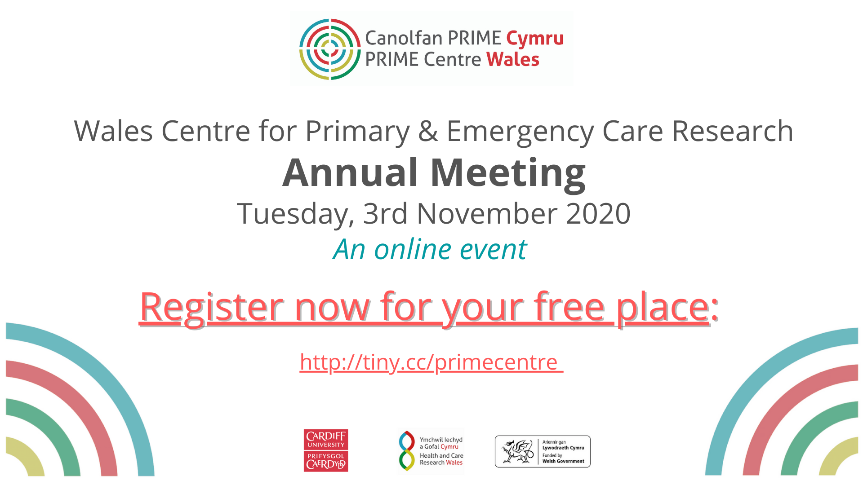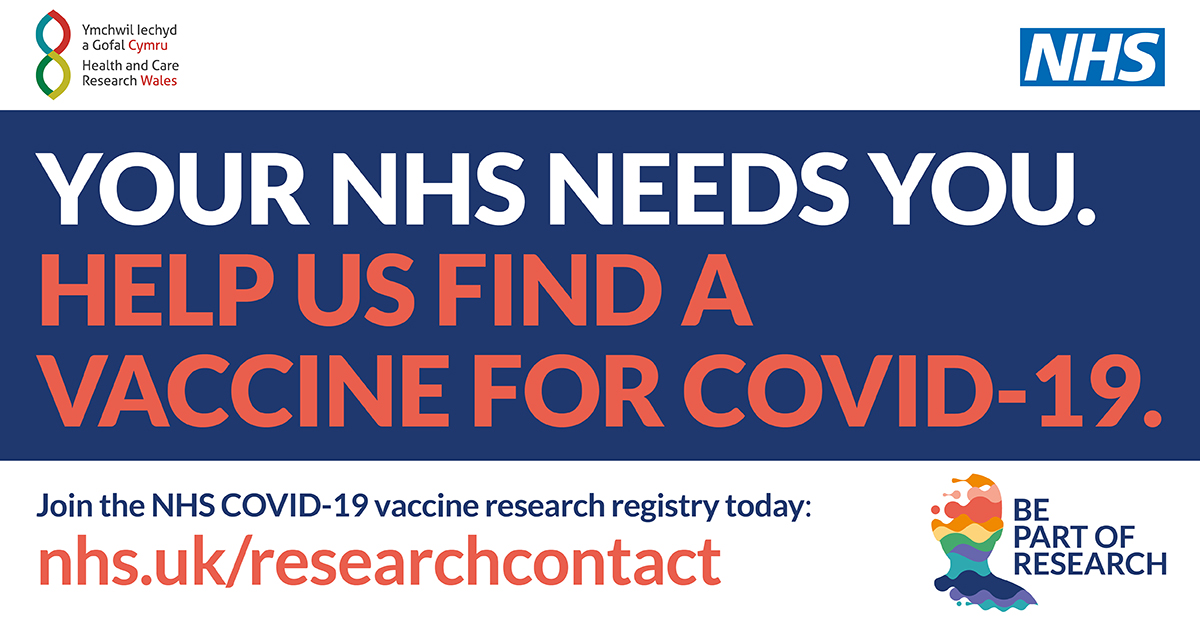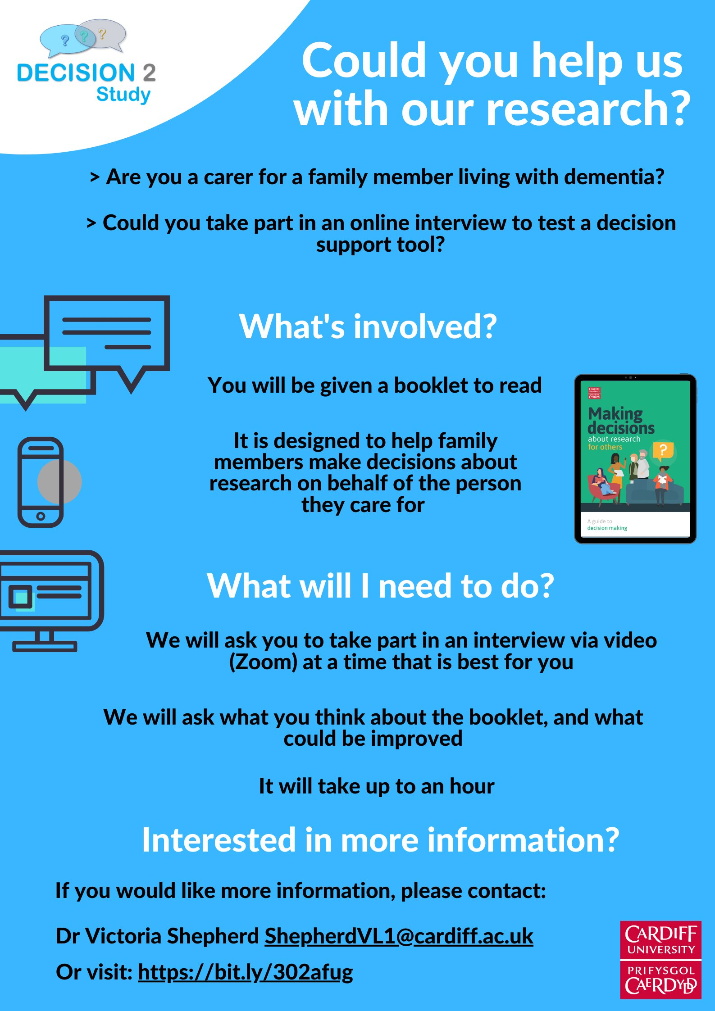News
 999 EMS Research Forum - Call for Abstracts
999 EMS Research Forum - Call for Abstracts
Submit your abstract here
There is just 1 month to go to submit your research abstracts to our popular annual conference, and be in with a chance of winning one of several prizes.
Submissions can be related to any aspect of research, evaluation, audit or quality improvement, but we especially welcome submissions on the conference theme '999 EMS Research: recognising progress, developing the future'
Prizes will be won under the following categories:
- Highest quality research (£1,000 travel bursary and opportunity to speak at ACPIC conference)
- Research most likely to affect practice (£150 gift voucher)
- Most innovative use of routine data (£100 gift voucher)
- Best rapid elevator presentation (£150 gift voucher)
- Best poster (£100 gift voucher)
Deadline for submission extended to: Sunday 23 June 2024 at 23:45hrs BST
Abstract enquiries to: 999emsresearchforum@swansea.ac.uk
The conference is taking place on Tuesday 17 and Wednesday 18 September 2024 at the Clayton Hotel, Cambridge. Early bird registration fees are available at: http://999emsresearch.co.uk/annual-conference
This conference is brought to you in association with East of England Ambulance Service NHS Trust (EEAST), The National Ambulance Research Steering Group (NARSG) and PRIME Centre Wales.
 Mental health awareness week: Promoting mental wellbeing through engagement with nature
Mental health awareness week: Promoting mental wellbeing through engagement with nature
May 2024
Dr Sara Bradley, senior fellow at the Wales School for Social Prescribing Research (WSSPR), funded by Health and Care Research Wales, has partnered with NHS Highland on a programme with high school students to promote mental wellbeing, increase resilience and reduce anxiety of young people.
Find out more about the project.
Help shape the Cancer Data Driven Detection (CD3) initiative
January 2024
Are you a healthcare or allied professional using or wanting to use cancer risk prediction tools or models?
Cancer Data Driven Detection (CD3) is a proposed new, national research initiative dedicated to using data to revolutionise our understanding of cancer risk and to allow early interception of cancers.
We would like your views on the areas of clinical decision-making that could benefit most from improved risk prediction, and which cancers you think should be prioritised.
By taking part in this short online consultation, you will set the direction of the initiative and provide much needed insights into the everyday issues and concerns of clinicians and wider Healthcare teams involved in cancer detection across the country. We would be grateful if you could kindly share this email with your broader healthcare or allied professional networks.
The ambition is to bring expertise in cancer risk, epidemiology, multi-omics, early detection, prevention, health informatics and data science together with insights from clinicians, wider professional teams, patients and the wider public to enhance the UK’s ability to prevent, detect and diagnose cancer early.
> Share your views on clinical priorities for cancer risk prediction
CD3 is a proposed new, national research initiative dedicated to using data to revolutionise our understanding of cancer risk and to allow early interception of cancers. CRUK are leading the project with support from Health Data Research UK (HDR UK), The Alan Turing Institute, the Economic and Social Research Council’s Administrative Data Research UK programme (ADR UK) and the Engineering and Physical Sciences Research Council (EPSRC) and involvement of the National Institute for Health and Care Research (NIHR).
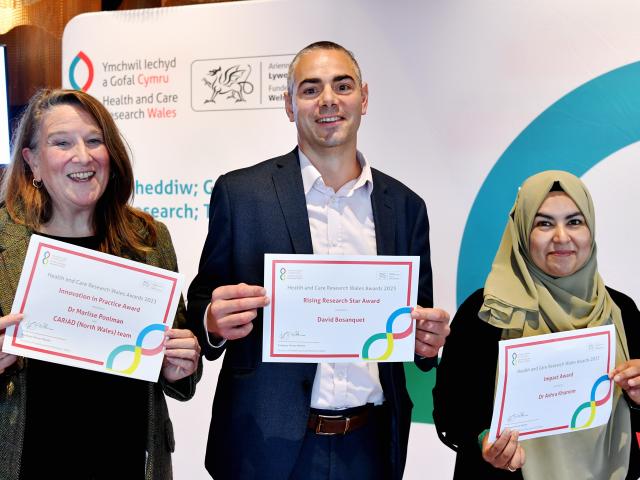 Health Experiences of Refugees and Asylum Seekers in Wales (HEAR2) study wins Research Impact award
Health Experiences of Refugees and Asylum Seekers in Wales (HEAR2) study wins Research Impact award
October 2023
The PRIME Centre Wales led HEAR 2 (Health experiences of asylum seekers and refugees) study was awarded the Research Impact Award at at the Health and Care Research Wales Conference 2023, held at Swansea Arena on the 12th October.
This award recognised the difference that health and social care research is making to people’s lives in Wales.
The HEAR 2 study investigated how well theinterpretation needs of adult asylum seekers and refugees are met in primary and emergency care in Wales. It builds on the work of the previous HEAR study to inform practice for other groups with language and communication needs.
The judges said the research is “making an impact on improving services and experiences for this severely disadvantaged group”, as well as being impressed with the quality of the diversity, inclusion, public involvement and clear engagement of policy stakeholders.
PRIME Senior Research Fellow, Dr Ashra Khanom (pictured opposite, right) accepted the award on behalf of the HEAR2 team involving Josie Nicholas, Helen Rose-Jones, Daniella Valentine, Anna Schwappach and Dr Gill Richardson).
Dr Khanom said:
I’m really delighted to receive this award on behalf of the team. Everybody’s worked so hard; we had so many components and it was a whole team effort.
“The study was picked up by Welsh Government [and] within one month of dissemination we were involved in policy development and putting a scoping document together around the recommendations from HEAR 2. We’ve got the Wales Interpretation and Translation Service involved and they’ve revamped their whole training programme and we’re developing an access card that will cover all disabilities as well as language needs. There’s a Welsh health circular that has gone out to all the health boards in Wales to say that staff need to be aware of people’s language needs and provide interpretation and translation where possible. It’s seen rapid movement thanks to Welsh Government’s enthusiasm.”
 Dr Khanom also thanked the third sector organisations involved in HEAR 2 who were “instrumental” in supporting the study’s peer researchers.
Dr Khanom also thanked the third sector organisations involved in HEAR 2 who were “instrumental” in supporting the study’s peer researchers.
The study built on the work of HEAR 1 where patients shared their difficulties in accessing NHS services, by investigating language interpretation needs and services in health care at a Wales and UK level. Recommendations arising from the research are being taken forward by a working group with PHW members from QNAHPs, led by Welsh Government and by the Wales Interpretation and Translation Service.
The research was funded by Health and Care Research Wales and conducted with Swansea University partners.
Read more about the HEAR 2 study: HEAR2_Report_English.pdf
 Strengthening child safeguarding research through professional exchange with Dr Fadi Baghdadi
Strengthening child safeguarding research through professional exchange with Dr Fadi Baghdadi
October 2023
Listen to the experiences of PRIME, Swansea University's Dr Fadi Baghdadi and his current research project: SECURE, funded by RWIF (Research Wales Innovation Fund).
Focusing on the challenges of Adverse Childhood Experiences (ACEs) such as child maltreatment and institutionalisation which present urgent public health emergencies in many Low- and Middle-Income Countries (LMICs). Dr Baghdadi discusses the impact behind his work, through fostering stronger connections and promoting knowledge-sharing within and across the Maghreb and the United Kingdom.
Listen to the podcast episode here.
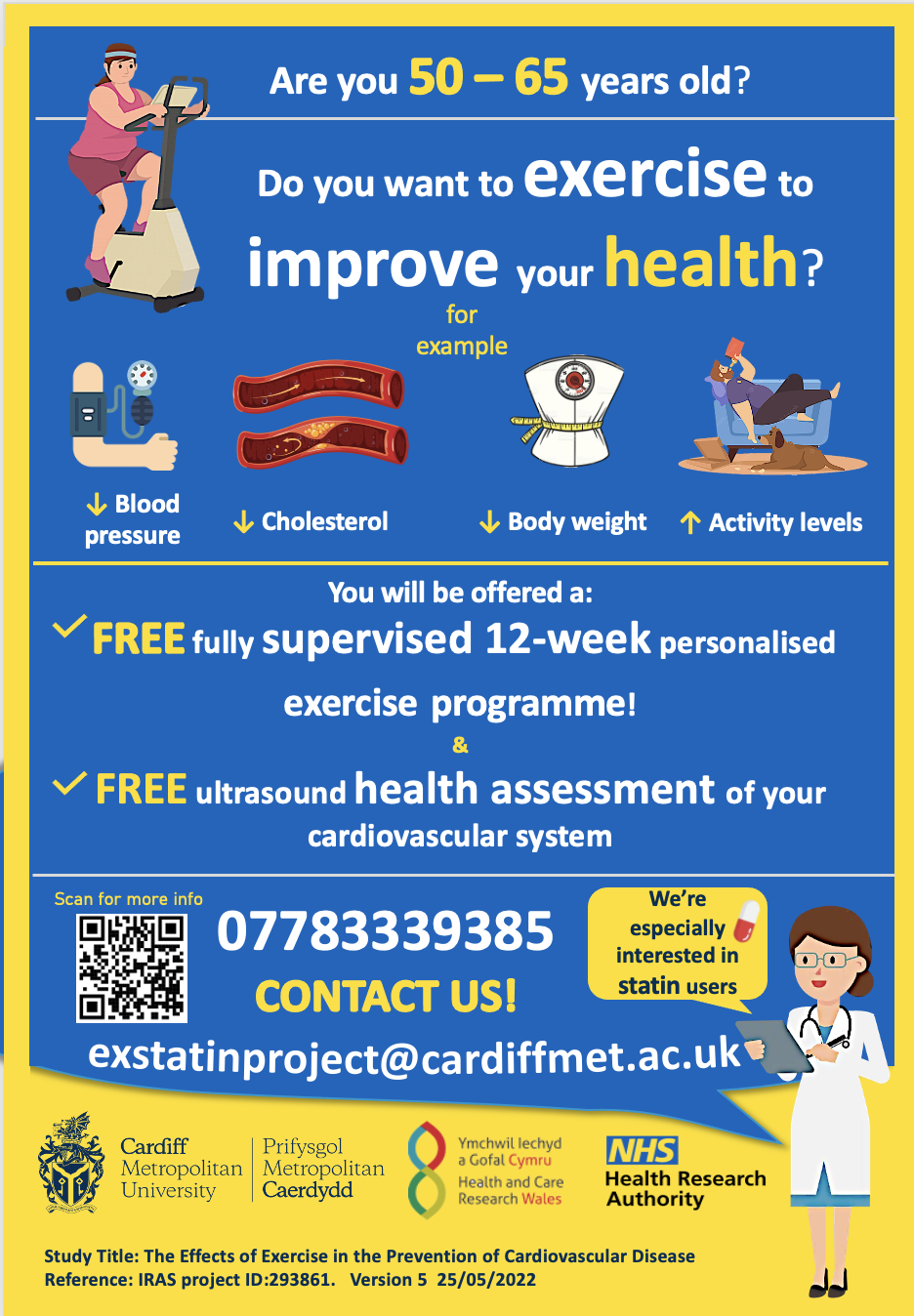 Participants needed to take part in health and exercise programme
Participants needed to take part in health and exercise programme
January 2023
- Are you 50-65 years old?
- Do you want to exercise to improve your health?
We are currently recruiting eligible participants (50-65yrs at risk of CVD) onto the study through local community advertisement.
You will be offered a:
- Free full supervised 12-week personalised exercise programme
- Free ultrasound health assessment of your cardiovascular system
The study aims to help address a number of the primary health care challenges set out in the Welsh Government’s ‘A Healthier Wales’ strategic plan; and also offers eligible candidates the opportunity to receive a FREE 12-week supervised moderate intensity exercise training programme at our state-of-the-art fitness suite at Cardiff Metropolitan University (Cyncoed Campus).
To find out more, contact the EXSTATIC study team on: exstatinproject@cardiffmet.ac.uk
 The VAWDASV Research Network
The VAWDASV Research Network
30 January 2023
The Violence against Women, Domestic Abuse and Sexual Violence (VAWDASV) Research Network website, developed by the Network with funding from the University of South Wales, is now live!
The website includes information on the Network, including its aims, guiding principles and membership organisations, as well as links to relevant frameworks, policy and guidance on VAWDASV.
The network have also just published their first annual report, also available via the new website.
Visitors can also access information on support services, and sign up to become a member of the Network.
Visit www.vawdasv.wales to explore the website, share amongst your networks and please let us know if there’s anything you’d like us to feature on there!
The website will continue to be updated with the latest news and resources relating to VAWDASV, so if you have anything to share, please email: VAWDASVWales@southwales.ac.uk.
 Trials Methodology Research Partnership PhD studentships (Bangor University)
Trials Methodology Research Partnership PhD studentships (Bangor University)
The MRC_NIHR Trials Methodology Research Partnership (TMRP) are delighted to announce the launch of our next round of recruitment to their PhD studentships listed below and online.
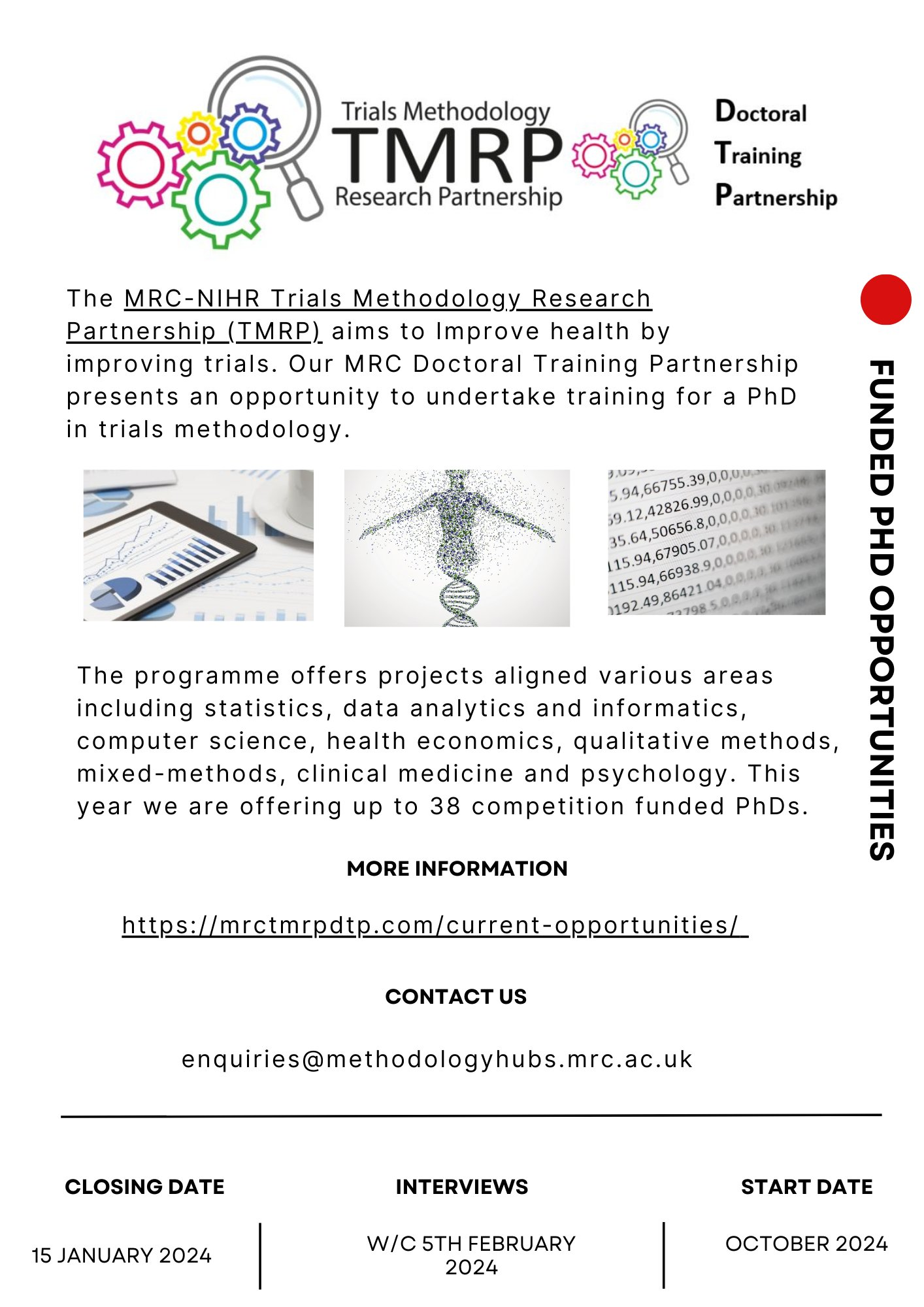
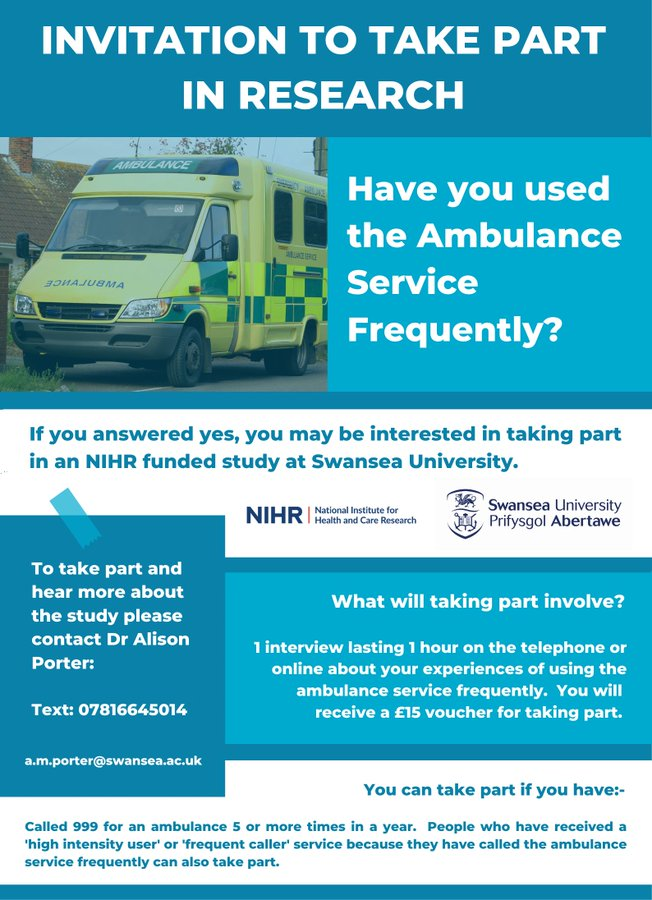 Invitation to take part in research
Invitation to take part in research
Are you a frequent 999 Emergency Medical Service caller, interested in taking part in a study led by @HSRSwansea researchers?
If so, pls get in touch with Dr Alison Porter, Email: a.m.porter@swansea.ac.uk, Text: 07816645014, to know more about the study.
PRIME study awarded public involvement award at Health and Care Research Wales annual conference
October 2022
PRIME Centre Wales' researchers were recognised at the Health and Care Research Wales annual research conference awards held in October 2022 for their work in public and patient involvement in research.
The ‘GPs in EDs’ study was given the Public Involvement Achievement Award 2022, which recognises the very best use of public involvement in a health or social care research study, using the UK Standards for Public Involvement.
Julie Hepburn, public involvement member of the study, accepted the award on behalf of the study, which was delivered by PRIME Centre Wales.
The study aims to evaluate how GPs work in Emergency Departments in September 2022. Through all research stages, from study inception to completion, public contributors have been equal team members.
Bridie Angela Evans, Public Involvement Lead at PRIME Centre Wales said:
I feel very proud and delighted that our work has been recognised in this way. I hope we have shown others how they can genuinely involve people in their research teams, welcome the roles public members can undertake in a collaboration and value the contributions these skilled and motivated individuals bring to carrying out good quality research.”
Read the full story on the Health and Care Research Wales website.
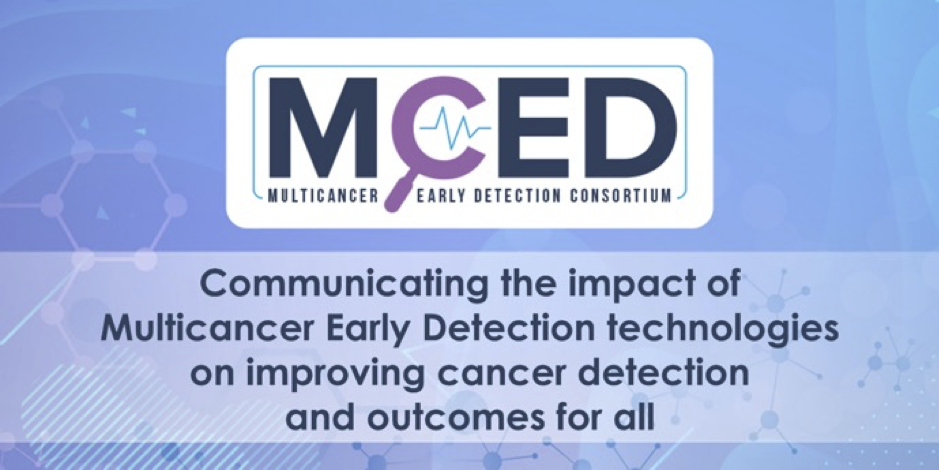 Prof Kate Brain and Dr Harriet Quinn-Scoggins invited to join MCED consortium
Prof Kate Brain and Dr Harriet Quinn-Scoggins invited to join MCED consortium
2 September 2022
Cancer is the second leading cause of death behind heart disease in the US and UK. Early detection of these cancers could be a valuable tool in the fight again cancer. Multicancer Early Detection (MCED) is a set of emerging technologies that could allow clinicians to screen and detect multiple cancers at early stages. These technologies are promising, but there is still limited data and a host of unanswered questions with using this type of test.
The MCED Consortium has brought together stakeholders from across the healthcare continuum to evaluate MCED technologies on their benefits and risks, develop guidance for their equitable and accessible introduction into clinical care, and accelerate education on how they may improve patient outcomes and survival. Their efforts will centre around several key objectives:
- To evaluate and assess the benefits and risks, potential outcomes, costs, and value associated with introducing novel MCED technologies into society and clinical care.
- To develop guidance for the potential introduction of these technologies into clinical care, including understanding public perceptions of MCED technologies and these technologies' potential to improve or exacerbate health disparities.
- To accelerate additional lessons and evaluations on how MCED technologies could potentially improve outcomes for all people.
- To ensure a system or action plan is in place for follow-up testing and support.
The MCED Consortium are thrilled to announce the release of their first major output: an introductory position paper and associated press release. The introductory position paper outlines the background, scope, purpose, and intentions of the MCED Consortium and it’s workgroups.
The MCED Consortium comprises four initial workgroups: clinical utility, care delivery, health equity, and communications. Each workgroup executes independent projects to help achieve the Consortium's work plan. Still, they collaborate on shared topics while soliciting appropriate feedback and suggestions from the executive committee and public representatives.
Prof Kate Brain (PRIME WP7 Screening, prevention & early diagnosis co-lead) has taken up a prestigious position as invited UK Deputy Chair for the Health Equity workgroup, and Dr Harriet Quinn-Scoggins (PRIME Research Associate) as a member of Health Equity workgroup. Both are very proud to be a part of the MCED Consortium.
The Health Equity Workgroup evaluates and develops guidance on reducing healthcare disparities using MCED technology. This workgroup includes representatives from organizations that assist minority and underserved populations in their local communities.
To learn more about the MCED Consortium and work packages, please visit their website.
 LISTEN study to support people living with long Covid opened in Wales
LISTEN study to support people living with long Covid opened in Wales
9 August 2022
The Long Covid Personalised Self-management support co-design and Evaluation (LISTEN) study will evaluate the effectiveness of a new self-management support programme, co-designed by people living with long Covid.
Participants will be randomly selected into two groups, one receiving the LISTEN support package, which will involve co-designed book and digital resources and up to six, one-to-one video or telephone call support sessions with Listen trained healthcare practitioners, with the other group receiving their usual care which could include physiotherapy or group sessions.
The LISREN study is led by Kingston University and supported by PRIME Centre Wales and the Centre for Trials Research at Cardiff University.
Read full story on the Health and Care Research Wales website.
 PRIME CARiAD study featured on BBC Radio 4 Inside Health
PRIME CARiAD study featured on BBC Radio 4 Inside Health
11 August 2022
The implementation of CARiAD in North Wales was featured for the full episode of the BBC Radio 4 Inside Health porgramme, aired on 9th August. Dr Marlise Poolman, Clinical Senior Lecturer in Palliative Medicine at Bangor University, and co-lead for Palliative and Supportive Care Research at PRIME, was interviewed for the episode, alongside CARiAD study specialist palliative care nurse, Vicky at Betsi Cadwaladr University Health Board, and study participant, Mark, who was trained by Vicky and cared for his mum at home.
The CARiAD study focusses on timely administration of as-needed medication for dying patients being cared for at home, in particular whether lay carer role-extension is feasible and acceptable in the UK.
The episode is available to listen to on the BBC Radio 4 website.
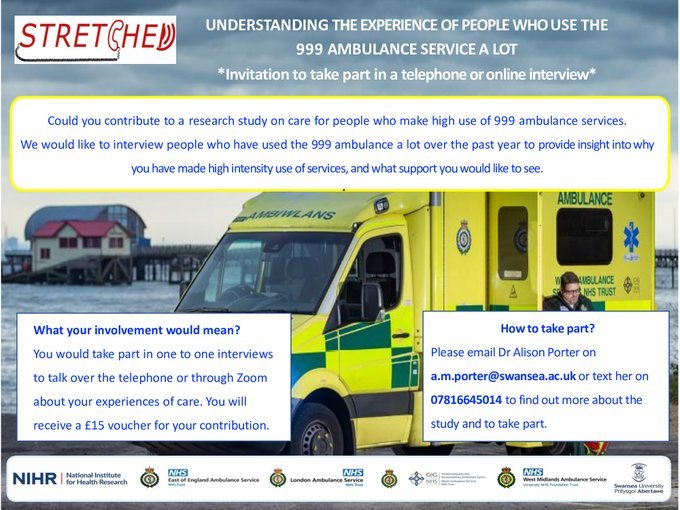
PRIME researchers are looking into why some people frequently call the 999 Emergency ambulance services.
For more information about the study & how to take part, email Dr Alison Porter at a.m.porter@swansea.ac.uk or text message 07816645014.
 GPs - can you help us examine the role and impact of audits within the primary care sector
GPs - can you help us examine the role and impact of audits within the primary care sector
We are collaborating with Cardiff University and Imperial College London to examine the role and impact of audits within the primary care sector.
Research has demonstrated that audit coupled with feedback can be an effective tool in improving patient care. There are a range of self-assessment and reporting toolkits available for supporting infection management in primary care however a recent assessment highlight that only 46% of CCGs reported using CCG audit tools and only 44% reported using RCGP/PHE TARGET audit tools.
The reasons behind why individuals and healthcare organisations may/may not engage in audit beyond what is mandatory requirements is not well understood, but is important if we are to understand motivation and sustainability of audit activities. This study aims to understand why GPs are (and not) engaging with recommended audits and has a particular focus (but is not limited to) audits to improve management for Urinary Tract Infections.
The survey will take approximately 15 minutes and will cover:
- Participant and practice demographics
- How do you use audits in your practice?
- What barriers do you face when conducting audits?
- Your experience with UTI and UTI audits
There will also be a chance to take part in a follow up interview where we will explore in more depths your experience with audits. Interviews will last approximately 45 minutes and interviewees will be offered £25 compensation for their time.
Visit the survey here.
Thank you and if you have any questions please email TARGETantibiotics@ukhsa.gov.uk
Kind regards,
The TARGET Team
 Cancer Research UK seeking views from GPs on their Urgent Referral resource for Wales
Cancer Research UK seeking views from GPs on their Urgent Referral resource for Wales
Calling GPs - Cancer Research UK is looking to find out whether their Urgent Referral resource for Wales is being used in your GP Practice.
This online resource has been available since February 2021 and can be viewed here: English language version / Welsh language version.
They would be very grateful if you can let them know by completing the short survey at the following link: https://forms.office.com/r/YYtqMYFqHG
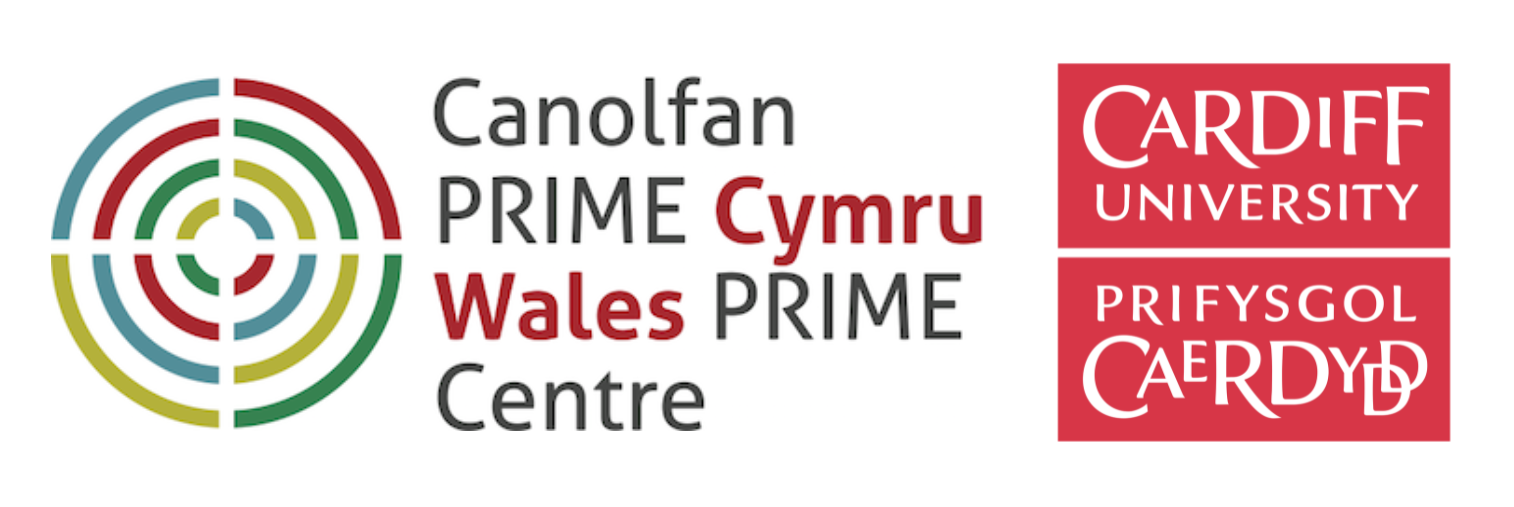 Job opportunity with PRIME Centre Wales - Clinical Research Fellow
Job opportunity with PRIME Centre Wales - Clinical Research Fellow
An exciting opportunity has arisen to join the Division of Population Medicine at Cardiff University as Clinical Research Fellow within the Wales Centre for Primary and Emergency Care (“PRIME Centre Wales”).
To work within research programmes and projects in PRIME Centre Wales and the Division of Population Medicine, focusing on general practice-based research, improvement and policy. The post holder will contribute to the research record of the School through commitment to carrying out research leading to the publishing of work in journals, securing grant funding and developing the pathway-to-impact of your work. To pursue excellence in research, and to inspire others to do the same.
This is a part time post, 7.5 hours per week, available immediately and is fixed-term until 31 March 2024.
Salary: £35,350 - £61,207 per annum, pro-rata (Clinical scale, D1).
Date advert posted: Thursday, 30 June 2022
Closing date: Sunday, 17 July 2022
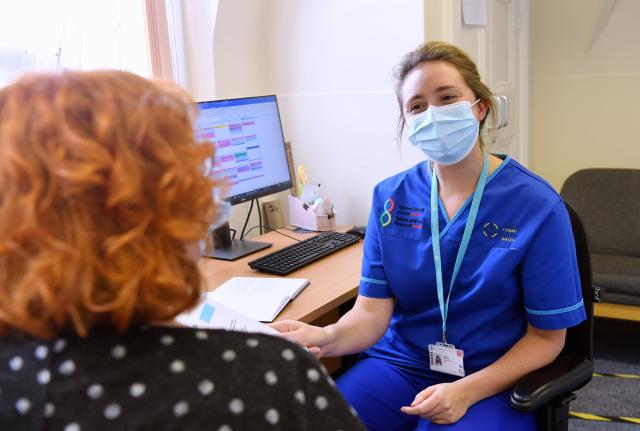 Welsh researchers to help develop app that could improve quality of life for terminally ill cancer patients
Welsh researchers to help develop app that could improve quality of life for terminally ill cancer patients
15 June
Welsh researchers (including from PRIME Centre Wales) are part of a European team awarded funding to create an app that will help terminally ill cancer patients to make informed decisions about their medication.
Many patients with cancer receive medication to reduce the ability of the blood to clot, reducing the risk of thrombosis.
These medications, known as antithrombotics, is often continued until the end of a patient’s life, despite side effects such as bleeding, and the associated reduced quality of life.
A European consortium, co-led by the Leiden University Medical Centre (LUMC) and Cardiff University, has been awarded a Horizon Europe grant of 6 million euros to create an online app that enables shared decision making between doctors and patients regarding continuing or stopping their antithrombotic medication.
The online app is being developed through the SERENITY project, led by Simon Noble, Marie Curie Professor in Supportive and Palliative Medicine at Cardiff University and Health and Care Research Wales grant holder, and Erik Klok, Professor of Medicine at the LUMC in the Netherlands.
Health and Care Research Wales funded organisations - Wales Cancer Research Centre, PRIME Centre Wales and the Secure Anonymised Information Linkage (SAIL) Databank - are all involved in the project.
The dedicated online decision aid and app will use questions to start the conversation between a doctor and patient and assess the patient's individual risk of bleeding and thrombosis.
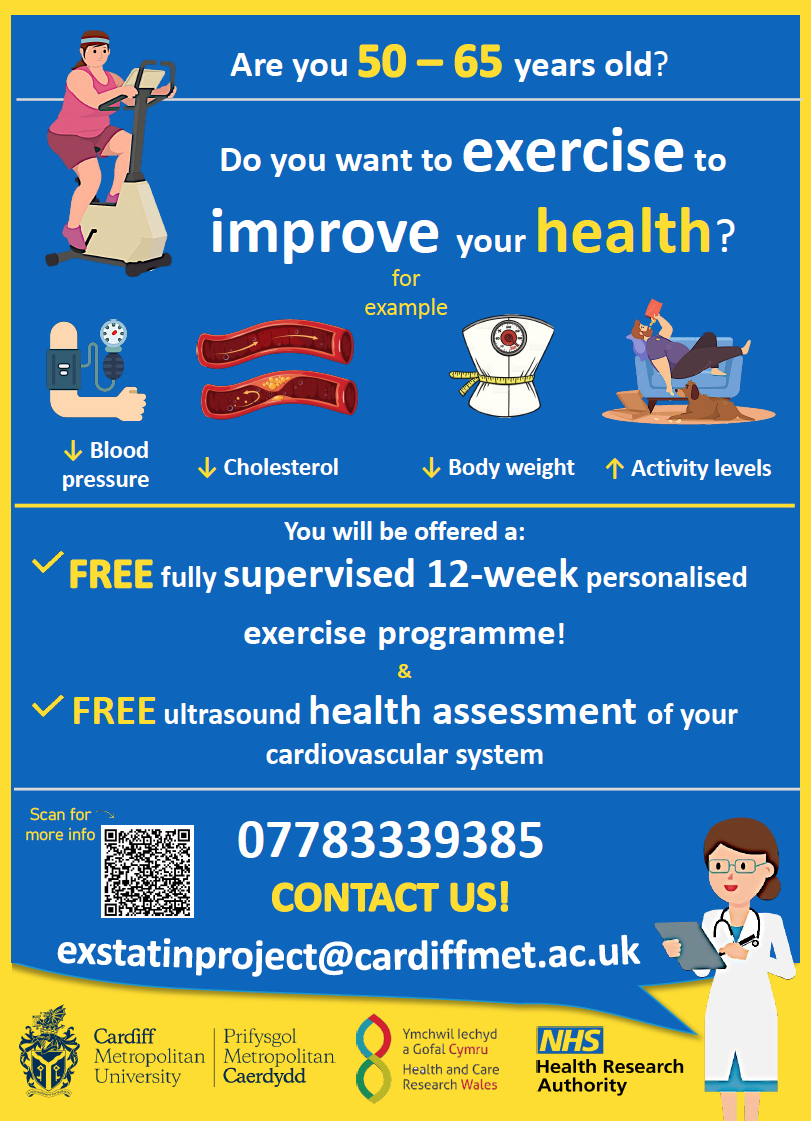 The Exstatic Project - Exercise Training & Statins for Cardiovascular Health
The Exstatic Project - Exercise Training & Statins for Cardiovascular Health
We are investigating the effect of supervised exercise training on blood vessel health in individuals with a CVD-risk score of 10% or higher and examine whether these exercise effects differ in individuals currently taking a statin compared to those not taking a statin.
We are offering the opportunity to receive an individualised structured and supervised exercise program by a qualified exercise physiologist free of charge for 12-weeks in the Cardiff Metropolitan University Cyncoed campus facilities.
You are eligible to take part if you:
- Are 50-65 years old
- Not currently engaging in structured exercise classes
- Are overweight, and/or have high blood pressure, and/or high cholesterol
- Dp not have previously established cardiovascular disease
- Are not using medication for diabetes or high blood pressure
- Do not currently smoke,
For more information, please read our information leaflet and contact: exstatinproject@cardiffmet.ac.uk

#Red4Research 2022
Date: 17 June
The #Red4Research campaign, created by NHS research nurse Sally Humphreys, encourages as many people as possible to wear something red and to post a photo on social media to show their support for those involved in research.
Wear a red piece of clothing, take a picture and post on social media using the #Red4Research hashtag. We'd love to see your photos, so add #ResearchSavesLives to your posts on social media and we'll share them too.

Have you listened to the Health and Care Research Wales podcast yet?
27 May 2022
The Where would we be without research? podcast is a deep dive into the world of Welsh health and social care research. Listen to the series so far wherever you get your podcasts:
- History of vaccines - the speckled monster with Dr David Llewellyn
- Young people’s vital role in shaping research with Sophie Jones
- Putting postpartum psychosis on prime time TV with Professor Ian Jones
- Working with communities in Wales - from boxing to the Butetown mile with Dr Sarah Fry
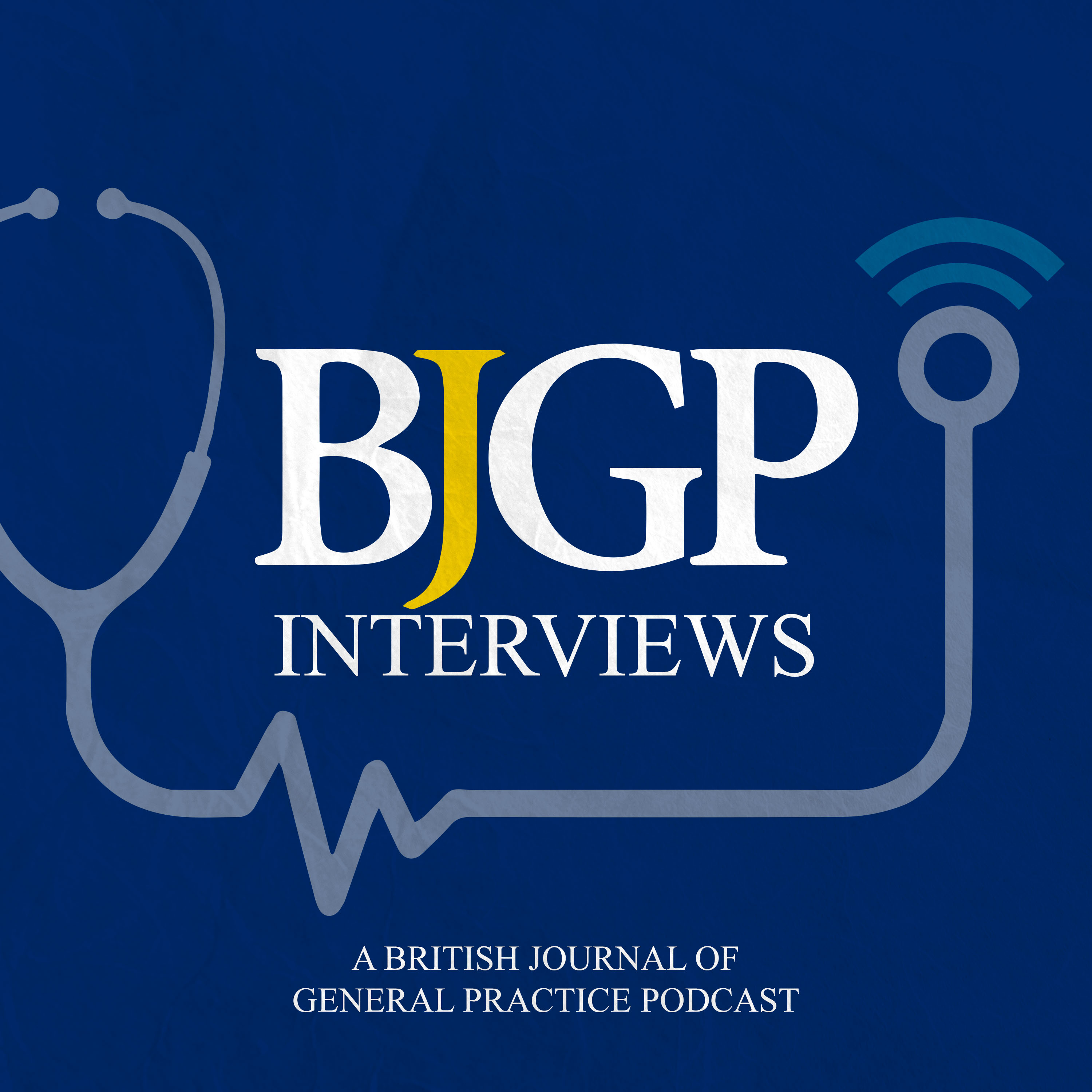 PRIME researchers interviewed for BJGP podcast
PRIME researchers interviewed for BJGP podcast
18 May 2022
PRIME researchers Dr Kathryn Hughes and Amy Clark have been interviewed on the British Journal of General Practice podcast to discuss the findings of their study which found that the NICE traffic light system to assess sick children is not suitable for use as a clinical tool in general practice.
The research has published in the BJGP online first: Amy Clark, Rebecca Cannings-John, Megan Blyth, Alastair D Hay, Christopher C Butler and Kathryn Hughes. Accuracy of the NICE traffic light system in children presenting to general practice: a retrospective cohort study. British Journal of General Practice 16 May 2022; BJGP.2021.0633. DOI: https://doi.org/10.3399/BJGP.2021.0633
Listen to the podcast here (15 minutes duration)
Read Cardiff University news story on the research here.
Meet the 2020/21 PRIME & WSSPR Social Care PhD Studentship scheme students
The Health and Care Research Wales Social Care PhD Studentship Scheme funds talented individuals to undertake research and study leading to a PhD in Wales. Fern Jones and Brittany Nocivelli (both supervised by senior researchers at PRIME and WSSPR) are two of three social care PhD students funded by the 2020/21 Health and Care Research Wales Social Care PhD Studentship Scheme.
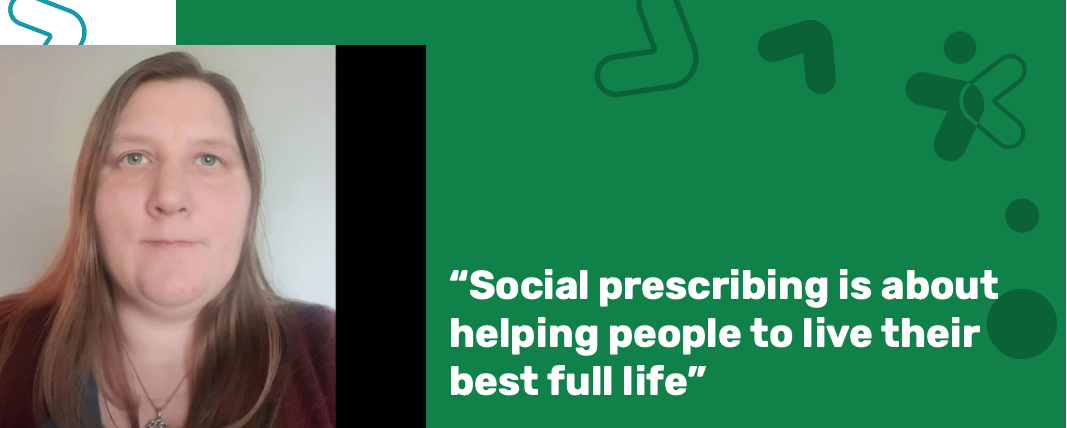 Fern Jones's PhD research involves the creation of a training package for delivering social prescribing in Wales. Fern's study is supervised by Professor Carolyn Wallace based at the Wales School for Social Prescribing Research.
Fern Jones's PhD research involves the creation of a training package for delivering social prescribing in Wales. Fern's study is supervised by Professor Carolyn Wallace based at the Wales School for Social Prescribing Research.
After working in social prescribing for 3 years, Fern Jones knew that a PhD opportunity in the sector was the right career move for her.
Fern comments:
“Social prescribing is a really exciting area of health and wellbeing to work in. It's gathering pace and becoming more widely used and recognised in Wales, partly due to the impact of high-quality research through the Wales School for Social Prescribing Research.
“It’s all about connecting people to their community to improve their health and wellbeing. You can use the five ways to wellbeing to have conversations with people about what matters to them, unpicking their own path towards feeling better. Social prescribing is about helping people to live their best full life, to be well, whilst freeing up doctors and nurses, and capacity in the NHS."
“I was working as a social prescriber in Pembrokeshire, and we were having to find our own training because there isn't an agreed training pathway in Wales. Lots of resources were from England but they didn’t fit too well with the Welsh context. I wanted to apply for this PhD to make sure we get a well-suited training package in Wales for link workers, the key people involved in social prescribing."
Read more.
---------------------------------
Brittany Nocivelli's PhD is looking at the the barriers and facilitators to care home residents taking part in research, and she is supervised by Professor Fiona Wood, based at PRIME Centre Wales, and Dr Victoria Shepherd and Professor Kerry Hood, based at the Centre for Trials Research.
After working in a care home, 24-year-old Brittany Nocivelli felt inspired to advocate for care home residents in research.
Brittany’s PhD project, which she is undertaking at Cardiff University, is titled “Engaging care home residents in research: identification of barriers and facilitators and the development of an intervention to support residents in decision-making and advance planning for research (EN-GAGE Study)”.
Brittany comments:
“I came across this PhD and it seemed a perfect fit for what I felt was missing in care homes. Evidence-based care and practice is really important to me, and this PhD will look into the barriers residents face when getting involved in research.
“We hope to develop interventions to help get them more involved, which would be a good start in improving lots of different areas of social care. This is likely to be a resource for residents, and a training resource for care home staff that will increase their knowledge and awareness about their role in supporting residents to access research opportunities.”
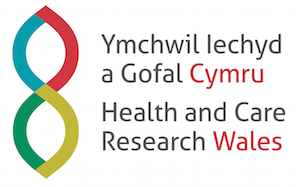 Health and Care Research Wales invests in leaders across Wales to shape the research of the future
Health and Care Research Wales invests in leaders across Wales to shape the research of the future
1 April 2022
Congratulations to PRIME Centre Wales' Professors Adrian Edwards and Andrew Carson-Stevens who are included in the next cohort of Health and Care Research Wales Senior Research Leaders and Specialty Leads from across academia and the NHS in Wales.
The leads will act as ambassadors for research into diseases, treatments and services that can change people’s lives and drive improvements in patient care.
Professor Adrian Edwards is included in the Research Leaders, who will take up the role for the next three years, will play a vital role in developing the health and care research community in Wales, mentoring early career researchers and developing the next generation of research leaders.
Professor Andrew Carson-Stevens is included in the Speciality Leads, also appointed for the next three years, who will provide strategic support within specialties such as cardiovascular disease, critical care, stroke, diabetes, cancer and mental health and represent Wales at a UK level.
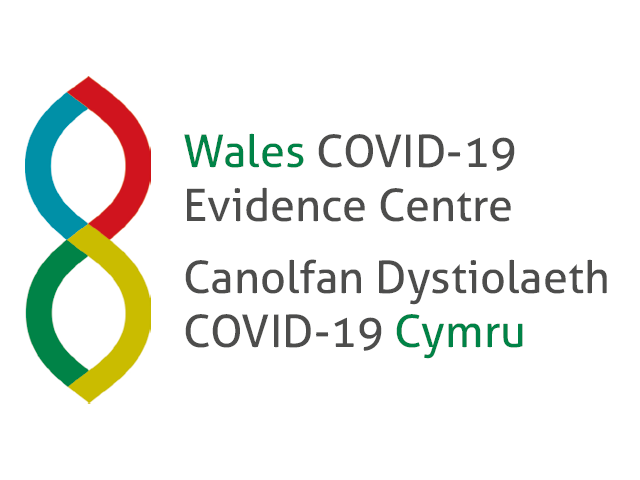 A year of impact - The Wales COVID-19 Evidence Centre
A year of impact - The Wales COVID-19 Evidence Centre
23 March 2022
The first research centre of its kind in Wales which provides evidence to help ministers make critical decisions during the pandemic, marked its first anniversary this week.
Wales COVID-19 Evidence Centre launches new report library
The library, found on the Health and Care Research Wales website, is home to all the Centres published reports which guide decision-making by ministers, and leaders in the NHS and social care sectors.
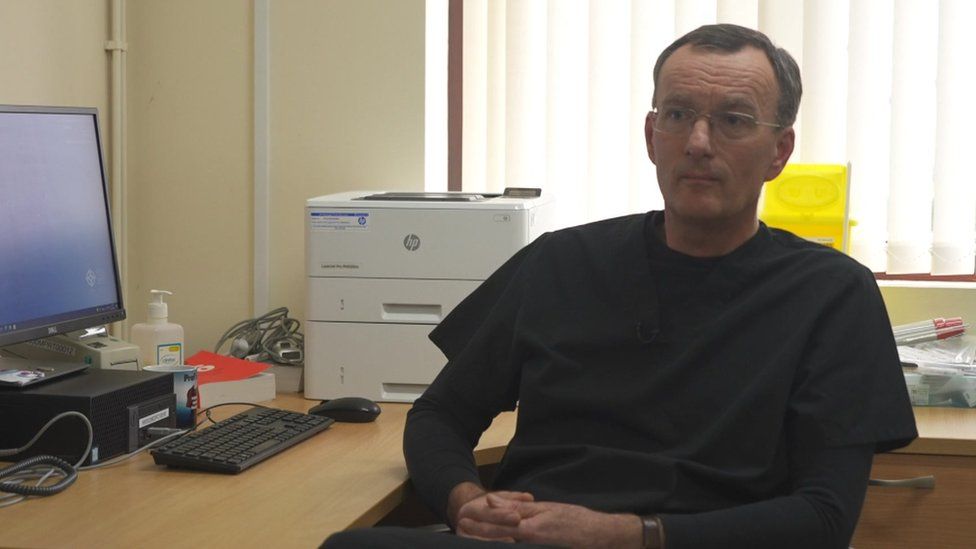 Health and Care Research Wales reflects on two years of COVID-19 research
Health and Care Research Wales reflects on two years of COVID-19 research
23 March 2022
This week marks two years since the first COVID-19 lockdown and BBC Wales shone a light on just some of the advancements we've seen in research since the beginning of the pandemic.
Professor Adrian Edwards (pictured opposite), Director of the Wales COVID-19 Evidence Centre, and practicing GP in South Wales is interviewed for the article.
You can also listen back to Dr Nicola Williams, National Director of Support and Delivery at Health and Care Research Wales, and Bernadette, a participant in the PANORAMIC antiviral trial, interviewed on BBC Radio Wales (32:05).
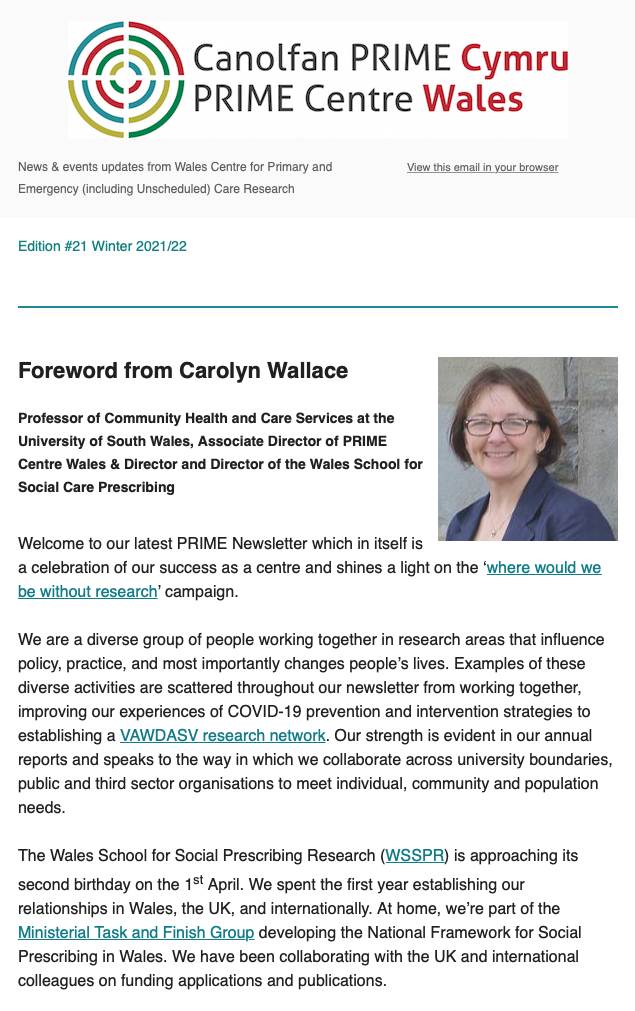 PRIME e-news bulletin Winter 2021/22
PRIME e-news bulletin Winter 2021/22
The PRIME centre Wales e-news bulletin for winter 2021/22 is now available to view here.
To receive the newsletters straight to your inbox, sign up here.
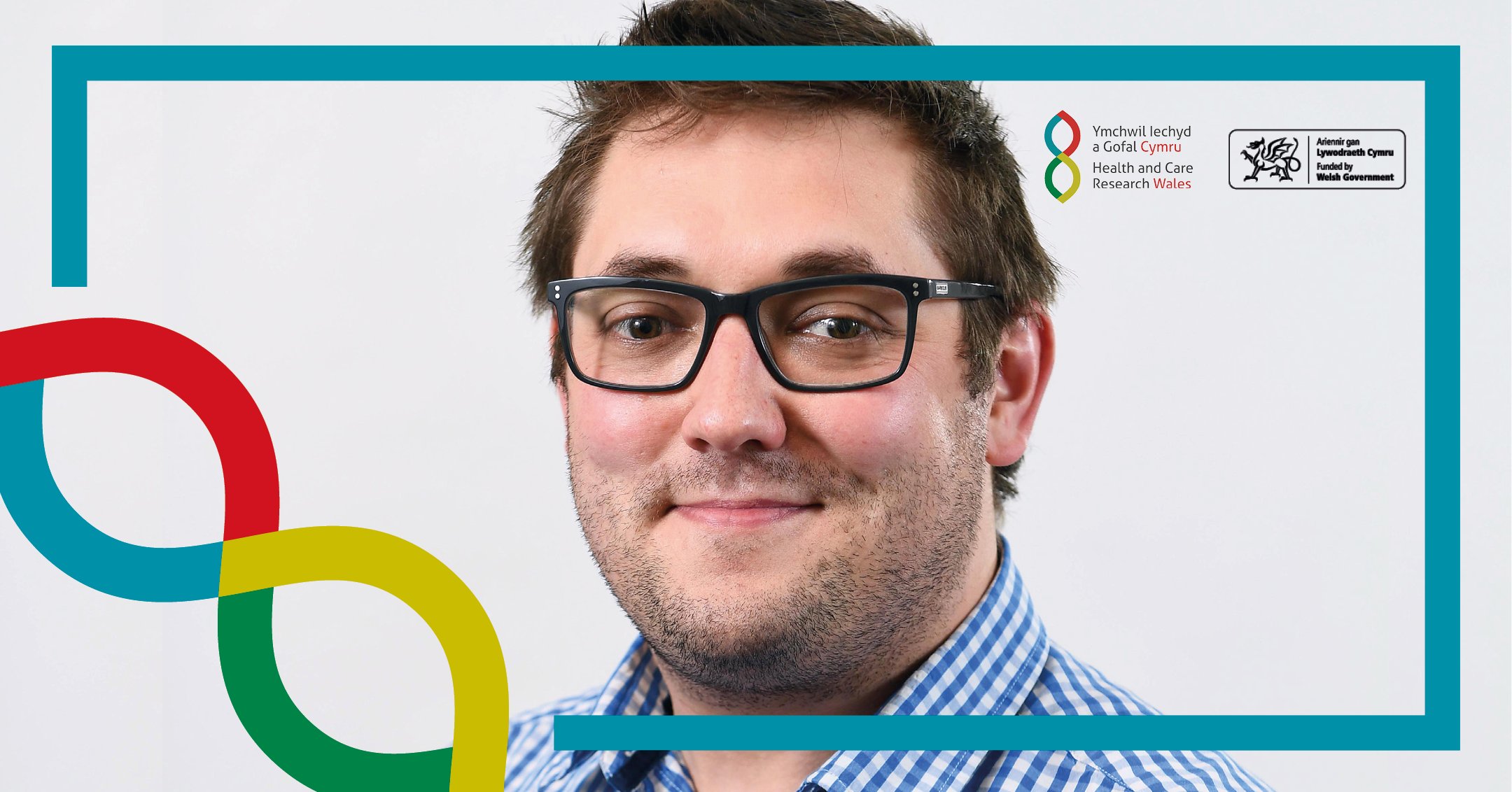 Staff Promotions – Andrew Carson-Stevens
Staff Promotions – Andrew Carson-Stevens
7 March 2022
Congratulations to PRIME programme lead for Patient Safety, Andrew Carson-Stevens on being promoted to Clinical Professor of Patient Safety and Quality Improvement at Cardiff University in February 2022.
Professor Carson-Stevens is a Cardiff University graduate (BSc 2007; MPhil 2010; MB BCh 2010; PhD 2017) and started his research career at the Division of Population Medicine (then the Institute of Primary Care and Public Health) in 2010 as a Clinical Fellow, followed by a WCAT-funded Clinical Lectureship from 2012–2018 whilst pursuing doctoral studies alongside General Practice vocational training culminating in appointment as Clinical Reader in August 2018.
Professor Carson-Steven is an academic general practitioner and health services researcher leading research and pedagogical advances in how health and social care organisations learn from unsafe care experienced by patients and families.
His work informs national (Welsh Government, UK Department of Health) and international policy maker decision-making (World Health Organization; Organization for Economic Cooperation and Development), professional organisations (Royal College of General Practitioners; Care Quality Commission) and other researchers / practitioners / educators through diverse influential national and international professional fora.
On receiving the promotion, Professor Carson-Stevens comments:
“PRIME Centre has given me the opportunity to grow and extend my research interests, establish new collaborations, and pursue methodological innovations for direct application into the NHS, in the pursuit of improving the quality and safety of healthcare in Wales and internationally. I’m thankful for the generous mentorship, support, and guidance I have gained from other PRIME academics at all partnering higher education institutions in Wales, our patient and public representatives, and the PRIME advisory board members.”
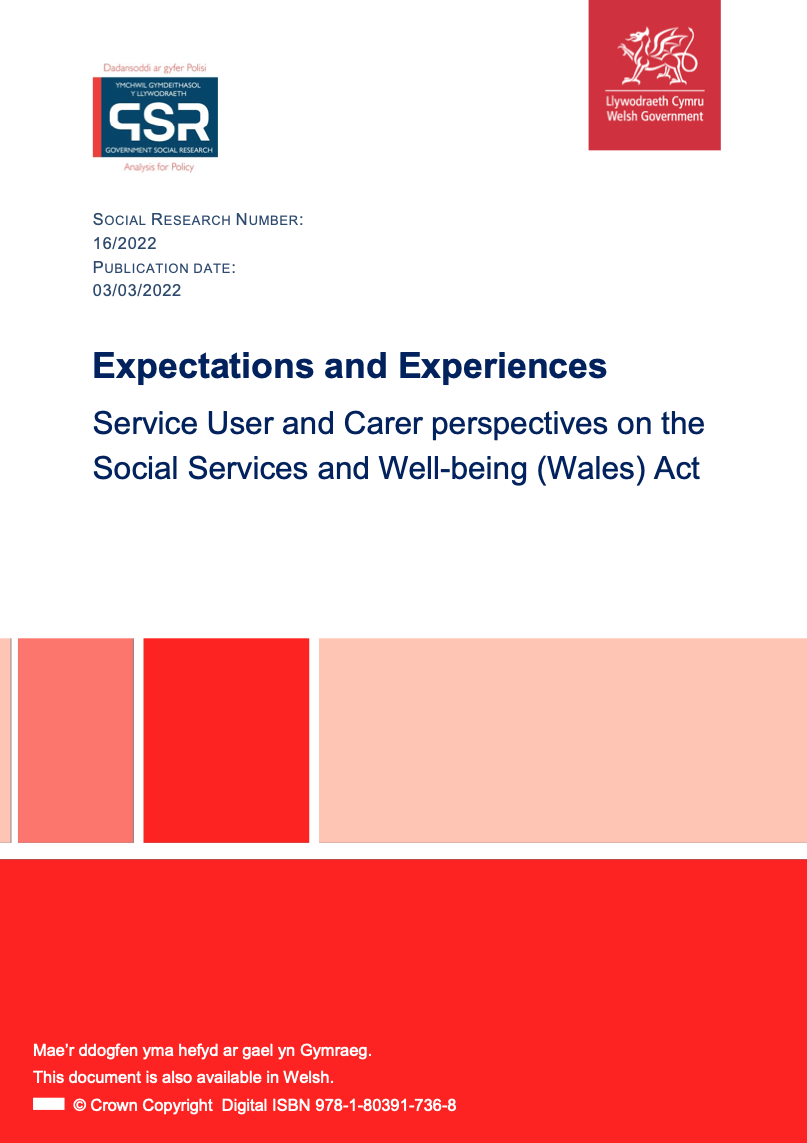 Research identifies gap between people’s expectations and their experiences of social services in Wales
Research identifies gap between people’s expectations and their experiences of social services in Wales
3 March 2022
Published: 'Expectations and Experiences' of service users and carers
Those people in Wales who depend on social services should be able to expect support when and where it is needed, and not have to fight to be heard.
That’s one of the key findings of the national evaluation of the Social Services and Well-being (Wales) Act 2014 led by researchers at the Welsh Institute for Health and Social Care (WIHSC), which is based at the University of South Wales (USW), working in partnership with Professor Fiona Verity of Swansea University and colleagues, and others from Cardiff Metropolitan and Bangor Universities.
The report provides findings from 170 people living in Wales who receive care and support or who are carers and is part of a wider evaluation of the Act, known as the IMPACT study.
Although some of the survey findings are positive – a number of respondents said they felt more noticed by professionals since the Act, and had a better relationship with their social worker – the survey did find a number of issues that need addressing.
Some responses highlighted individuals’ feelings of not being listened to, with them reporting they had to chase and fight for support, and often felt they were ignored unless they were facing a crisis. The report also highlighted individuals’ concerns about not being included in discussions and decisions about their support, being unsure about their rights under the Act, and difficulties receiving support in the Welsh language. Overall, people felt that their experiences under the Act had not met their expectations of what they hoped it would do
Professor Mark Llewellyn, Director of WIHSC and study lead, said the evaluation had raised important issues around the Act and would give the Welsh Government and social services professionals a yardstick against which improvements can be measured.
“The study has highlighted a gap that exists between people’s expectations of social services and well-being support, and how their experiences fall short of those expectations,” Professor Llewellyn said.
“The IMPACT study is now close to its conclusion, and in the next six months we will draw on all of the evidence gathered, and work together to find ways bridge the gap between the expectations the Act offered and the lived experience of those who feel their expectations have not been met.”
 GP Academic Fellows Scheme are recruiting
GP Academic Fellows Scheme are recruiting
An exciting opportunity has arisen in the Division of Population Medicine for an Associate Academic Fellow. The successful applicant will:
- Provide clinical support to General Practices in Deprived areas of SE Wales (2 days per week).
- Join a highly supportive interdisciplinary team at the Centre for Trials Research and the Division of Population Medicine working on a NIHR-funded public health priority COVID-19 clinical trial in primary care (2 days per week).
- Focus on teaching and professional development (1 day per week).
This is an excellent opportunity for a GP to kick-start a potential academic career whilst maintaining their clinical skills in areas of most need.
The role involves 2 days clinical, 3 days teaching, research, and professional development. Excellent opportunities including supporting the UK-wide public health priority PANORAMIC trial which is testing anti-virals for community treatment of COVID-19 Fully supported, no prior research experience needed.
For informal enquiries, please contact: Dr Harry Ahmed (Lead for the Academic Fellows scheme), or to speak to a current fellow, email Tom Purchase or past fellow, Leigh Sanyaolu.
Closing date: Friday, 25 February 2022
View the full job advert here.

New census highlights essential role of research nurses and midwives across Wales
11 February 2022
There are at least 265 research nurses and midwives across Wales, across all areas of healthcare, reveals a landmark new census initiated by a group of NIHR 70@70 Senior Nurse & Midwife Research Leaders.
The census, incorporating 7,469 responses from research nurses and midwives across all four UK nations and the Republic of Ireland, reveals nurses and midwives are working at every level in healthcare.
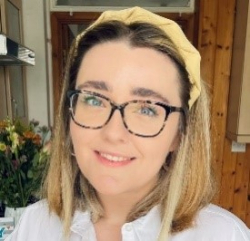 Cancer champions – to the local community centre… and beyond!
Cancer champions – to the local community centre… and beyond!
February 2022
In a blog for World Cancer Day, researcher DrPamela Smith discusses a community-based campaign to increase cancer awareness, which is being tested in the TIC-TOC study registered at the ISRCTN registry.
Encouraging people to seek help about potential cancer symptoms has never been more important. Research has found that early cancer help-seeking is poorest in the most deprived communities, partly due to not knowing which symptom(s) could indicate cancer, and fearful beliefs about cancer that put people off going to see their doctor.
 PRIME and WSSPR welcomes new team member, Dr Simon Newstead
PRIME and WSSPR welcomes new team member, Dr Simon Newstead
1 February 2022
We are delighted to welcome a new member of staff, Dr Simon Newstead.
Simon is working with Carolyn Wallace, University of South Wales, in the Wales School for Social Prescribing Research (WSSPR), and also the Care Closer to Communities workpackage.
Simon has previously worked with the Addictions Research Group in the School of Psychology and Therapeutic Studies at the University of South Wales, before transitioning to work within the School of Care Sciences on two projects. The first was an international project to help develop a consensus on primary health care response to family violence, and the second the development of a glossary of terms for social prescribing.
His MSc and PhD were both based in cognitive neuroscience. Prior to embarking on a career in research Simon worked within the community of Sheffield as a project worker, in a role that was very similar to that of a link worker.
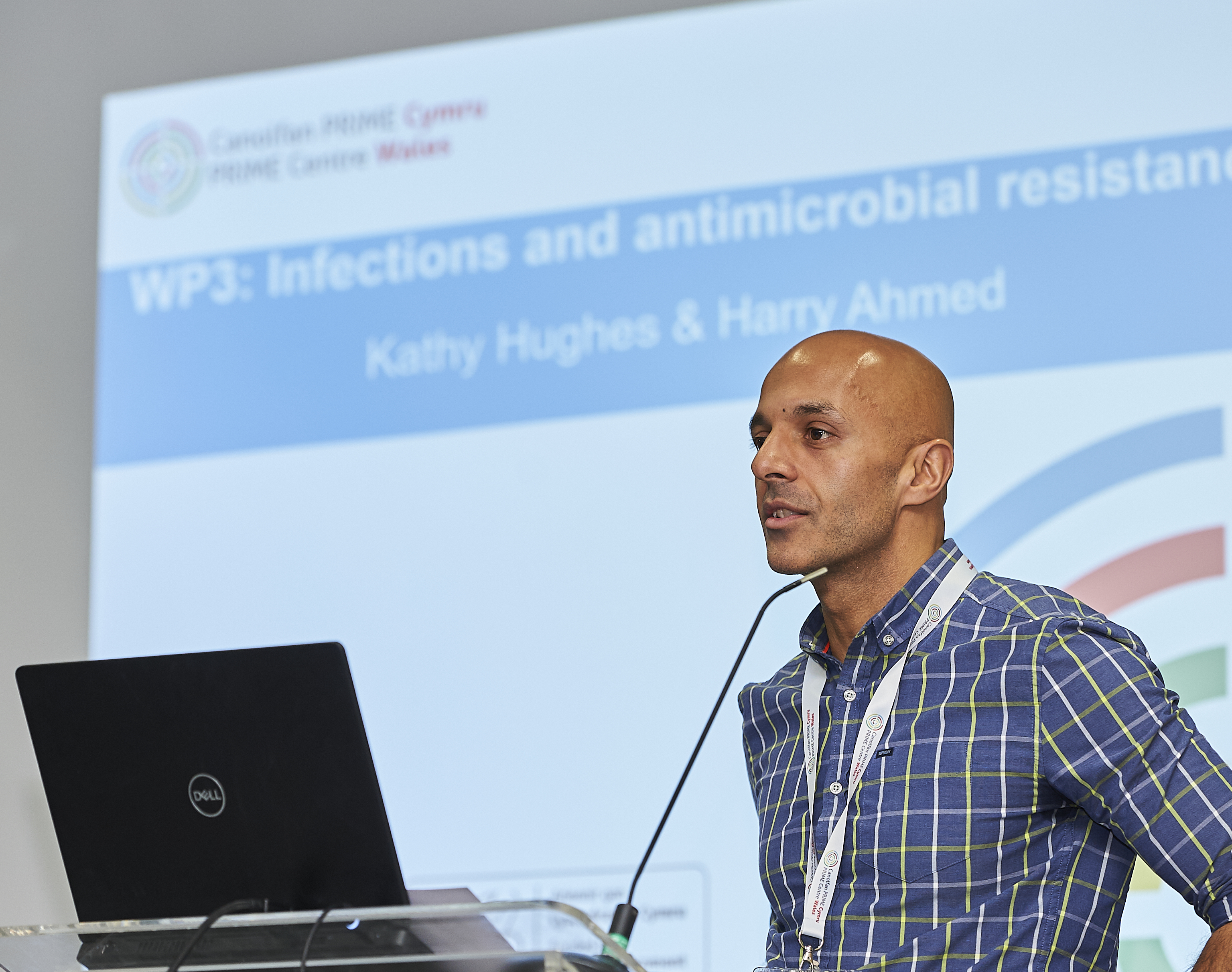 Welsh research could find new triggers of heart attacks and strokes
Welsh research could find new triggers of heart attacks and strokes
31 January 2022
A Cardiff University PRIME Centre Wales researcher is to lead a project to investigate any links between patients having urinary tract infections (UTIs) and suffering a heart attack or stroke.
Dr Harry Ahmed is a GP from Rhondda Cynon Taf, Lead for Infections Antimicrobial Resistance WP in PRIME Centre Wales, and Senior Clinical Lecturer in Epidemiology at Cardiff University's School of Medicine.
He hopes the study, funded by British Heart Foundation (BHF) Cymru, could lead to better outcomes for patients in the future. Dr Ahmed said:
“When a person has an infection, the immune system responds in a way that could affect the circulatory system; these changes may increase the risk of having a heart attack or stroke.
“Researchers previously found that the risk of heart attack or stroke is significantly higher following a respiratory tract infection, like influenza or pneumonia. This work led to a clinical trial where people leaving hospital after pneumonia will be given aspirin to see if it protects against heart attack.”
Dr Ahmed is leading a team of researchers at Cardiff University who have been awarded almost £220,000 by the BHF over three years to explore whether a connection can be made between patients who have been diagnosed with UTIs and an increased risk of heart attack or stroke. Read full story.
 Are you a UK based GP?
Are you a UK based GP?
Can you spare a few minutes to help with our research study? Cardiff University, Cardiff Metropolitan University and the University of Aberdeen are conducting a survey of GPs to understand what are the challenges to the delivery of Pernicious Anaemia treatment during the pandemic.
The team want to find out how challenges experienced may be overcome, in your perspective. This has not yet been explored in the UK. Results of this survey will help to identify key priority areas that need to be addressed for ensuring Pernicious Anaemia is adequately treated, that can be shared with relevant stakeholders. Thank you very much for your consideration.
Further information and the survey are available here.
 HTW Social Care Open Topic Call - deadline for submissions February 25th 2022
HTW Social Care Open Topic Call - deadline for submissions February 25th 2022
26 January 2022
Health Technology Wales (HTW) has launched its first Social Care Open Topic Call in collaboration with Social Care Wales.
Through this collaboration we aim to help address social care priorities in Wales by appraising the evidence on technologies believed to offer value for the people of Wales. HTW will then produce national guidance to inform technology adoption decisions within social care settings.
The Social Care Open Topic Call aims to identify non-medicine technologies or approaches to care which offer benefit in social care settings. These could include technology, equipment or different models for supporting families, children and adults.
Please see attached a letter inviting you to consider and inform of us any technologies or models of care and support whose adoption might support social care in Wales and which you think would merit appraisal by HTW.
We have also attached our press release.
We would appreciate it if any topics for appraisal could be submitted by February 25th 2022.
If you would like to speak to a researcher about submitting a topic please email Health.TechologyWales@wales.nhs.uk
A HTW researcher will support you to refer a topic and update you on the progress and outcome of the HTW appraisal.
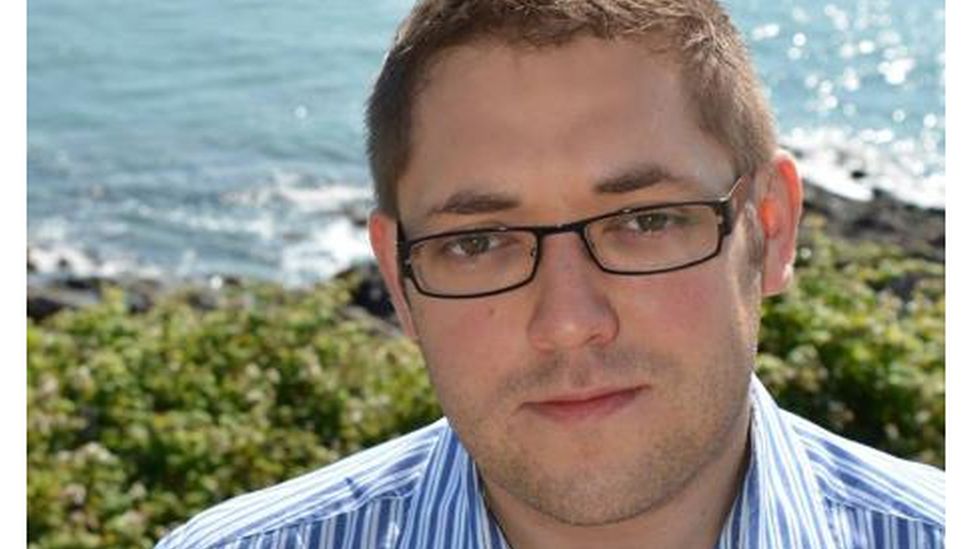 Expert comment on the PANORAMIC trial testing antivirals for early treatment of COVID-19
Expert comment on the PANORAMIC trial testing antivirals for early treatment of COVID-19
13 January 2022
Professor Kerry Hood, director of the Centre for Trials Research, Cardiff University and Dr Andrew Carson-Stevens (pictured opposite), clinical reader at Cardiff University School of Medicine and PRIME Centre Wales lead for patient safety, were interviewed about the first patients in Wales receiving antiviral tablets as part of a new trial.
The trial is being delivered by Cardiff University, Public Health Wale, and Health and Care Research Wales. It is hoped it will help more people with COVID-19 to avoid hospital.
Read the full story on BBC Wales website, and read more about the PANORAMIC trial on the Cardiff University website.
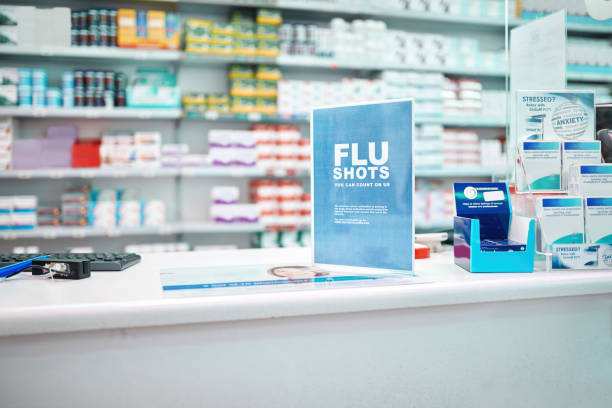 ‘Change of mindset’ needed to put clinical services at the forefront of community pharmacy work in Wales
‘Change of mindset’ needed to put clinical services at the forefront of community pharmacy work in Wales
11 January 2022
A review published by WIHSC today identifies that community pharmacies are well placed to deliver a range of extended clinical services in Wales, but a ‘change of mindset’ may be needed to bring this about. The review was commissioned by the Welsh Government to analyse dispensing volumes in community pharmacies across Wales.
The overall purpose of the study was to consider whether it is feasible to reduce prescription volume in primary care in Wales through practical changes to prescribing and dispensing arrangements; and whether such changes would release significant amounts of pharmacist time to provide direct care in the form of clinical services.
Read the full story on the Welsh Institute for Health and Social Care website.
 Society for Academic Primary Care (SAPC) annual conference - call for abstracts (closes 14th Feb)
Society for Academic Primary Care (SAPC) annual conference - call for abstracts (closes 14th Feb)
The Society for Academic Primary Care will be celebrating its 50th annual scientific meeting this summer. We are planning an in person event in 2022 thanks to our hosts at UCLan, Preston. Meeting dates: 4th to 6th July 2022.
Abstract submission is open and the deadline is 14th February 2022 - https://sapc.ac.uk/conference/2022
The conference is the showcase annual meeting for all those with an interest in academic primary care and a chance to share your research or innovations in education.
We would be delighted to receive abstracts outlining research, education and policy which align with our conference theme: Recovery and Innovation. However, submissions are welcome on any topic relating to research and educational activities in primary care both in the UK and internationally.
We are looking for submissions for short oral presentations (10 minute slots of 6 mins presentation & 4 mins Q&A), ePosters, workshops and creative pieces (including workshops).
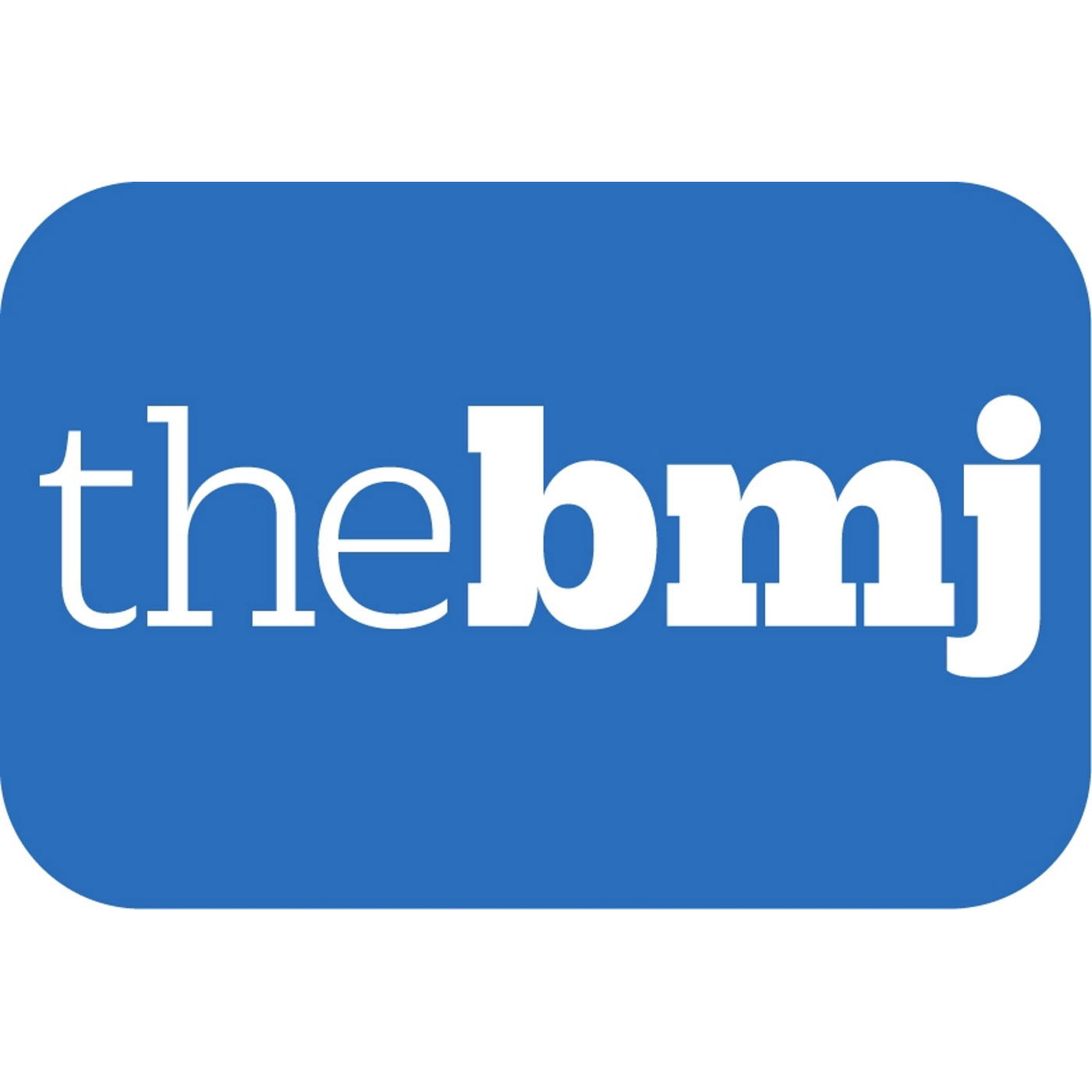 Respiratory tract infection and risk of bleeding in oral anticoagulant users
Respiratory tract infection and risk of bleeding in oral anticoagulant users
New PRIME research demonstrates the value of using data for safer patient prescribing
21 December 2021
Cardiff University researchers are using linked electronic health records from the Clinical Practice Research Datalink (CPRD) to understand how infection and antibiotic treatment affects people who use blood thinning medications.
The research is led by Dr Harry Ahmed, a GP and Senior Lecturer, at the Division of Population Medicine and PRIME Centre Wales, with colleagues from Cardiff University, University of Oxford, and the UK Health Security Agency.
In the first report from this research, the team used a study design where individuals act as their own controls to explore the risk of serious bleeding in the 90-days following a respiratory tract infection. They found that the incidence of serious bleeding among people using warfarin or direct oral anticoagulants increased in the 0-14 days following a respiratory tract infection, compared to other times.
Full findings of the study are published in the BMJ. The team hope that this study combined with further research from this programme of work will lead to safer treatment of infections in people who use blood thinning medication.
“This study demonstrates the value of using data to understand how we might make prescribing safer for patients. The research has potential implications for how patients and doctors manage oral anticoagulant use during an acute illness and warrants further investigation to understand how these risks might be mitigated.”
Article citation: Ahmed H, Whitaker H, Farewell D, Hippisley-Cox J, Noble S. Respiratory tract infection and risk of bleeding in oral anticoagulant users: self-controlled case series BMJ 2021; 375 :e068037 doi:10.1136/bmj-2021-068037
 Understanding barriers and enablers to the use of primary care remote consulting for suspected cancer symptoms among vulnerable populations
Understanding barriers and enablers to the use of primary care remote consulting for suspected cancer symptoms among vulnerable populations
PhD Studentship: North Wales Centre for Primary Care Research, Bangor University (Wrexham Site)
Closing date for applications: 17 January 2022
Project Title: Understanding barriers and enablers to the use of primary care remote consulting for suspected cancer symptoms among vulnerable populations
Studentship Details
Applications are invited for a full-time PhD studentship, jointly funded by and North West Cancer Research and Tenovus Cancer Care. The studentship is based at the North Wales Centre for Primary Care Research (NWCPCR), within the School of Health Sciences, Bangor University (Wrexham site), under the academic supervision of Dr Julia Hiscock (Bangor University), Professor Richard Neal (University of Exeter), Dr Grace McCutchan and Professor Katherine Brain (Cardiff University).
The studentship is for three years full-time. In addition to having tuition fees paid, the student will receive an annual tax-free stipend (£15,804 Year 1; £16,198 Year 2; £16,604 Year 3). Also included is funding for running costs of the project and for training and development. The studentship will commence in 2022. The specific start date can be subject to discussion and the agreement of the supervisors and funders.
Background
This study seeks to develop an intervention for primary care to improve early diagnosis of cancer, particularly for vulnerable groups, in the context of the increased use of remote consultation triggered by COVID-19.
It is known that vulnerable groups face more and different barriers to seeking help from primary care in general and are also more likely to receive their cancer diagnosis further in the disease progression. Timely diagnosis of cancer for vulnerable groups is therefore a key priority for policy and practice change. The COVID-19 pandemic in early 2020 triggered a rapid and widespread adoption of remote consulting in primary care. This has created entirely new, and as yet barely studied, patterns of consulting, access and diagnosis of cancer in primary care. We do not yet know how remote consulting will affect vulnerable groups. While it may create further barriers, exacerbating existing patterns of late diagnosis, it could also be a facilitator in some ways or for some groups.
Further information here.
What innovations help to attract, recruit and retain social care workers within the UK context?
December 2021
An evidence review from the Wales COVID Evidence Centre has been published which explores evidence on how to attract, recruit and retain Social Care workers in a pandemic.
Read the full report here.
 GPs views needed
GPs views needed
General practitioners’ perceptions on the delivery of replacement B12 therapy for Pernicious Anaemia during the COVID-19 pandemic in the UK
Pernicious Anaemia is an autoimmune condition where the body fails to absorb vitamin B12. In the United Kingdom, it is estimated that incidence varies between 1 and 5 per 100,000 cases per year. The condition is commonly diagnosed and managed in primary care and there is no research investigating GPs views in the context of Pernicious Anaemia.
Researchers at Cardiff University, Cardiff Metropolitan University, and the University of Aberdeen are conducting a survey study to understand the challenges faced by General Practitioners from across the UK to deliver Pernicious Anaemia treatment during the pandemic.
They are asking GPs to complete a short online survey to share their experiences. It takes approximately 15 minutes to complete.
Any queries please contact the Chief Investigator Dr. Lenira Semedo [ferreirasemedol@cardiff.ac.uk]. Your contribution to the study would be invaluable and may identify ways in which Pernicious Anaemia is managed in the future, from a GPs perspective.
Please access the survey by following the link: https://cardiff.onlinesurveys.ac.uk/general-practitioners-perceptions-on-the-b12delivery
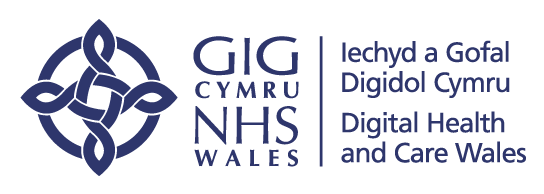 Public and patient views invited on the NHS Wales App
Public and patient views invited on the NHS Wales App
7 December 2021
Digital Services for Patients and the Public (DSPP) Programme run by Digital Health and Care Wales have started work on the NHS Wales App. The App will give people in Wales access to health and care services through their smartphones and tablets. Our programme is committed to ensuring that the app meets the needs of people in Wales.
To enable this, we are encouraging as many people as possible to sign up and get involved in activities that will help shape the development of the app. You can sign up here to register your interest in the NHS Wales App, complete a survey on your preferences, sign up for updates and get involved in further research activities.
999 EMS Research Forum conference
All in this together: collaboration in emergency prehospital care research
Due to the ongoing impact of the pandemic and current operational demand upon services the difficult decision has been taken to postpone the face-to-face element of this conference meeting until Tuesday 14 June 2022. We hope that you understand and look forward to seeing you online on 29 March and in person on 14 June 2022*
Tuesday 29 March & Tuesday 14 June 2022
Tuesday 29 March - Online
Tuesday 14 June - in person at Sheffield United Football Club, S2 4SU
Please note we are extending our call for abstracts deadline until Monday 20 December 2021 at 17:00hrs GMT.
Abstract(s) are invited for oral, elevator, and poster presentations on any aspect of research or quality improvement in prehospital emergency care. All successful abstracts will be published in the Emergency Medicine Journal and will have the chance to win a prize under the following categories:
- Highest quality research
- Research most likely to affect practice
- Most innovative use of routine data
- Best rapid elevator presentation
- Best poster
This conference is brought to you in association with Yorkshire Ambulance Service NHS Trust (YAS), Yorkshire Ambulance Service Charity, and The National Ambulance Research Steering Group (NARSG).

Research into the health and wellbeing of young people takes centre stage at Evidence into Practice Symposium
10 December 2021
Research aiming to improve the lives of young people was the focus of the Wales COVID-19 Evidence Centre’s (WCEC) Evidence into Practice Symposium, the first event of its kind since the Centre opened in March 2021.
The event included a presentation from the Minister for Health and Social Services, Eluned Morgan MS, thanking the research community in Wales for helping ensure research is recognised and valued as a fundamental part of health and social care and the COVID-19 pandemic response.

HSR UK Conference 2022
Our call for contributions for our annual conference is open!
We’re delighted to announce that HSR UK’s 15th annual conference will be held from 5 to 7 July 2022 at the University of Sheffield. For those who are unable to join in person, we will be offering an online option allowing access to the conference platform, on-demand content, and certain live streamed sessions.
Our 2022 conference call for contributions seeks:
- proposals for individual research presentations
- proposals for workshops
- proposals for learning and development sessions which will focus on developing and improving research skills (new for 2022)
Don't delay - the deadline is 7 Jan 2022. You can find more information about the call and how to apply on our conference website, along with examples of workshops and research presentations from our 2021 conference. Registration to attend the conference will open in early 2022 - watch this space for our announcement.
 Patients in Wales can play a key role in understanding long COVID
Patients in Wales can play a key role in understanding long COVID
1 December 2021
Long COVID patients, and those involved in their care, can take part in life-changing research studies to help find new treatments for the condition. A new report from the Wales COVID-19 Evidence Centre summarises nine studies which are, or will be, looking for volunteers in Wales.
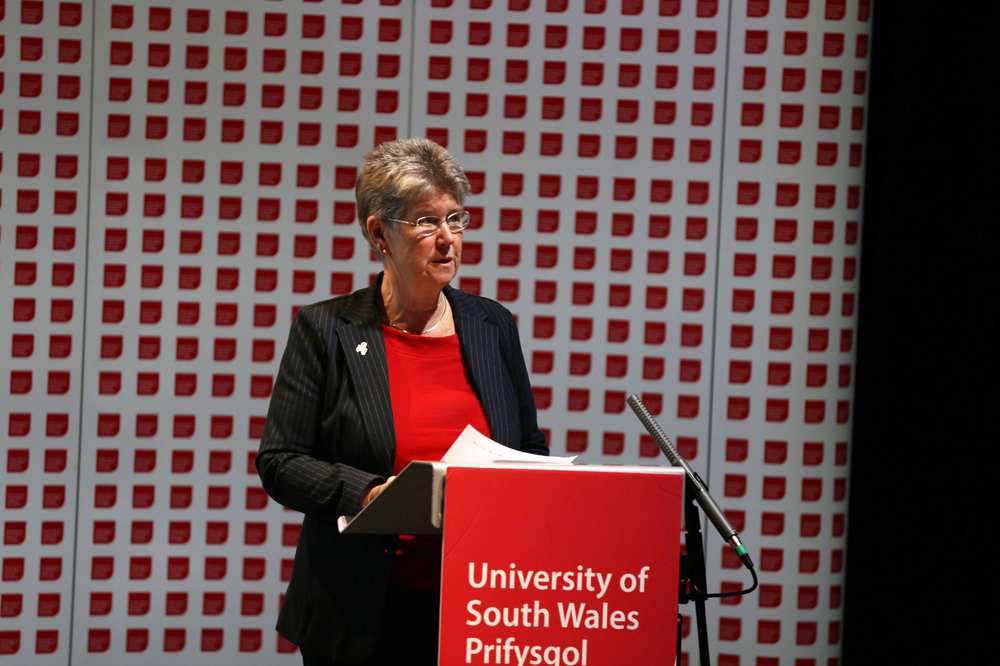 Research network launched to help eliminate Violence Against Women, Domestic Abuse and Sexual Violence
Research network launched to help eliminate Violence Against Women, Domestic Abuse and Sexual Violence
25 November 2021
Minister for Social Justice, Jane Hutt MS, has officially launched a research network led by the University of South Wales (USW) which will work towards the elimination of Violence Against Women, Domestic Abuse and Sexual Violence (VAWDASV).
The VAWDASV Research Network Wales was launched at USW’s Cardiff Campuson the 25th of November, marking the International Day for the Elimination of Violence Against Women.
The network is led by Dr Sarah Wallace, Senior Research Fellow at the Welsh Institute for Health and Social Care (WIHSC), and Dr Emily Underwood-Lee, Associate Professor of Performance Studies at the George EwartEvans Centre for Storytelling, University South Wales. It is supported by the Faculty of Creative Industries and PRIME Centre Wales, and is governed by a core group of academics, policy makers, and practitioners from the VAWDASV sector in Wales. It will also be supported by a dedicated member of staff from the Wales Violence Prevention Unit at Public Health Wales.
While planning the network, Drs Wallace and Underwood-Lee met the public-patient SUPER group to discuss how to ensure it addressed the needs of public members and what groups and perspectives should be involved in the network.
The aim is to develop an inclusive research community for Wales that provides a safe, open forum to bring together those who are working towards an end to VAWDASV to set the future research agenda, foster collaboration and develop grant applications, undertake high quality research, and work towards the elimination of VAWDASV.
Watch a video recording of the launch event on YouTube.
Read the full story on the University of South Wales news pages.
Follow the network on the Domestic Violence and Sexual Abuse Network Wales Twitter feed.
IMPACT study - Researcher and healthcare professions views wanted
As you may be aware, academics from the Welsh Institute for Health and Social Care, University of South Wales in partnership with others from Swansea, Cardiff and Bangor Universities have been researching the implementation of the Social Services and Well-being Act – the IMPACT study.
The study is being led by Professor Mark Llewellyn (mark.llewellyn@southwales.ac.uk). It commenced in November 2018, and publications from the work to date can be found here.
As part of their work, Prof. Carolyn Wallace is leading the aspect of the study concerned with the extent to which multi-agency work is working in practice. To help understand this in more detail, Carolyn is seeking the support of academics, colleagues and key stakeholders working across health and social care to move towards a consensus position in Wales against two key questions:
- What are the critical success factors for multi-agency working?
- Which critical success factors are most important and have most impact?
This is a programme of work evaluating the Social Services and Wellbeing (Wales ) Act 2014, funded by Welsh Government. This particular study is exploring multi-agency working using group concept mapping with an online software called GroupWisdom. In activity 1 participants were asked to brainstorm statements in response to a focus prompt “Multi-agency working within the context of the Social Services and Well-being (Wales) Act will be successful if…..”
We are now recruiting participants for activities 2 and 3, systematically sorting and rating the 77 statements. These activities take approx.. 20 minutes each. If you are interested in participating please contact Prof. Carolyn Wallace email Carolyn.wallace@southwales.ac.uk
Diolch yn fawr/Thank you,
Prof. Carolyn Wallace
Athro Gwasanaethau Iechyd a Gofal Cymunedol|Professor Community Health & Care Services
Gwyddorau Bywyd ac Addysg | Life Sciences and Education
Prifysgol De Cymru |University of South Wales
 Software to reduce emergency hospital admissions - Welsh GPs report mixed experiences on usability and benefit for patients
Software to reduce emergency hospital admissions - Welsh GPs report mixed experiences on usability and benefit for patients
16 November 2021
The study builds on earlier research by the same team showing that emergency admissions had gone up – not down - when the tool was introduced in Wales, which led to its rollout being halted, though it continues to be used widely in England, Scotland and Northern Ireland.
Researchers say the new study reinforces the need for more evidence and research on the implementation of the software and its effects.
The software is a risk prediction tool, which in Wales is called PRISM. It identifies people who are most at risk of needing emergency care, based on past use of healthcare, diagnoses and medications. The thinking is that targeted management of these patients can reduce emergency admissions to hospital, improve patient outcomes and experience, and provide better value for money.
- Read the full story here
- Listen to the BJGP podcast interview with Professor Helen Snooks, 16 November
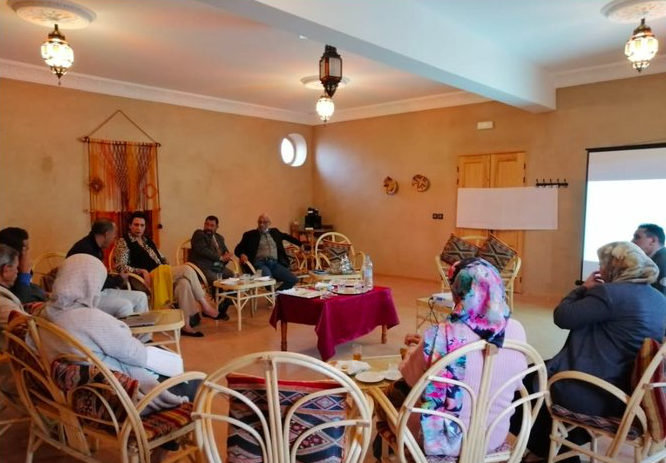 IMPact research project closes with final meeting for research team and partners
IMPact research project closes with final meeting for research team and partners
13 November 2021
A final meeting was held on 10th November to mark the end of the IMPact research project which engaged with children, families, and stakeholders to better understand the child protection system and practices in Morocco.
Study partners included Swansea University, the Global Challenges Research Fund from the UK Research and Innovation and Fondation Amane pour la Protection de l'Enfance for their constant support in this endeavour. Thank you to La Maison Anglaise, Morocco, for hosting focus groups and workshops.
The Moroccan Children's trust thanked all the participants and the research team (Professor Helen Snooks, Dr. Ashra Khanoum, Professor Ann John, Associate Professor Mary Rautkis, Dr. Christopher Hands, Mr. Ilyas Khlifi, Ms.Hajar Korda, Mr. Abdellah Soussi, Dr. Fadi Baghdadi) for their work on the project:
We look forward to our continued collaboration and research to support Moroccan children and families into the future.
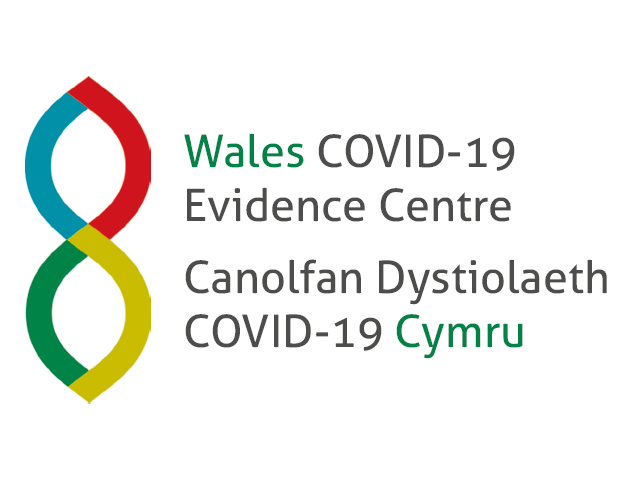 Read the latest news from the Wales COVID-19 Evidence Centre
Read the latest news from the Wales COVID-19 Evidence Centre
Find out more about the newly established Wales COVID-19 Evidence Centre, which was funded by Welsh Government through Health and Care Research Wales earlier this year, with coverage of their aims and first reports detailed in the first newsletter - out now.
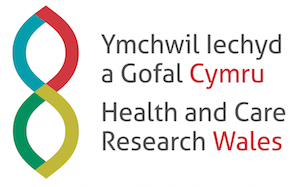 Could you be a Health and Care Research Wales of our next Senior Research Leaders?
Could you be a Health and Care Research Wales of our next Senior Research Leaders?
Health and Care Research Wales is pleased to launch the call for applications for our Senior Research Leaders Awards 2022-2025.
Health and Care Research Wales Senior Research Leaders are among the most prominent and prestigious health and care researchers in the country, and they play a vital role in leading and developing the health and care research community in Wales.
Find out more and apply on the Health and Care Research Wales website.
 SW SAPC 2022: Primary Care - Coming Together
SW SAPC 2022: Primary Care - Coming Together
Call for abstracts
The University of Exeter's Collaboration of Academic Primary Care (APEx) is delighted to be hosting South West SAPC on Thursday 10th and Friday 11th March 2022.
SW SAPC is the Society for Academic Primary Care's (SAPC) regional annual conference for clinicians and clinical and non-clinical academics in research centres across the south west to share the latest findings and activity in primary care research.
Abstract submission
- You don't need to login or register to submit an abstract - just fill in the online survey.
- Abstracts are limited to 350 words, excluding the title, author, and affiliation responses.
- We welcome submissions from early career researchers.
- We welcome abstracts outlining research, policy and education relevant to Primary Care. The South West SAPC 2022 theme is “Primary Care - Coming Together”.
- The deadline for abstract submission is 6pm on 26th November 2021.
- You will be informed of the outcome of your submission w/c 14th January 2022.
- Selected abstracts will be publicly available on our SW SAPC website.
Further information: https://medicine.exeter.ac.uk/research/healthresearch/apex/swsapc2022/#a3
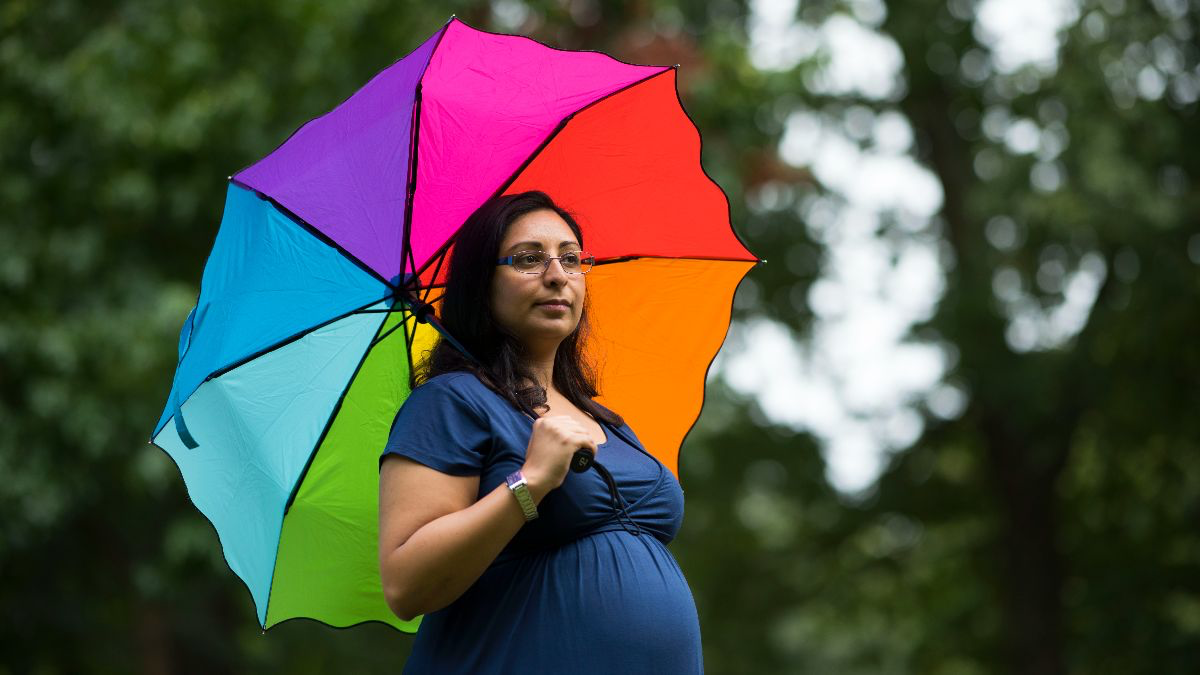 The research behind the safety of COVID-19 vaccines during pregnanc
The research behind the safety of COVID-19 vaccines during pregnanc
A summary of research evidence from the Wales COVID-19 Evidence Centre (WCEC) found COVID-19 vaccines to be safe and effective when given during pregnancy at any time and whilst breastfeeding.
In the report, developed in partnership with the Specialist Unit for Review Evidence at Cardiff University, the WCEC recommends health care professionals advise those who are pregnant to have the vaccine, particularly if they are part of an at-risk group.
From the research, the Centre also found there is an increased risk of becoming severely unwell with COVID-19 during pregnancy, and those who contract the virus are more likely to have pregnancy complications such as premature delivery or stillbirth.
Read full story on the Health and Care Research Wales website.
Welsh Clinical Academic Training (WCAT) fellowships
The WCAT fellowships are an exciting pathway of academic training, in run-through clinical fellowship positions within Academic Medicine and Dentistry.
They are a collaboration between HEIW/Wales Deanery and the major universities in Wales (Bangor, Cardiff & Swansea) in association with and receiving ring fenced funding from Welsh Government.
It is open to all trainees, from any specialty and at any grade (not final year of training) and important dates are:
Applications open: Thursday 4th November 2021 @ 10am
Applications close: Wednesday 1st December 2021 @ 4pm
For further information, please read the attached information sheet and person specification.
All queries: HEIW.WCAT@wales.nhs.uk
 Exploring barriers to undertaking research in North Wales
Exploring barriers to undertaking research in North Wales
Are you a researcher based in North Wales? The North Wales Organisation for Randomised Trials in Health & Social Care (NWORTH) would like to invite you to take part in a research studyexploring researchers’ perspectives on the barriers to undertaking research in rural regions of North Wales.
Access the survey here: https://bangor.onlinesurveys.ac.uk/exploring-barriers-to-undertaking-research-in-north-wales
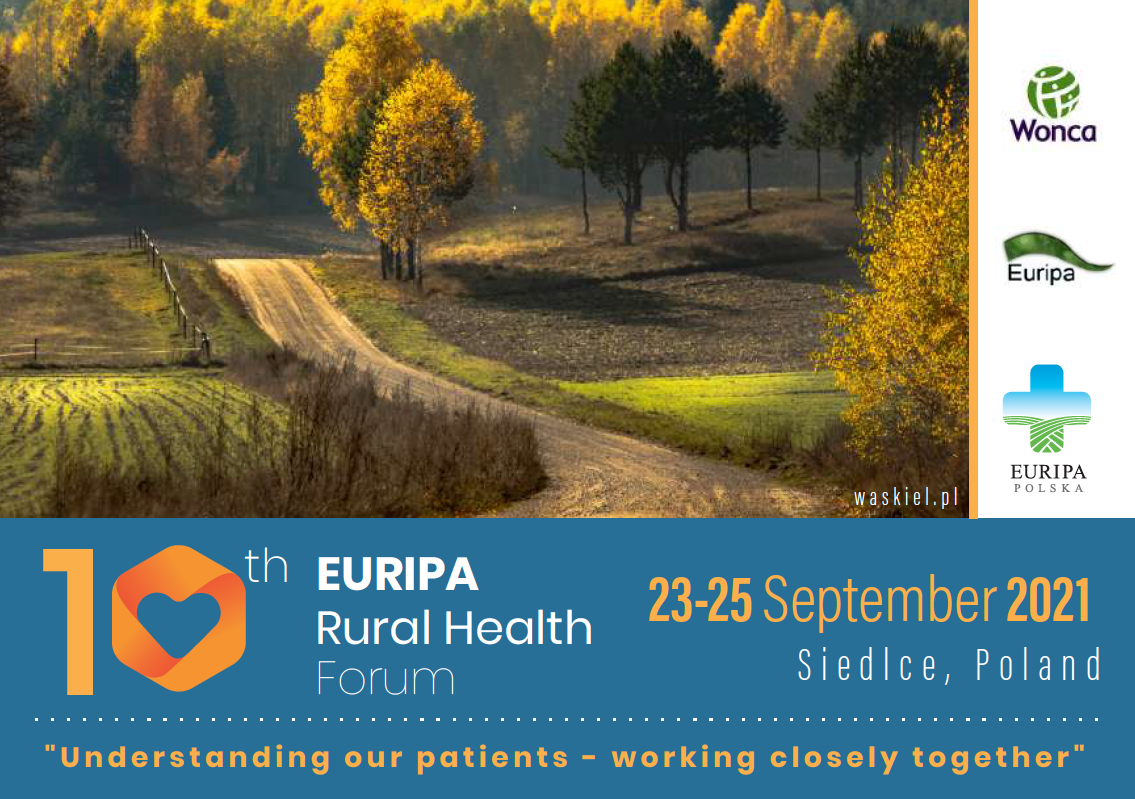 10th EURIPA Rural Health Forum in Siedlce, Poland
10th EURIPA Rural Health Forum in Siedlce, Poland
November 2021
The tenth annual meeting of the EURIPA Rural Health Forum was recently held in Poland in September.
EURIPA works towards supporting and uniting all the rural practitioners in Europe, strengthening rural teams, accentuating the rural-proofing approach, improving rural research and scientific impact of our Association, developing further international and overseas connections and assisting EURIPA in confirming its' place among other networks at the Council of WONCA Europe.
Former PRIME Centre Wales Associate Director, Professor Joyce Kenkre attended, providing a key note address and leading a workshop.
Read the attached EURIPA Grapevine newsletter (Autumn 2021) for further information about the meeting.
Read the latest Health and Care Research Wales annual report now
We have published the Health and care Research Wales 2020/2021 annual report which showcases an unprecedented time for research, including the set-up of 110 COVID-19 studies, and the recruitment of almost 50,000 volunteers in Wales.
Minister for Health and Social Services Eluned Morgan said: "It’s important to recognise how far we’ve come, and it would not have been possible without the commitment and skills of our research community, and the people who stepped forward to contribute to the studies and make the research possible."

Advancing Healthcare Awards Cymru 2021 shortlist celebrates outstanding contribution to research delivery
Allied health professionals and healthcare scientists across Wales delivering research have been recognised as the shortlist for the Advancing Healthcare Awards (AHA) Cymru 2021 has been announced.
There are eight categories to be awarded for the AHA Cymru 2021 in total, including the Award for Outstanding Contribution to Research Delivery, sponsored by Health and Care Research Wales.
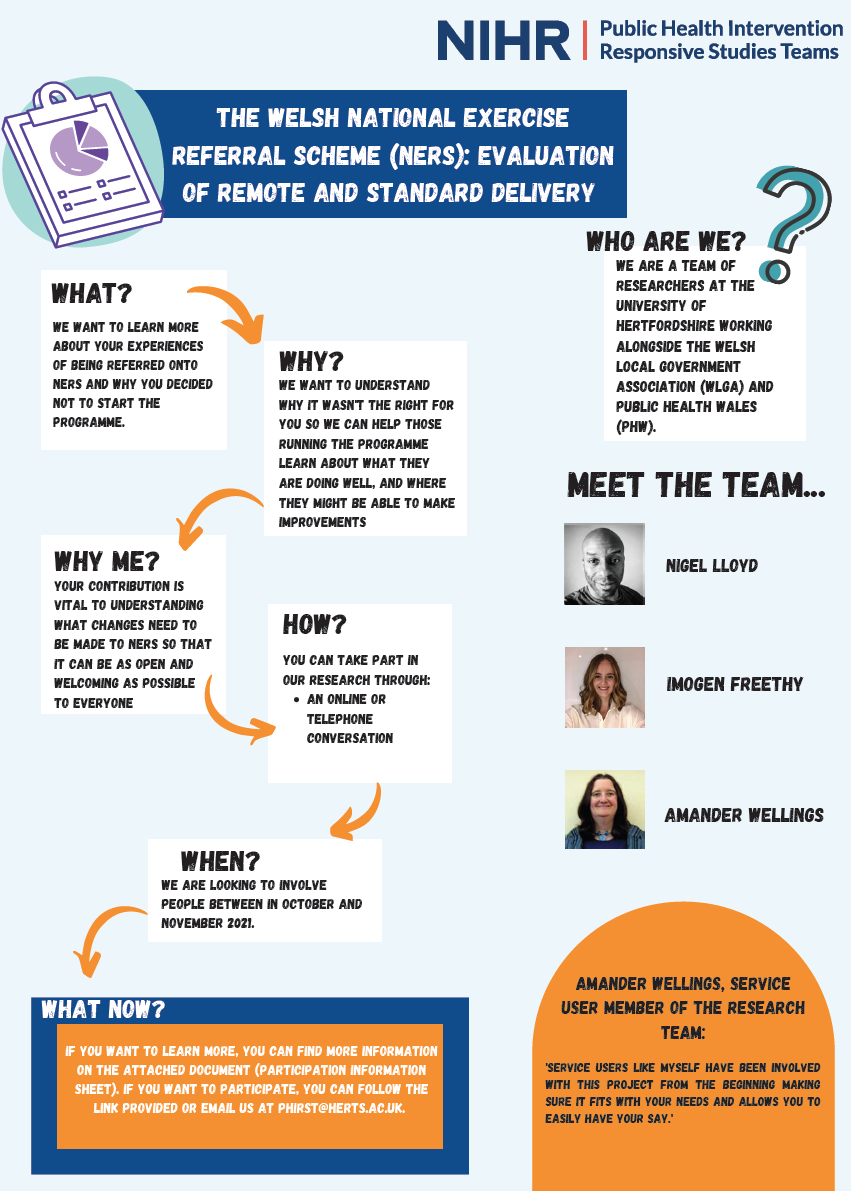 Have you been referred to the Welsh NERS?
Have you been referred to the Welsh NERS?
Public Health Interventions Responsive Studies Team (PHIRST) is a new programme funded by the National Institute for Health Research (NIHR).
The aim of the PHIRST is to find out what works and what does not work for different public health projects across the UK.
The Central PHIRST based at University of Hertfordshire are currently working with the Welsh Local Government Association and Public Health Wales to conduct an evaluation of some of the aspects of the Welsh National Exercise Referral scheme (NERS).
If you were referred on to the Welsh NERS scheme at any time between March 2019 and now, and for whatever reason decided not to take this up, we would love to hear from you!
For further information, please read the study flyer and Participant Information Sheet.
We are looking for community champions to work with us (Cardiff University) on a new study!
Based in the Cwm Taf Morgannwg University Health Board area (Rhondda; Taff Ely; Merthyr; Cynon).
Please share with your patient and public networks:
 New website launched to promote value of clinical academic careers
New website launched to promote value of clinical academic careers
Health and Care Research Wales is proud to endorse the Clinical Academic Training Forum’s new website: CATCH, the Clinical Academic Training & Careers Hub, which is the one stop shop for information on academic careers.
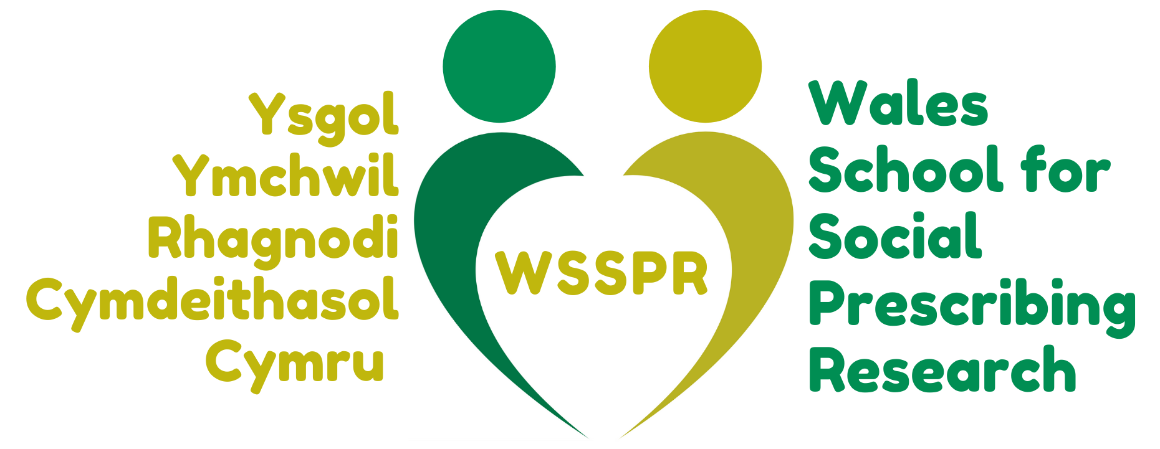 Understanding social prescribing in Wales
Understanding social prescribing in Wales
September 2021
Researchers at the Wales School for Social Care Prescribing, PRIME Centre Wales, Data Cymru and Public Health Wales have published findings of a baseline study to generate an understanding of understanding of social prescribing activity in Wales.
Social prescribing in Wales is defined as ‘connecting citizens to community support to better manage their health and well-being’ (Rees et al, 2019). It is a person-centred approach to empowering an individual to better manage their health and wellbeing through a number of activities (SCIE, 2020). There are multiple models of social prescribing working in Wales with practitioner roles based in places such as local authorities, third sector, housing, higher education, and primary care; and social prescribing activities most commonly based within third sector and community spaces. Read full story.
 Celebrating Nursing and Midwifery in Wales
Celebrating Nursing and Midwifery in Wales
Published: 30 September 2021
A new report published by Public Health Wales today, identifies that recognising and championing nursing on a global scale is essential to improving health for all.
The report identifies that nurses and midwives are at the heart of most health teams, playing a crucial role in improving and transforming health services, promoting health and preventing and reducing the impact of disease. Nurses and midwives ensure that the care being delivered is compassionate and of a high standard, which all patients and citizens should expect to receive.
The ‘Nursing Now’ global campaign originated from the Triple Impact report which argued that strengthening nursing would make a major contribution to three of the Sustainable Development Goals: Improved Health, greater gender equity and economic development. The campaign was launched in 2018 and endorsed by the World Health Organisation and International Council of Nurses and was a call to action at a local and global level promoting opportunities to raise the profile of nursing across a range themes, such as advanced and innovative practice, research capacity, leadership development to name but a few.
The campaign led to the WHO designating 2020 the Year of the Nurse and the publication of the first State of the World’s Nursing report.
It could not have been predicted that 2020 would bring the roles of Nurses and Midwives in the spot light, with the significant demands placed on them and other health workers by the impact of Coronavirus, highlighting even more the essential role they play every day in improving and protecting health. The campaign strongly encouraged local and national involvement set in the context of individual countries and settings. Read more.
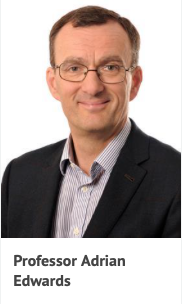
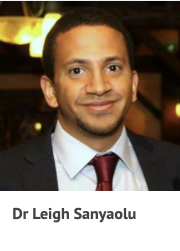
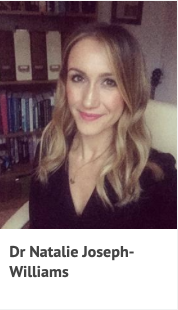 Incorporating shared decision making into everyday practice
Incorporating shared decision making into everyday practice
12 September 2021
In June 2021, NICE published its new guideline on shared decision making. Shared decision making is a collaborative process that involves a person and their healthcare professional working together to reach a joint decision about immediate or future care.
In this article published in Guidelines in Practice, PRIME Centre Wales researchers, Dr Natalie Joseph-Williams, Dr Leigh Sanyaolu, and Professor Adrian Edwards summarise the NICE recommendations on shared decision making.
Read the article here.
NICE. Shared decision making. NICE Guideline 197. NICE, 2021. Available at: www.nice.org.uk/ng197
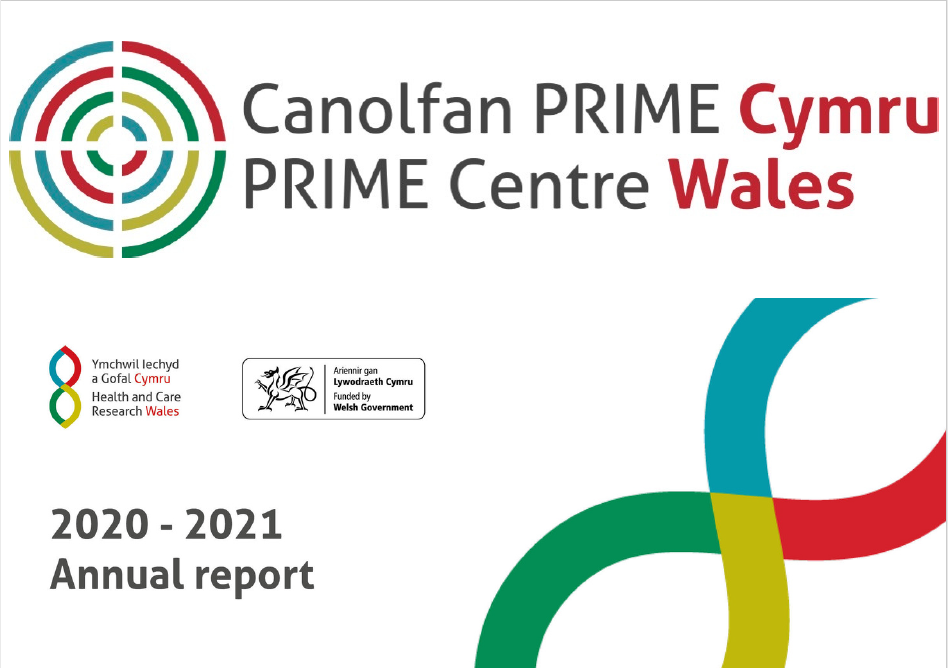 PRIME Centre Wales - Annual report 2021-22
PRIME Centre Wales - Annual report 2021-22
Find out how the PRIME Centre Wales research team has been working over the last year to support the research response to Covid019, as well as furthering the knowledge gap across primary and emergency acre research to address our key themes:
- Value-based primary and emergency care
- Seamless health and social care closer to the home
- Reducing health inequalities
The PRIME Centre Wales Annual report 2020-21 is available to view online and download here.
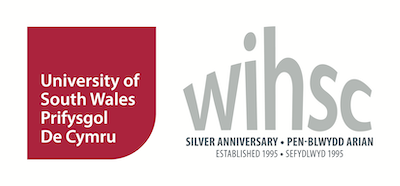 Take part in a study to help understand how multi-agency working is undertaken in practice
Take part in a study to help understand how multi-agency working is undertaken in practice
Academics from the Welsh Institute for Health and Social Care in partnership with PRIME Centre Wales and others from Swansea, Cardiff and Bangor Universities have been researching the implementation of the Social Services and Wellbeing Act. Part of this study is concerned with the extent to which multi-agency work is working in practice. Health and social care workers are invited to participate in the study by having their say on two key research questions:
- What are the critical success factors for multi-agency working?
- Which critical success factors are most important and have most impact?
To find out more and take part, email Professor Carolyn Wallace.
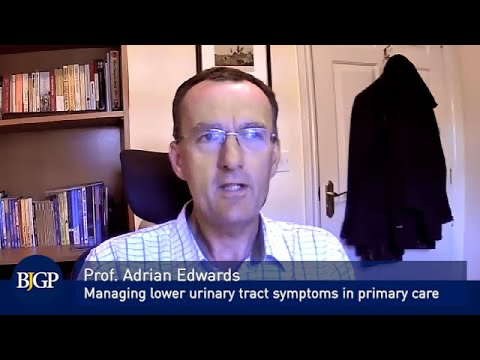 PRIME research featured in the British Journal of General Practice podcast
PRIME research featured in the British Journal of General Practice podcast
31 August 2021
Professor Adrian Edwards, Director of PRIME Centre Wales, has been interviewed about the PRIMUS study for the British Journal of General Practice interview and podcast series.
The PRIMUS study: Primary care management of lower urinary tract symptoms in men: development and validation of a diagnostic and decision making aid (The PriMUS Study). £1.5m, NIHR Health Technology Assessment (HTA) Programme.
- Interview audio: Managing lower urinary tract symptoms (LUTS) in primary care, British Journal of General Practice website
- Video: https://youtu.be/RwLt2jdiwco

Clinical Research and the Role of the Nurse - part 1
Behind the Health Statistic
A new episode of 'Behind the Health Statistic', a podcast series launched by the School of Healthcare Sciences at Cardiff University, is now available on Spotify. The episode, about the role of the research nurse, features interviews with Cancer Research UK Senior Research Nurse for Wales Mandy Edwards, and Trial Unit Manager at the University Hospital of Wales, Vianne Britten.
Access the podcast: https://open.spotify.com/episode/0fmt5hvyt2P5fNlbi6bySc
 Recent presentations from Emergency, Unscheduled and Pre-hospital work package
Recent presentations from Emergency, Unscheduled and Pre-hospital work package
- Professor Helen Snooks presented results from the TRIM study; What TRIage model is safest and most effective for the Management of 999 callers with suspected COVID-19? A linked outcome study at the College of Paramedics National Conference on 12-13 May
- The PRIME team in Swansea made several contributions to HSR UK conference on 6-8 July 2021 including:
- Dr Alison Porter presented a panel session (pictured opposite) on How to see a paramedic without calling 999 The who, what and why of paramedics working in primary care settings
- Professor Helen Snooks presented a panel session on Pros and cons of "Shielding" vulnerable people as a public health policy in the UK during the COVID-19 pandemic
- The following short presentations were also be given by:
- Mark Kingston - Emergency ambulance service calls for COVID-19 during the pandemic first wave from the TRIM study
- Professor Helen Snooks - 999 Emergency Ambulance Response during COVID 19 pandemic first wave - what triage models were used? from the TRIM study
- Dr Rabeea’h W Aslam - Cohort identification for observational analysis: Initial impressions from the STRETCHED study
These short presentations will be made publicly available on the HSR UK YouTube channel and fully searchable after the online conference platform closes at the end of September.
- Professor Alan Watkins and Professor Helen Snooks presented early findings from both the TRIM and EVITE Immunity studies to the Welsh Government COVID-19 Technical Advisory Group (TAG) research subgroup in July
- Professor Helen Snooks and Mark Kingston presented a Wales perspective on emergency admission risk stratification tools in primary care, building on findings from the PRISMATIC and other related studies to an NHS England and Virtual huddle ‘risk stratification in England, Wales and Scotland’ on 2nd July; to 200 invited delegates.
 PRIME research findings:
PRIME research findings:
604,000 Calls to 999 for covid in first wave, with care provided varying widely across the UK - national ambulance survey
18 August 2021
Over 600,000 emergency calls to 999 during the first wave of the pandemic were for suspected Covid, with ambulances sent in almost 80% of cases and 43% of patients being conveyed to hospital, a major new survey of UK ambulance services has shown.
Some services were much harder hit than others, with almost half of all calls to one service being Covid-related at its peak.
Care received varied widely by geographic area, with ambulances sent to under 60% of Covid callers in one service, but to 100% in another. The number of patients taken to hospital varied between 32% and 54% across the country.
The findings will help ambulance experts and policymakers plan for further waves and future pandemics, showing patterns of demand, and helping improve the safety and effectiveness of the NHS response. Read more.
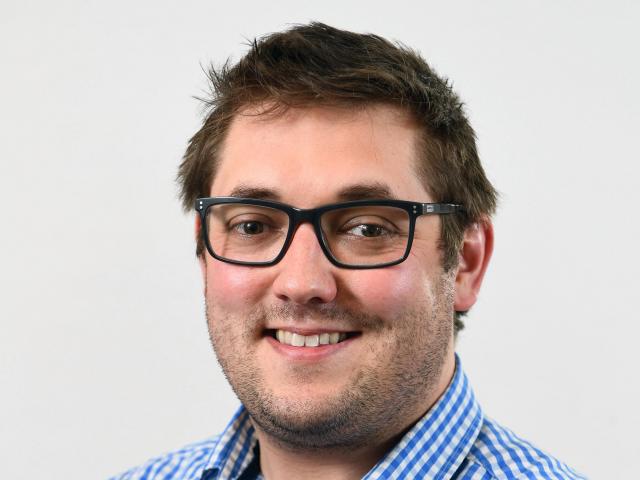 Recommendations issued to improve patient safety in acute medical units
Recommendations issued to improve patient safety in acute medical units
5th August 2021
Research led by Dr Andrew Carson-Stevens, Health and Care Research Wales Specialty Lead for Primary Care, into patient safety in hospitals has produced a series of recommendations to help reduce future incidents published by Health Europa news today.
 PRIME supported project researching long Covid awarded funding
PRIME supported project researching long Covid awarded funding
19 July 2021
PRIME Director Adrian Edwards and work package co-lead for person-centred care, Dr Natalie Jospeh-Williams are co-applicants on a bid recently awarded to research long Covid.
The project, called LISTEN, is being jointly led by Professor Monica Busse at Cardiff University’s Centre for Trials Research and Professor Fiona Jones, an expert in rehabilitation research at St George’s University of London and Kingston University, in partnership with the Bridges Self-Management social enterprise.
Together, the team will devise a personalised self-management programme for individuals with long Covid.
The project will take two years and aims to produce a personalised self-management programme, including a book, digital resources and new training package for rehabilitation practitioners. The new programme will be tested in a trial that will recruit individuals with long Covid from across Wales, London and the East of England.
“Our project will focus on navigating life after long Covid where the variety of problems and uncertainty around how to manage creates real struggles for those affected individuals,” said Professor Busse, director for Mind, Brain and Neuroscience trials at Cardiff University.
“We hope our work will lead to new models of care being available in the NHS for the benefit of those living with long Covid across the UK.”
Read full story on the Health and Care Research Wales website.
 More than one in five people ‘less likely to attend cancer screening post-pandemic
More than one in five people ‘less likely to attend cancer screening post-pandemic
CABS study update
16 July 2021
More than one in five people have said they are less likely to attend cancer screening now than before the pandemic, according to the initial findings of a UK-wide survey led by Cardiff University.
Despite the majority of respondents eligible for cervical and/or bowel screening saying they would “definitely” participate in their next screening, a substantial minority said they would be “less likely” to attend screening now.
The researchers said national campaigns with clear messaging were needed to encourage people to consider taking part in cancer screening.
The COVID-19 pandemic has caused widespread disruption to cancer screening services, with the UK’s national cancer screening programmes effectively paused from late March to around June last year. Routine invitations are now being sent out – but there is a significant backlog of people waiting for invitations.
As part of the COVID Health and Help-Seeking Behaviour Study, researchers from Cardiff University and Cancer Research UK carried out a UK-wide study to assess attitudes towards screening during the pandemic.
A policy briefing on the findings released today reveals:
- 74% of respondents eligible for cervical screening said they will attend their next cervical appointment, while 84% of eligible respondents said they will participate in bowel screening;
- A substantial minority (30% of those eligible for cervical screening, and 19% of those eligible for bowel screening) said they are less likely to take part in cancer screening now than before lockdown;
- Three-quarters (75%) said they were worried about delays to cancer tests and investigations, and to screening, caused by COVID-19.
 Wales Institute for Social and Economic Research and Data (WISERD) - Well-Being Network, call for members
Wales Institute for Social and Economic Research and Data (WISERD) - Well-Being Network, call for members
14 July 20221
The Wales Institute of Social and Economic Research and Data (WISERD) has formally launched a new WISERD Well-Being Network. From the various contacts we have across WISERD, your name is included on a list of those who may be interested in joining the network. And please feel free to forward this communication to anyone else you think may also be interested in joining the network.
Why has the network been set-up?
The network has been set-up in recognition of two main factors which have profoundly affected well-being research in recent years.
First, the increasing academic importance of well-being research for understanding civil society and its goals, coupled with the growing political significance, in Wales and elsewhere, of using well-being as a key measure of social and economic progress.
Second, the increasing range of well-being research undertaken, from a variety of often disparate disciplines and settings, and for a number of different purposes.
What are the aims of the network?
Given the above in the development of well-being research, WISERD thought it timely to set-up a network with the following aims in mind:
To champion interdisciplinary well-being research, drawing from a range of disciplines, for example, (but not exclusively) social policy, sociology, economics, social geography, political science, psychology, criminology, health sciences, pedagogy, creative arts and cultural industries, business studies, and applied social and political philosophy.
To facilitate cross-organisational and intra/inter-institutional exchanges and partnerships, concerning well-being research,within and between the WISERD partners, other relevant research centres, individual researchers, and including those from outside the WISERD partner institutions.
To systematically engage in co-productive research reflecting the agendas, knowledge and experience of key non-academic stakeholders in well-being research, with a view to including these stakeholders in the research process, working alongside academics, and within various professional and policy-based contexts.
To inform and positively impact the development of policy and practice across statutory and non-statutory settings, for example, in social services, health, education, housing, income maintenance, education, youthwork, workplaces, community groups and activities, businesses and social enterprises, and other public, private, and third sector settings.
If you are interested in joining the network, please complete the pro-forma and send to Steve Smith, Co-Director of WISERD from The University of South Wales, and Head of the WISERD Well-Being network
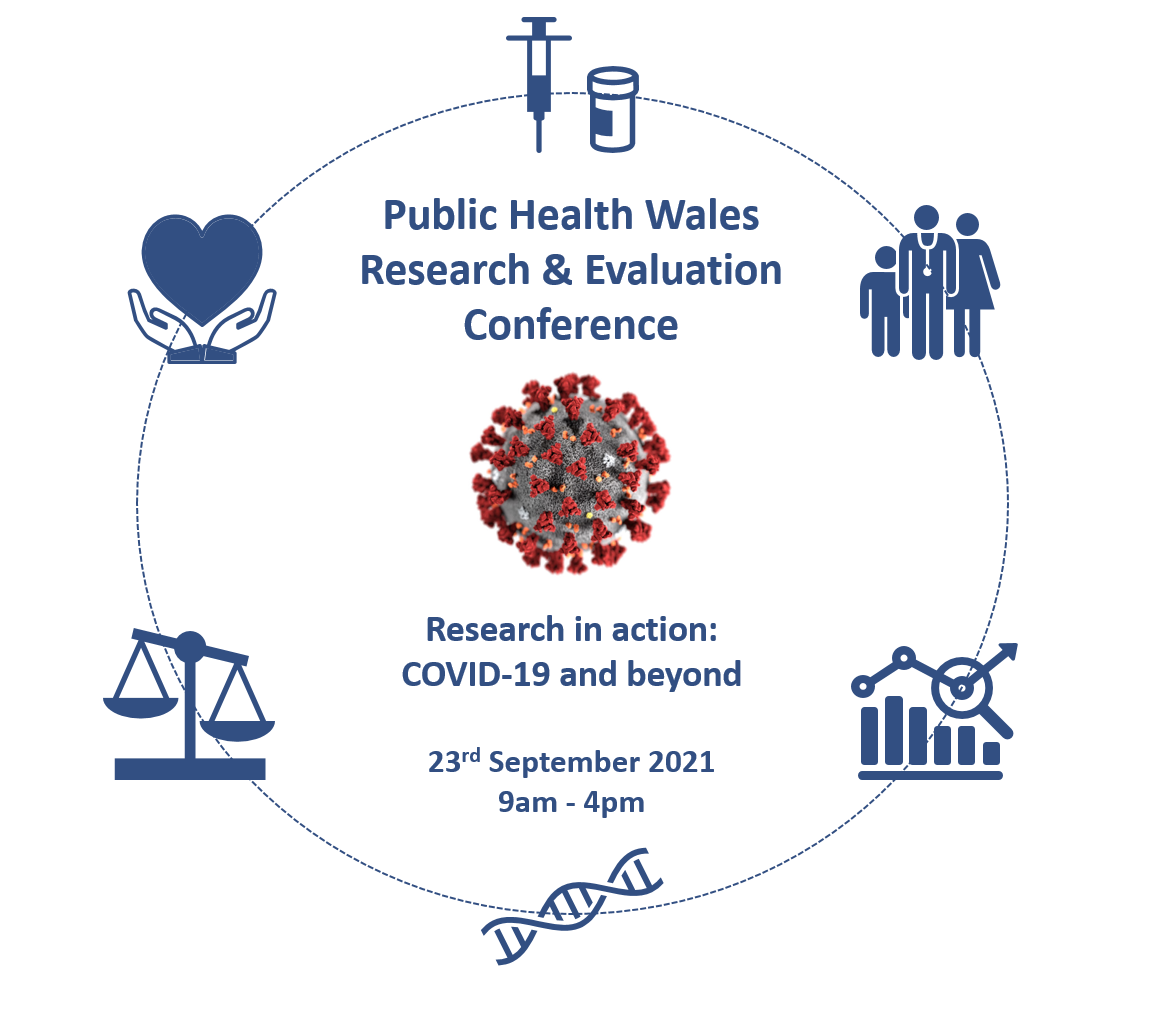 Public Health Wales Research & Evaluation Conference: Research in action: COVID-19 and beyond
Public Health Wales Research & Evaluation Conference: Research in action: COVID-19 and beyond
September 23rd 2021
9am - 4pm
CALL FOR RESEARCH SUBMISSIONS – DIGITAL ENTRIES
**PRESENTATIONS, VIDEOS, INFOGRAPHICS, ONLINE POSTER ENTRIES…..YOU CHOOSE**
We are calling for your research submissions to our upcoming annual Research and Evaluation Conference, 2021. Research in Action: COVID-19 and beyond.
We want to hear about your Research and Evaluation work in Public Health Wales and in partnership with other collaborators with a focus on innovation and learning from each other.
We are particularly interested in Research and Evaluation using innovative methodologies, involving new collaborations or using different methods of dissemination.
Conference themes will include:
- Health inequalities and vulnerable populations
- Health protection, screening and genomics
- Public health messaging, behavioural change and insights
- Use of data and data assets to improve population health
- Direct and indirect effects of COVID-19
We will feature your research either through a presentation on the day or through our interactive conference portal which will be voted on by our audience on the day.
Prizes will be for the following:
- Best communication of complex messages & data
- Best use of innovative methodologies
- Best use of creative design methods
- Best use of innovative dissemination methods
Closing date for research submissions is: 1st September 2021.
Please submit your Research Submissions by email to the Public Health Wales R&D Office or please contact us if you have any queries regarding the conference: phw.research@wales.nhs.uk
 Learning lessons from the community response to COVID-19 in Wales
Learning lessons from the community response to COVID-19 in Wales
29 June 2021
The Research and Evaluation Division at Public Health Wales are undertaking a national surveyof both volunteers and those who have more informally given up their time to help others during the pandemic. This project is in partnership with Wales Council for Voluntary Action (WCVA) and the University of Bristol. From this, we hope to learn more about the importance of community-led action in Wales - in response to and recovery from COVID-19.
We would like to thank all of you who have already completed our survey. So far we have heard from 1450 people, which is fantastic - and the insights we have gathered so far are hugely valuable.
Our survey is open for another WEEK. We would like to encourage anyone who has supported others in their community during the pandemic – either formally volunteering through an organised group, or through taking part in local community support, or more informally helping a friend or neighbour – to answer our short and anonymous survey. So that we can better understand how and why you have chosen to help others in your community since the pandemic started. This is your opportunity to share your experiences and ensure your voice is represented.
You can take the survey here: https://wh.snapsurveys.com/s.asp?k=162072332977
.png?timestamp=1626104879684) PRIME colleagues featured for Journal of Research in Nursing webinar
PRIME colleagues featured for Journal of Research in Nursing webinar
25 June 2021
Professor Joyce Kenkre (recently retired Associate Director of PRIME, University of South Wales), and John Wynn-Jones (PRIME All-Wales Steering Group lead for Rural Primary Care) featured with colleagues in the Journal of Research in Nursing's. The webinar was hosted in partnership with WONCA and focused on the theme of Rural Health.
View the podcast at: https://youtu.be/X2rHx8E1u_A
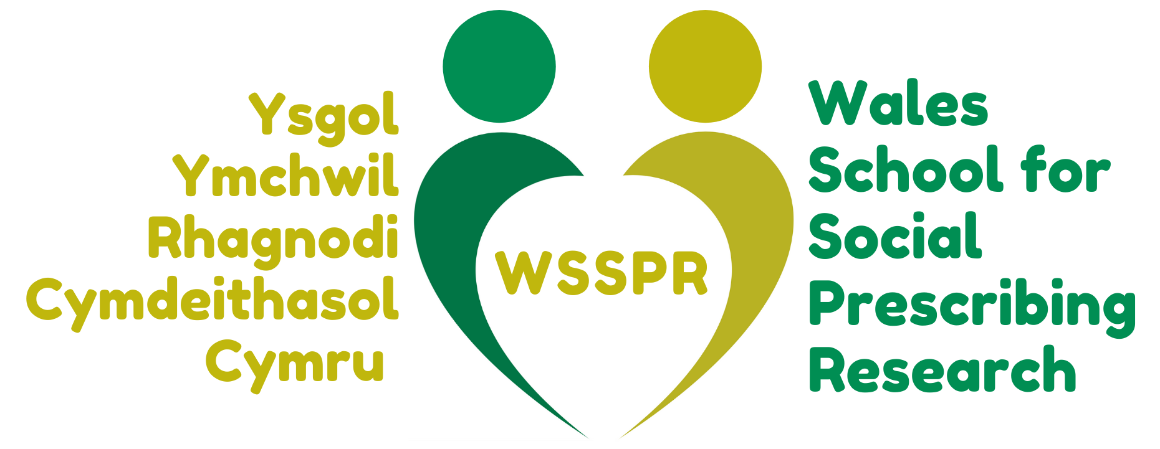 Social Prescribing Activity in Wales
Social Prescribing Activity in Wales
Public Health Wales (PHW) have been asked by the Deputy Minister for Mental Health and Wellbeing to scope out the social prescribing activities across Wales. This is part of the Minister’s Task and Finish group activities. The Primary Care Division of Public Health Wales is reviewing the current situation with regard to social prescribing on behalf of Welsh Government.
Data Cymru are undertaking a survey on behalf of PHW and the University of South Wales (USW). The findings from the survey will inform recommendations regarding the development of a national social prescribing model. This is an opportunity for you to have your say.
Please respond by 12th July 2021 at 5pm. The survey should take up to 30 minutes to complete. Please click the link below to access the survey.
https://www.smartsurvey.co.uk/s/rhagnodicymdeithasol_socialprescribing/
 A Realist Review and Evaluation of SPARK: An Arts in Health Intervention for Older People in Wales – MRes Scholarship
A Realist Review and Evaluation of SPARK: An Arts in Health Intervention for Older People in Wales – MRes Scholarship
Faculty Life Sciences and Education at the University of South Wales and the Wales School for Social Prescribing Research (WSSPR).
Project ID: 22414
Annual Stipend: £11.8k p.a
Application Deadline: Midnight Sunday 25th July 2021
Here is an exciting opportunity to study the SPARK Arts for Health intervention which could lead to entirely new approaches in the use of creative and participatory arts-based activities to reduce social isolation and loneliness for older people in Wales.
The selected candidate will apply their research skills and ambition to deliver this very topical evaluation project. This Realist Review and Evaluation study will allow the student to develop transferrable knowledge and skills in this emerging field of research spanning arts practice and social care.
This Knowledge Economy Skills Scholarship (KESS) project will be held in the Faculty Life Sciences and Education at the University of South Wales and the Wales School for Social Prescribing Research (WSSPR). KESS is a programme funded by the European Social Fund (ESF) awarded by the Welsh European Funding Office (WEFO) in the Welsh Government. The MbyRes will be undertaken in association with Re-Live UK. The project will focus on the experience of stakeholders associated with the delivery of the ‘SPARK’ Arts in Health intervention; a detailed evaluation of this will contribute to building an evidence-base for a participatory arts project, generating a Realist Programme Theory that will allow the intervention to be scaled and deployed elsewhere in Wales.
The project is backed by Re-Live: an award-winning charity providing a dynamic programme of Life Story Theatre, Arts in Health group work, and experiential training. Since 2006, Re-Live has worked alongside participant performers in devising theatre productions and creative work with vulnerable groups including throughout Wales.
Further information: http://kess2.ac.uk/22414-2/
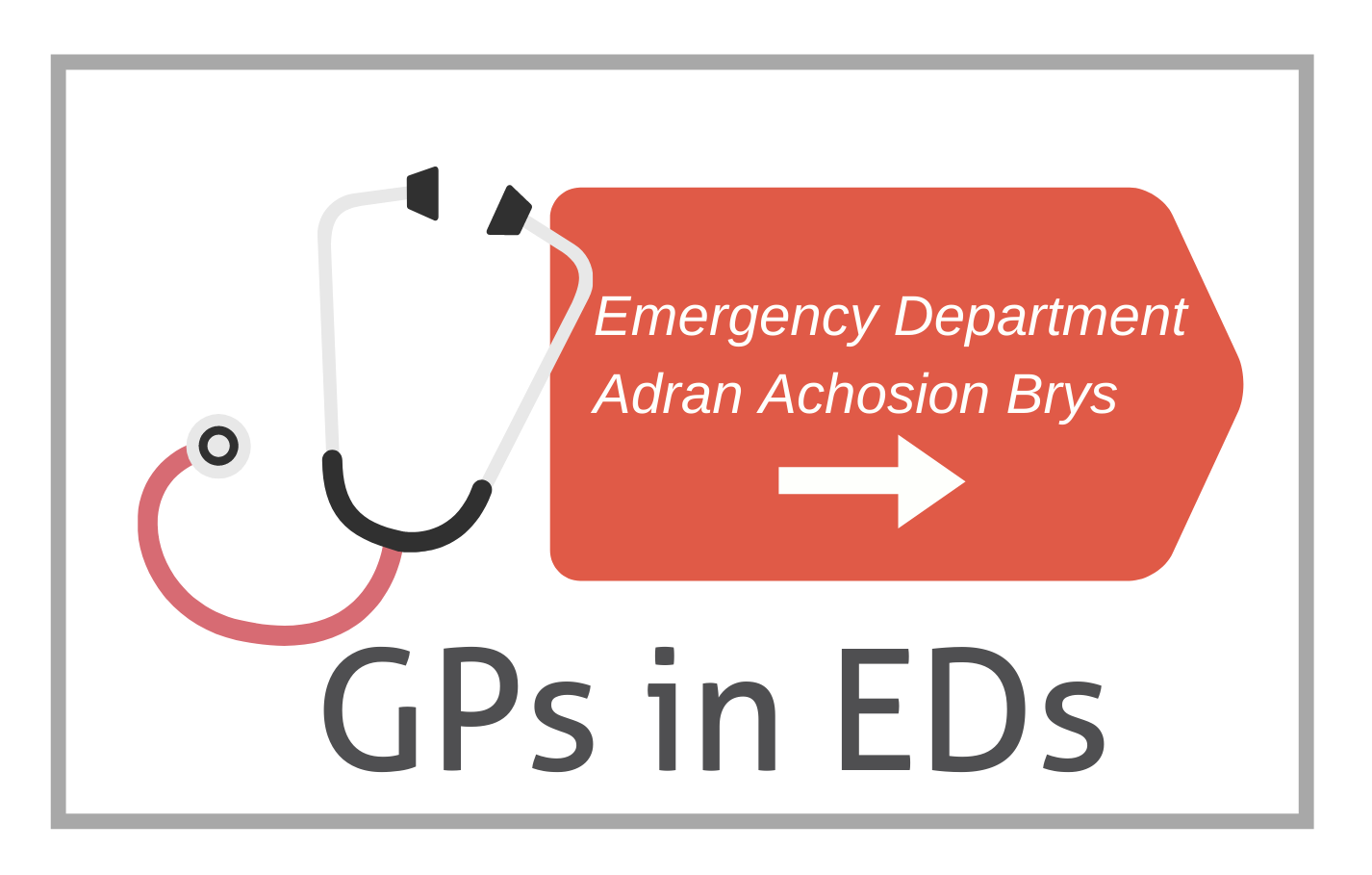 Putting patient safety first in the planning of GPs working in emergency departments
Putting patient safety first in the planning of GPs working in emergency departments
11 June 2021
The way in which patients are seen and treated in emergency departments has changed over recent years in England. One way in which providers have sought to improve the system is by placing GPs within or alongside emergency departments to address increasing demand.
However, there has been little research carried out to date to look out how safe this is for patients. The issue of patient safety has been highlighted recently by the World Health Organisation as a serious global health concern. Read more.
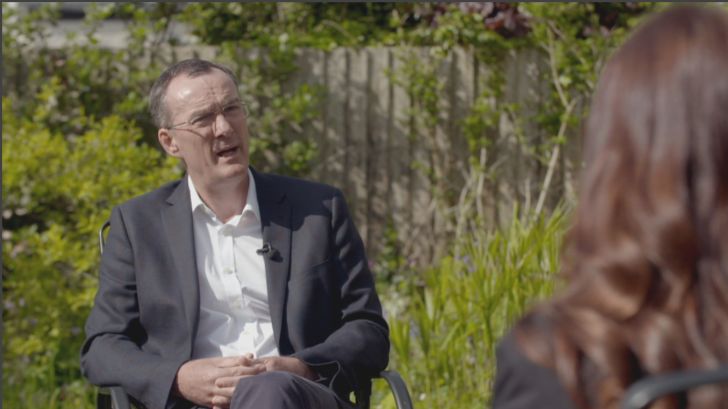 Adrian Edwards - Interview on ITV News feature (Wales This Week, 7th June)
Adrian Edwards - Interview on ITV News feature (Wales This Week, 7th June)
Professor Adrian Edwards, Director of PRIME Centre Wales and Wales-19 Covid Evidence Centre was interviewed for ITV News Wales the Week, broadcast 7th June (Series 3: Episode 9).
Professor Edwards provided expert comment as a practicing GP and Director of the Wales-19 Covid Evidence Centre on a new phase on the number people living with long term illness and long-covid in Wales following the Covid crisis.
- View the programme here: https://www.itv.com/walesprogrammes/articles/wales-this-week-series-3-episode-9
- Read the article here: https://www.itv.com/news/wales/2021-06-07/how-will-wales-cope-with-growing-numbers-of-people-living-with-chronic-conditions
- Learn more about the Wales-19 Covid Evidence Centre here: https://healthandcareresearchwales.org/about-research-community/wales-covid-19-evidence-centre

Red4Research - 18th June
#Red4Research Day on Friday 18 June 2021 aims to get as many people as possible wearing red to demonstrate their support and appreciation for all those participating, undertaking and supporting COVID-19 research.
It’s all about positivity, creativity and support in the face of adversity. #Red4Research is completely inclusive – anyone, any age, anywhere can participate – children, adults, even pets!
We’d love to see your photos and share them, so don’t forget to tag #Red4Research and @ResearchWales in your posts on Twitter, Facebook and Instagram.

Volunteers in Wrexham needed for world-first COVID-19 vaccine booster study
28 May 2021
Volunteers from within a 50-mile radius of Wrexham are now needed to take part in a new clinical trial to receive a third ‘booster’ COVID-19 vaccine.
Public Health Wales is recruiting over 30s who have had two doses of a COVID-19 vaccine to take part in this research study, including those immunised early in the vaccination programme.
Dr Orod Osanlou, Consultant Physician and Principal Investigator for Public Health Wales and the COV-Boost study said:
“While the current COVID-19 vaccines are highly effective at preventing severe disease, we just don’t know how long that immune protection from vaccination will last. It’s likely additional booster vaccinations might be needed for high risk groups after a period of time and that’s why we’re doing this research.”
 New 'EVITE Immunity' study to evaluate how well shielding against COVID-19 works
New 'EVITE Immunity' study to evaluate how well shielding against COVID-19 works
11 May 2021
Shielding vulnerable people has been central to the response to COVID-19, but how well does it work? A research team led by Professor Helen Snooks, PRIME Associate Director, will examine the evidence, to see what lessons can be learned for the future.
Working with the NHS, the researchers, from the PRIME Centre Wales' emergency, unscheduled and pre-hospital care work package, will consider how shielding affected deaths, hospital and intensive care admissions, COVID-19 infections, immunity status, safety, NHS costs, quality-of-life and how people complied with instructions.
Read full article on Swansea University newspages.
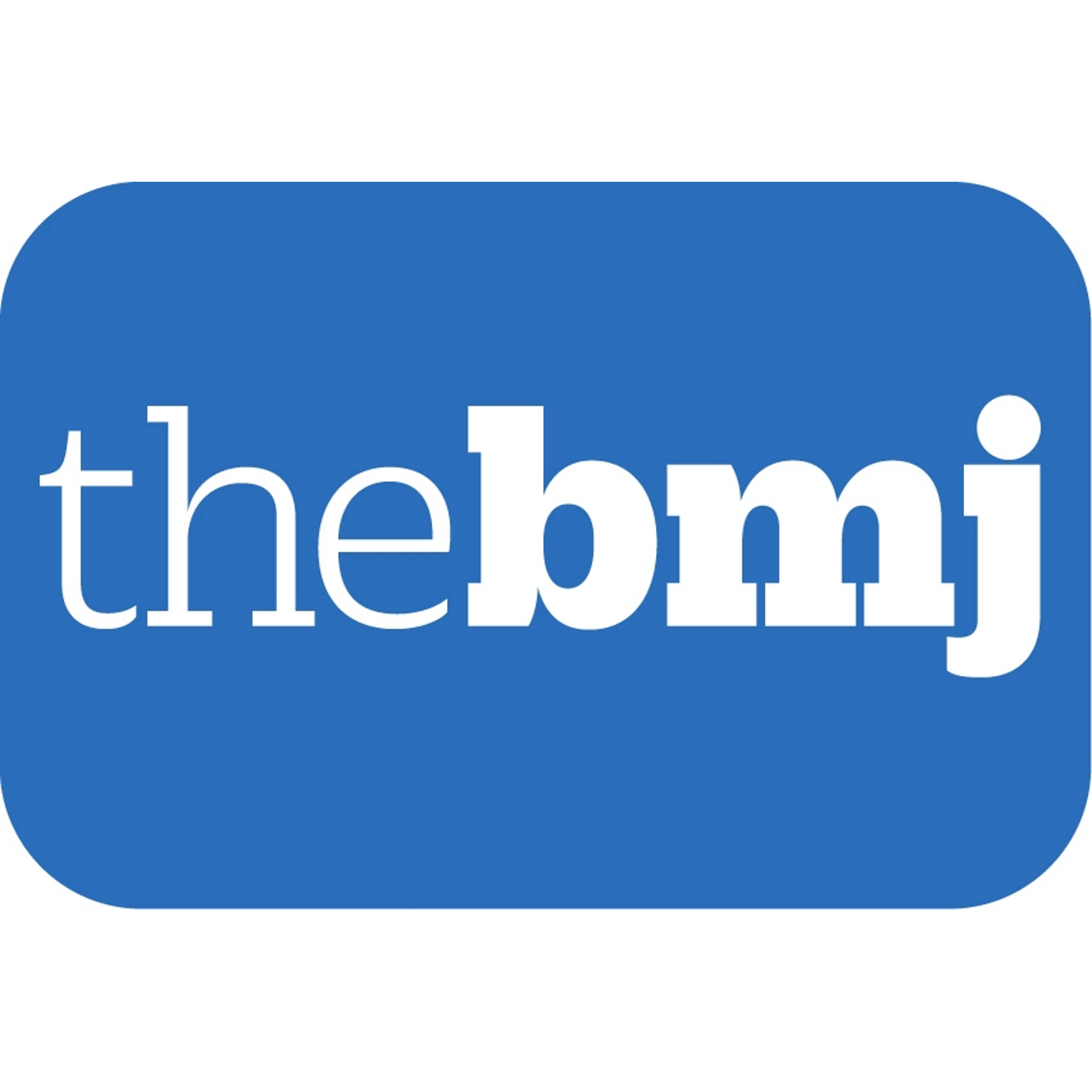 Rapid Response to: 'Covid-19: Government’s shielding scheme failed thousands of clinically extremely vulnerable people, say MPs'
Rapid Response to: 'Covid-19: Government’s shielding scheme failed thousands of clinically extremely vulnerable people, say MPs'
21 April 2021
A letter to the editor from Bridie A Evans and Professor Helen Snooks, has been published in the BMJ in response to recent report about shielding by the British House of Commons Public Accounts Committee highlights several flaws in the criteria for defining vulnerability to COVID-19 and delivery of the UK shielding policy from March 2020.
Rapid Response: Re: Covid-19: Government’s shielding scheme failed thousands of clinically extremely vulnerable people, say MPs. BMJ 2021;373:n1033 doi: https://doi.org/10.1136/bmj.n1033 (Published 20 April 2021)
 Sustaining community-led action in recovery: learning lessons from the community response to COVID-19 in Wales
Sustaining community-led action in recovery: learning lessons from the community response to COVID-19 in Wales
May 2021
The Research and Evaluation Division at Public Health Wales, in partnership with University of Bristol and Wales Council for Voluntary Action, are undertaking a national survey of volunteers and those who have given up their time unpaid to help their communities. We have commissioned Strategic Research and Insight Ltd (SRI), a third-party independent research company based in Wales, to collect the survey data on our behalf, so that we can better understand the role of community-led action in response to and recovery from COVID-19 in Wales. This project is supported by the Health Foundation, committed to bringing about better health and health care for people in the UK.
Public Health Wales is looking for anyone who has volunteered – from group-based support to assisting a neighbour – to answer our short survey so we can better understand how and why people have helped others in their community in different ways since the pandemic started.
You can take the survey here.
Invitation for content validity index participants - Adverse Drug Reactions (ADRe) profile study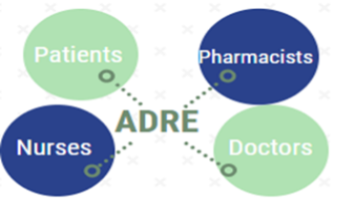
May 2021
Participants are invited to take part in a study on the Adverse Drug Reactions (ADRe) profile, conducted as part of a PhD project funded by Swansea University scholarship, supervised by Prof. Sue Jordan, Prof. David Hughes, and Dr. Adam Turner.
The ADRe Profile is an instrument that a nurse or carer can use to recognise any problems or signs and symptoms patients may have that may relate to adverse effects of prescribed medicines. At this early stage, we are interested in your expert opinion as a medical/healthcare professional on how relevant you think the questions in the ADRe Profile are in relation to medicines management.
If you think you can help, please complete our anonymous questionnaire, which will ask you to rate the items on the ADRe Profile and will take about 10 minutes to complete. Please feel free to forward the link to any eligible contacts you have.
Link to the questionnaire: http://psy.swan.ac.uk/webquest/adre-cvi/
Thank you for your help,
Vera Logan: Vera.Logan@swansea.ac.uk
Project website: http://www.swansea.ac.uk/adre/
 UK Public Health Science 2021: a call for abstracts
UK Public Health Science 2021: a call for abstracts
The Lancet is inviting abstract submissions for Public Health Science: A National Conference Dedicated to New Research in UK Public Health, which is to be held as a virtual conference on Nov 26, 2021. This annual conference aims to showcase the diversity, quality, and impact of public health research in the UK and Ireland.
Deadline for abstract submission:June 14, 2021
Find out more here.

Medicago COVID-19 vaccine trial - we still need you!
May 2021
Swansea Bay University Health Board and Public Health Wales are still seeking volunteers to participate in the latest clinical trial studying a vaccine against COVID-19.
While we now have several approved vaccines against COVID we need a range of vaccines that can work for a range of people and we need billions of doses to protect those most at risk.
People aged between 18 - 39, living within 50 miles of Swansea, are invited to sign up and take part.
New online public involvement in research training pack now available
19 April 2021
All research should support the general public to get involved, and a new online training pack has been developed in partnership with Health and Care Research Wales based on the work of the UK Standards Partnership Group.
The online pack provides everything you need to know on the UK Standards for Public Involvement, providing a clear framework for enabling good public involvement in your research.
Conducting focus groups in neurodegenerative disease populations: ethical and methodological considerations
April 2021
An article about the ethical and methodological considerations when conducting focus groups in neurodegenerative disease populations, worked on by researchers from the Centre for Trials Research and PRIME Centre Wales, has been published in the BMJ Open.
 New study to evaluate how well shielding against Covid-19 works
New study to evaluate how well shielding against Covid-19 works
16 March 2021
Professor Helen Snooks, PRIME Associate Director and Health and Care Research Wales Senior Research Leader, is leading a new study to evaluate the effectiveness of shielding from COVID-19. EVITE Immunity is using anonymised data held in the SAIL Databank.
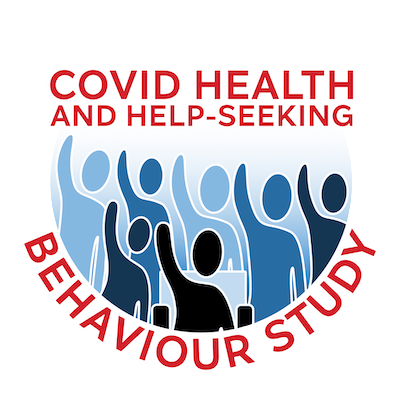 Nearly half of people with potential cancer symptoms in first wave of pandemic did not contact GP, study finds
Nearly half of people with potential cancer symptoms in first wave of pandemic did not contact GP, study finds
25 February 2021
Nearly half of people who experienced possible cancer symptoms in the first wave of the COVID-19 pandemic did not contact their GP, the initial findings of a UK-wide survey have suggested.
The research was carried out by researchers at PRIME Centre Wales, Cardiff University and Cancer Research UK, with preliminary findings focusing on the experiences of 7,543 people from March to August 2020.
Possible cancer symptoms were commonly experienced during the first wave, the survey found, with 40.1% of participants (3,025 people) saying they had experienced at least one potential symptom.
Of those who experienced symptoms, a substantial proportion (44.8%) reported not contacting their GP for any symptom, even for red flags such as coughing up blood (30.7% of those who experienced this symptom did not seek help), an unexplained lump or swelling (41% did not seek help) or a change in the appearance of a mole (58.6% did not seek help).
A policy briefing paper on the findings released today calls for coordinated campaigns across the UK to highlight that NHS services are open safely for anyone with unusual or persistent symptoms. Read more.
The race for COVID-19 research: applying for funding in a pandemic
12 February 2021
“Applying for research funding is always a bit frantic. During the first wave of COVID-19 infections, the application process did move faster, but as a researcher, you’ve got to get used to working at pace.
“We knew research priorities were rapidly changing and we had to start thinking differently. Now the focus had to be on what new funding was available and what opportunities it created.”
In Health and Care Research Wales' latest blog, Professor Helen Snooks, Health and Care Research Wales Senior Research Leader, shares her advice on getting funding for your research project.
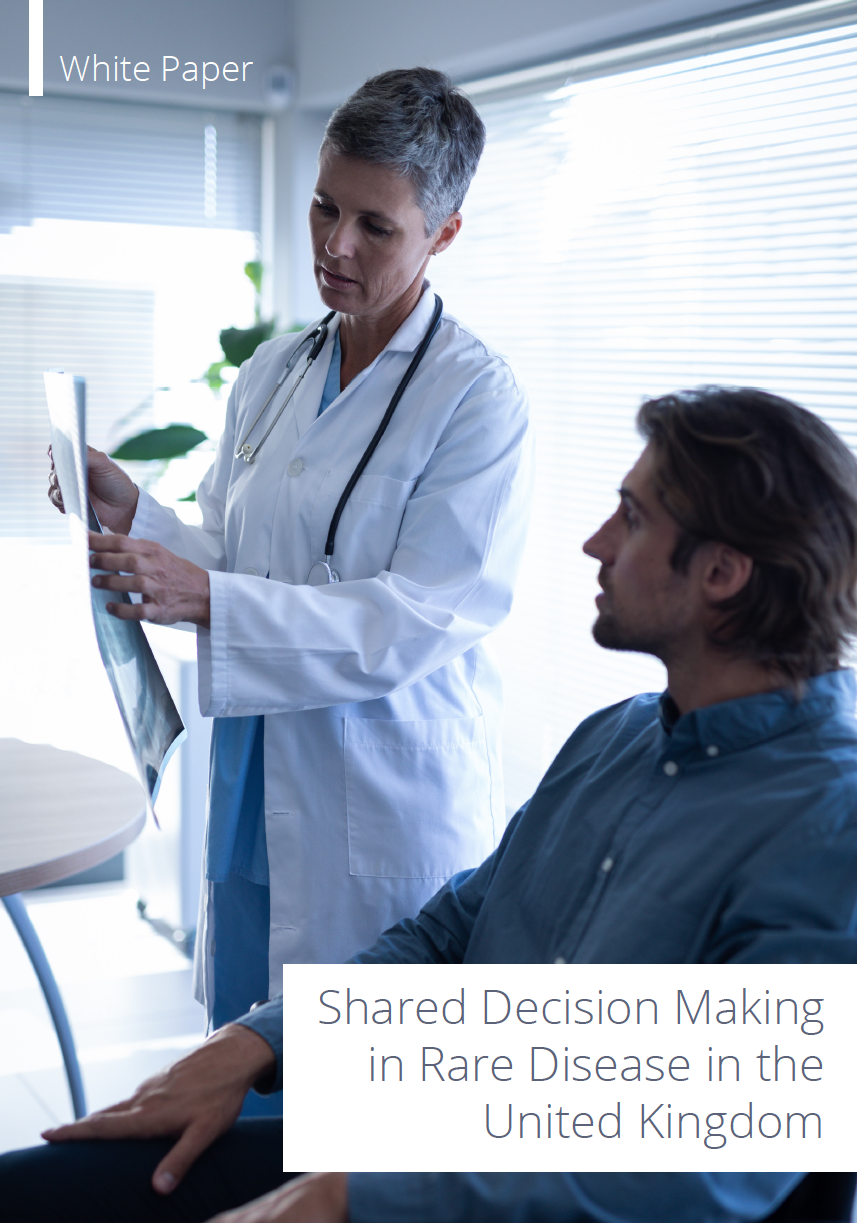 Shared decision making in rare disease in the United Kingdom
Shared decision making in rare disease in the United Kingdom
5 February 2021
A PRIME Centre Wales led White Paper has been published (Jan 2021) to address shared decision making for patients with rare disease.
There are always two experts in a consultation: the clinician and the patient. The clinician has medical knowledge and experience in evidence-based medicine and care. The patient is an expert in their own needs, values and personal circumstances – including experience of what it is like to live with their condition.
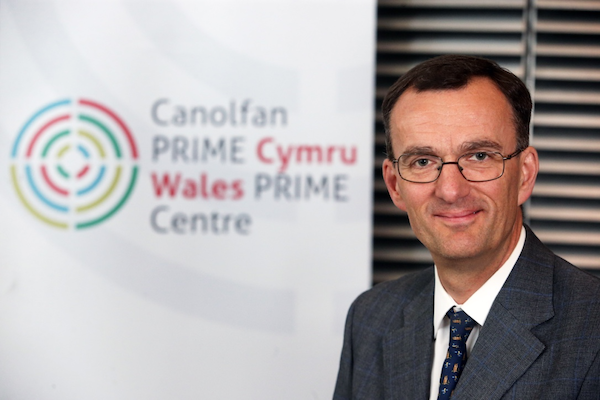 How the Wales COVID-19 Evidence Centre aims to find answers to ‘real-life problems’ in the pandemic
How the Wales COVID-19 Evidence Centre aims to find answers to ‘real-life problems’ in the pandemic
1 February 2021
Professor Adrian Edwards has been appointed as the Director of the new Wales COVID-19 Evidence Centre. The £3 million centre is being created by Health and Care Research Wales on behalf of Welsh Government and will be based at Cardiff University.
Here the Cwmbran GP of 25 years, academic researcher and dad of two writes about the evidence centre and what he hopes to achieve. Read more.

Survey: How are you using the UK Standards for Public Involvement?
29 January 2021
Launched in November 2019, the UK Standards for Public Involvement are designed to improve the quality and consistency of public involvement in research. A year later we'd like to hear how you are bringing the standards to life in your work.
If you've been involved in using the UK Standards in research, please fill in the survey and share your views.
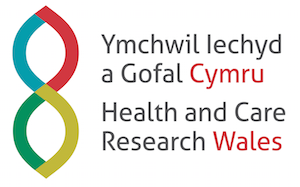 Health and Care Research Wales has appointed Professor Adrian Edwards as the Director of the new Wales COVID-19 Evidence Centre
Health and Care Research Wales has appointed Professor Adrian Edwards as the Director of the new Wales COVID-19 Evidence Centre
20 January 2021
The £3 million centre, announced in December, is being created on behalf of Welsh Government to make use of UK-wide and international research findings to answer key questions and support decision making in Wales. This could include addressing the long-term effects of the pandemic and investigating challenges such as infection control and social distancing, the consequences of isolation and the health effects of the economic disruption
The new Evidence Centre, based at Cardiff University, is due to open in the next few weeks with a dedicated team of key researchers. The centre will enable rapid access to key international research findings and evidence, so decisions can be made by Welsh Government and NHS Wales. It will also allow fast and focused research studies to be undertaken on a Welsh level, including into long COVID.
A professor of general practice at Cardiff University and part-time GP in Cwmbran, Professor Edwards will oversee the centre, which will draw on the expertise of academics and scientists across Wales. Read more.
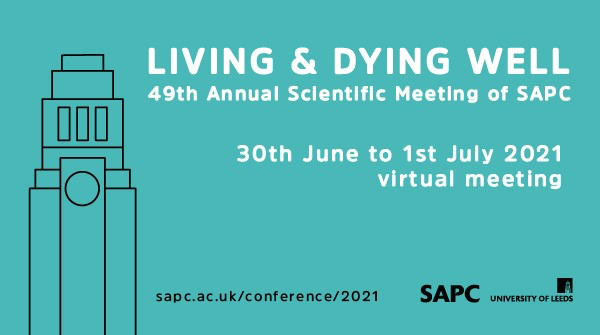 Call for abstracts for the SAPC ASM 2021
Call for abstracts for the SAPC ASM 2021
The SAPC ASM 2021 will be a virtual conference over two days: 30th June and 1st July 2021.
We are delighted to announce that abstract submission is now open. Abstracts are invited for short oral presentations, posters, workshops and creative enquiry pieces.
The Scientific Committee is continuing with the same theme Living and Dying Well that was planned for the ASM 2020 last year which will accommodate any work on COVID-19. The Committee is keen to receive abstracts outlining research, education and policy within primary care which speak to the Conference theme.
Submission deadline: 28th February

Welsh members of the public help launch new report showing importance of involving patients in COVID-19 research
15 January 2021
Adele Battaglia from Newport and Mari James from Pembrokeshire, are two members of Health and Care Research Wales Involvement Community who helped launch a new report from the Health Research Authority (HRA) which shows the importance of involving patients in the design of COVID-19 research.
Read more on the report on the Health and Care Research Wales website.
 PRIME co-led PhD studentship
PRIME co-led PhD studentship
Development and testing of the PAtient SafeTy risk Assessment (PASTA) tool to maximise learning from patient safety incidents in healthcare organisations
Applications are invited from exceptional candidates with a first class or strong upper second class honours degree, or appropriate Master’s degree.
We welcome applications for both full and part-time study, and studentships are available as either ‘1+3’ (i.e. one full time year of research training Masters followed by three years of full-time Doctoral study, or the part-time equivalent), or ‘+3’ (i.e. three years of full-time doctoral study or its part-time equivalent), depending on the needs of the applicant.
These studentships are ‘collaborative’ awards. Applicants should take careful consideration of the working title and description of the project, and may wish to contact the named member of staff for a discussion prior to applying.
- The Lead supervisor on this project is, Professor Maneesh Kumar, kumarm8@cardiff.ac.uk
- The ESRC Business and Management pathway lead is, Dr Nicole Koenig-Lewis, koenig-lewisn@cardiff.ac.uk
Details of the project:
This project is in collaboration with the School of Medicine and Cardiff and Vale University Health Board. The joint supervisor for this project is Dr Andrew Carson-Stevens (School of Medicine ), Clinical Reader of Patient Safety and Quality Improvement, & Founder/Convenor of the Patient Safety Research Group.
Healthcare is dangerous with one in 20 patients exposed to preventable harm in medical care. This translates to one patient safety incident occurs every 26 seconds in the NHS. The WHO recognises this a major threat to public health.
Healthcare organisational learning is key to minimising risk and improving patient safety. Despite major investments in health systems worldwide to understand risk, the statistic show minimal reductions in harm, serious error or death commensurate with the effort and costs of the system.
The fundamental flaw is that existing approaches seek to identify ‘linear’ cause and effect relationships in otherwise complex, adapting, fast-moving systems. Recent work from Kumar et al. emphasises the importance of systems thinking for better internal and external supply chain integration, and the importance of organisational learning that enables employees to identify weak signals before they transform into catastrophic failures. Similarly, healthcare researchers highlighted the importance of organisational learning to minimise healthcare errors.
Deadline for applications: 5 February 2021
 Welsh Government consultation on rebalancing care and support
Welsh Government consultation on rebalancing care and support
13 January 2021
The Welsh Government has published a White Paper consultation- Rebalancing care and support; a consultation on improving social care arrangements and strengthening partnership working to better support people’s well-being.
This consultation document seeks views on proposals to introduce new legislation to improve arrangements for care and support and strengthen partnership working to achieve the vision set out in the Social Services and Well-being (Wales) Act 2014 for people who need care and support and carers who need support. Proposals include setting out a clear national framework to support services to be planned regionally and delivered locally, and for the strengthening of partnership arrangements. Responses are required by 06 April 2021.
The consultation documents can be accessed from the Welsh Government’s website at https://gov.wales/improving-social-care-arrangements-and-partnership-working

Simple monitoring could reduce medicine misuse in care homes
11 January 2021
New research from Swansea University suggests that a simple nurse- or carer-led medicines’ monitoring system can help reduce medication-related illness for people living in residential care homes – and the process takes just a few minutes per patient.
The research paper published in the PLOS ONE journal looked how the monitoring system, known as the Adverse Drug Reaction Profile (ADRe-p), can help nurses or carers identify medicines’ mismanagement or adverse drug reactions in patients prescribed multiple medicines, and can help avoid medication-related harm and improve prescribing.
Professor Sue Jordan, who led the study said: “The problem presented by the scale and complexity of inadvertent harm from both use and misuse of medicines is very real, which is reflected in the World Health Organisation’s (WHO) Third Global Patient Safety Challenge aiming to reduce avoidable medication-related harm by 50% by next year. Read more.
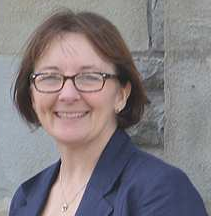 Cross professional collaboration study to investigate the value of monitoring chronic eye care conditions in the community
Cross professional collaboration study to investigate the value of monitoring chronic eye care conditions in the community
12 December 2020
PRIME researchers at the University of South Wales (USW) are part of team investigating the value of monitoring chronic eye care conditions in the community. The multidisciplinary group has won a Research for Patient and Public Benefit (RfPPB) grant from Health and Care Research Wales (HCRW) to investigate the benefits of monitoring any long-standing sight-threatening problems.
Professor Carolyn Wallace (pictured above right) and Dr Mark Davies of USW are part of the team, which also includes experts from Cardiff University, Swansea University, Sight Cymru, Aneurin Bevan University Health Board (UHB), and Optometry Wales. Professor Barbara Ryan, who is an optometrist at Aneurin Bevan UHB, is the Project Lead. Further collaboration also comes from the Macular Society, International Glaucoma Association, and the Wales Council for the Blind.
Professor Wallace comments: “Over recent years the workload on the hospital eye service in the UK has continued to expand beyond the capability of the available workforce. Since 2017, ophthalmology has had the highest number of outpatient episodes of any speciality in the NHS.” Read full story.
 The World Book of Family Medicine - WONCA Europe Edition 2020
The World Book of Family Medicine - WONCA Europe Edition 2020
Published on the occasion of the 25th Anniversary of WONCA Europe.
Since WONCA is all about collaboration and inspiration, the main focus of this edition lies on working together, with our partners, the networks. But also talented individuals. They wrote 25 contributions, 1000 words (more or less), 5 Take Home Messages (more or less) and 8 references. Most of the contributors stayed within those limits, but every rule has an exception – as we as family doctors are well aware of.
PRIME's research is featured on pages 43-45: Can Social Prescribing Benefit Health and Well-being in the Community? Workshop led by Joyce Kenkre. Read and download the book here.

£3 million investment into the impact of COVID-19 on Welsh health and social care
4 December 2020
Health and Care Research Wales will create the first Wales COVID-19 Evidence Centre on behalf of Welsh Government to analyse the impact of coronavirus and use research-based evidence to address new challenges as a result of the global pandemic.
The dedicated team at the new Evidence Centre will work closely with leaders in Welsh Government, the NHS and social care in Wales to provide the necessary evidence needed to make impactful decisions on diagnosis, care and procedures.
 Neighbourhood District Nursing research welcomed by health minister
Neighbourhood District Nursing research welcomed by health minister
01 December 2020
Vaughan Gething, Welsh Government Minister for Health and Social Services, has welcomed the publication of a PRIME Centre Wales/Welsh Institute for Health and Social Care, University of South Wales (USW) review into three Neighbourhood District Nursing Pilots. The two-year Welsh Government funded pilots commenced in April 2018.
The USW report highlights what has been learnt from the prototype Neighbourhood District Nursing Teams and how they fit within the 'A Healthier Wales' strategy. In March 2019, the Health, Social Care and Sport Committee held a one-day inquiry into community and district nursing. In August that year, the Committee published a report on that inquiry which included 10 recommendations. Nine of these were accepted by the Minister.
Two of these recommendations related to the Neighbourhood District Nursing Pilots, which were evaluated in the USW research. The first was if the pilots’ evaluation were positive, the learning should be rolled out nationally. Read full story.
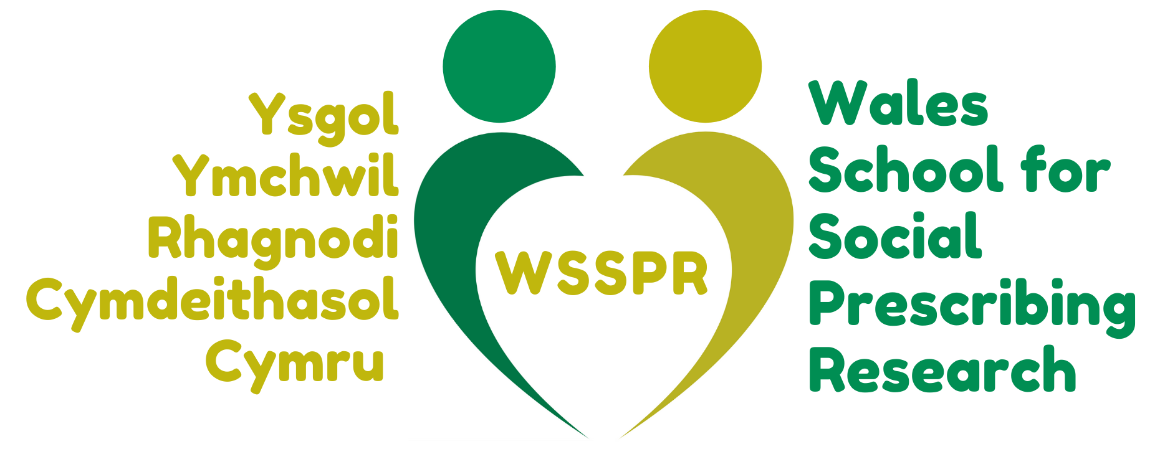 Invitation: Social Prescribing Quality Indicators GCM
Invitation: Social Prescribing Quality Indicators GCM
1 December 2020
Researchers at the University of South Wales and the Wales School for Social Prescribing Research (WSSPR) are running a study to identify quality indicators for social prescribing.
We would like to invite you to engage in three separate online activities over the next six weeks. The purpose of the exercise is to move towards a consensus position on what indicators should be used to measure quality in social prescribing across Wales.
The study will be run online using software called Group Wisdom and it will involve a brainstorming exercise, followed by grouping and rating activities all related to the topic. Each activity will last no more than 20-30 minutes and you can start and come back to the activity when you have some free time.
Action
Please indicate your interest in participating in this study by contacting wsspr@southwales.ac.uk. A member of the study team will then contact you with further information and send a consent form for you to complete. Once this is returned to them, they will provide you with a link to the software and a unique username and password.
We know how busy and challenging things are at the moment, but hope that you might be able to find a short amount of time to help us develop these indicators.
Thank you in anticipation of your participation, it is very much appreciated. If you have any queries please don't hesitate to contact the research team: wsspr@southwales.ac.uk.
Best wishes,
Prof Carolyn Wallace & Megan Elliott
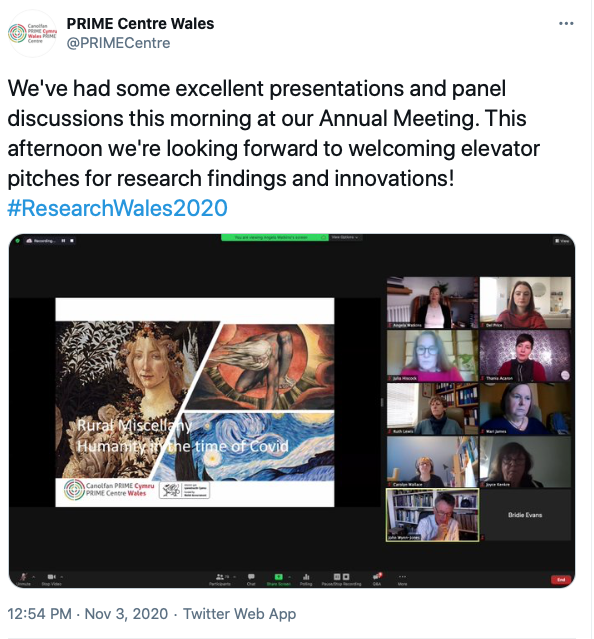 PRIME Centre Wales Annual Meeting 2020
PRIME Centre Wales Annual Meeting 2020
3rd November 2020, Online
We were delighted to welcome guests to the sixth PRIME Centre Wales Annual Meeting, held 3rd November virtually hosted by Bangor University and held completely online.
To mark the a beginning renewed funding period for PRIME Centre Wales for 2020-25, this year's meeting focussed on celebrating some of the centre's key impact achievements to date, and looking to the future with new research areas, as well as welcoming the Wales School for Social Prescribing Research.
Due to Covid-19 travel restrictions, this year's meeting was held completely online and we were delighted to welcome over 100 delegates from Wales and beyond including the USA, Canada, Italy, and France. Read more about the day and view the presentations here.
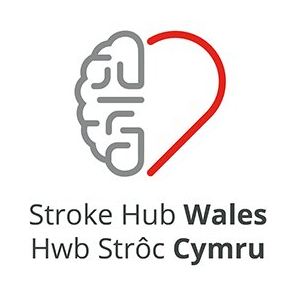 Supporting Covid-19 Awareness Animation
Supporting Covid-19 Awareness Animation
23 November 2020
Covid-19 is a public health concern, and has resulted in the creation of awareness campaigns with the help of scientists to educate, protect and offer guidance to the public.
A few months ago, a nursing student (Mrs Farhaana Peel) informed Stroke Hub Wales that children visiting the ward were alarmed by clinicians wearing PPE. Therefore, they decided to create a bespoke campaign aimed at children, to raise awareness about the importance of wearing PPE and to encourage them to wear masks, wash their hands and be a hero.
Please find the link to the Covid-19 Awareness Animation (created by recent graduates of Cardiff Metropolitan University, Cardiff School of Art and Design; Carys Matthews and Kieran Traas) for the children of Wales below. The team has also discussed adding a socially distanced element to the animation and have planned to create a Welsh version.
The animation can be viewed below and also via the link: https://drive.google.com/file/d/1pVrhC1ay4iDvyXh3vl2CumjZ2PVPgqj5/view?usp=sharing
 The Panel's National Hubs: Rural connectivity - the types of issues and impacts that rural consumers, citizens and micro-businesses face
The Panel's National Hubs: Rural connectivity - the types of issues and impacts that rural consumers, citizens and micro-businesses face
17 November 2020
In September/October 2020, the Communications Consumer's Panel’s National Hubs focussed on rural connectivity and the types of issues and impacts that communications consumers living, studying or working in rural areas face.
As part of the Panel’s strategic plan 2020/21, they are committed to working towards all consumers having access to affordable, reliable communications services as a baseline, and no consumer being left behind, regardless of circumstances.
We have long seen communications services as essential services for all citizens, consumers and micro-businesses and the Covid-19 pandemic has highlighted how a lack of reliable connectivity can leave consumers in extremely vulnerable circumstances. Read more.

Cardiff to host COVID-19 vaccine study
November 2020
Volunteers are needed to take part in a new study to test the effectiveness of the Janssen two-dose investigational COVID-19 vaccine candidate, with one of the trial locations at Cardiff and Vale University Health Board.
The Phase 3 ENSEMBLE 2 study, co-funded by the UK government’s Vaccine Taskforce, will test the safety and effectiveness of a two-dose regimen, developed by The Janssen Pharmaceutical Companies of Johnson & Johnson. The study will take place at 17 sites across the UK and recruit up to 30,000 adults worldwide.
Those interested in taking part in the trial can sign up on the trial website.
 Landmark patient safety study reveals insights into ‘significant’ avoidable harm in primary care
Landmark patient safety study reveals insights into ‘significant’ avoidable harm in primary care
11 November 2020
A national study in England recently published published today in the BMJ Quality and Safety journal has revealed the extent and nature of patient safety incidents resulting in significant avoidable harm in primary care.
Thirteen GPs were trained by PRIME Centre’s patient safety team led by Dr Andrew Carson-Stevens to review case notes of more than 90,000 patients in three regions across England over a 12-month period as part of the study. The main causes of avoidable harm were diagnostic error such as a delayed or an incorrect diagnosis (more than 60%), medication incidents like a prescribing or monitoring error (more than 25%) and delayed referrals (nearly 11%), and that 80% of incidents could have been identified sooner or prevented if action had been taken.
When the results were applied to the English population as a whole, the researchers estimated there would be up to 32,000 cases of significant avoidable harm experienced by patients on average each year.
Dr Andrew Carson-Stevens, PRIME Centre Wales lead for Patient safety, and a Clinical Reader at Cardiff University, responsible for defining a case of significant avoidable harm for the purposes of this study, and the analysis of cases, said:
“Most of these cases of significant harm in general practice could be avoided by improving administrative systems that ensure healthcare professionals can reliably make a referral to another service or clinician, review and action test results, monitor and recall patients that do not attend for important investigations, and, communicate clearly with other clinicians involved in the care of their patients."
The research is one of the largest and most comprehensive studies of avoidable harm in primary care to date. Read more.
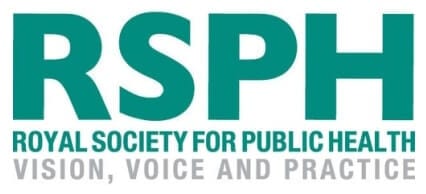 RSPH Health & Wellbeing Awards 2021
RSPH Health & Wellbeing Awards 2021
The Health & Wellbeing Awards is the UK's premier awards scheme for promoting and celebrating health and wellbeing. We want to raise awareness of the amazing ways that public health programmes, charities and businesses have been supporting the health of their communities and staff.
The registrations of interest for the RSPH Health & Wellbeing Awards 2021 are now open! By filling in the form below, you'll hear first when the Awards open for entries, receive stories and videos from previous Awards winners and find out how to get support with your application.
Further information: https://www.rsph.org.uk/our-work/awards/health-wellbeing-awards.html
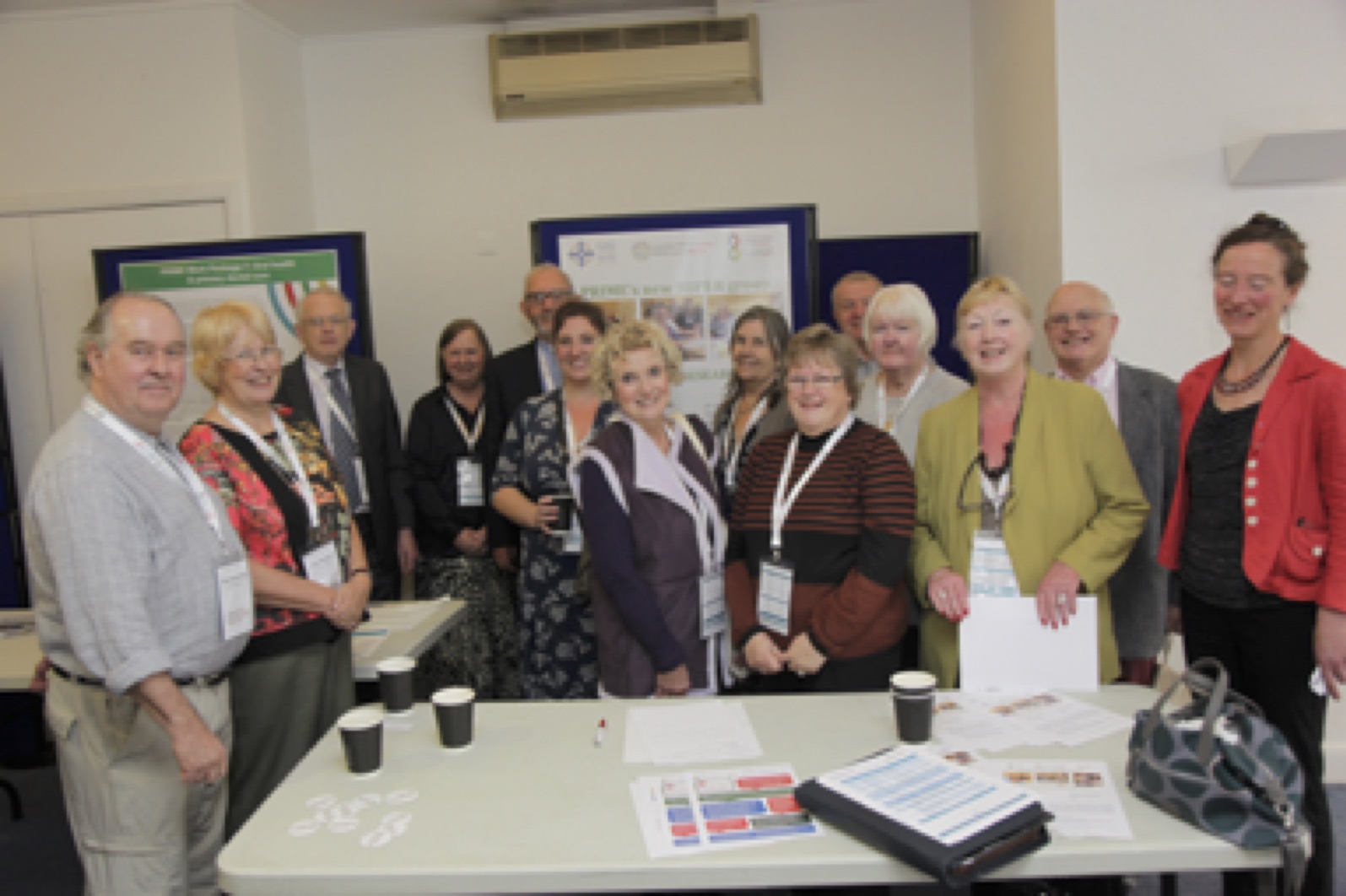 Recruitment is underway for public contributors to join the SUPER group
Recruitment is underway for public contributors to join the SUPER group
November 2020
The SUPER group is recruiting, please share this opportunity with anyone who may be interested!
What's involved?
SUPER stands for: Service Users for Primary and Emergency care Research. SUPER members provide lay perspectives on developing, conducting and disseminating research about primary and emergency care services. This involvement helps to improve the relevance, quality and dissemination of research on these topics.
SUPER meets quarterly, through meetings in person and online via zoom. At these meetings, researchers and SUPER members discuss research projects which are being developed or are underway. These are the sorts of points which SUPER members make.
- They comment on issues that are important to patients, carers and members of the public.
- They give feedback on the relevance of research topics and how feasible it is to collect information from people.
- They suggest ways of publicising findings from research studies including how to explain complicated or technical messages to non-academic audiences.
- Further information: SUPER group recruitment
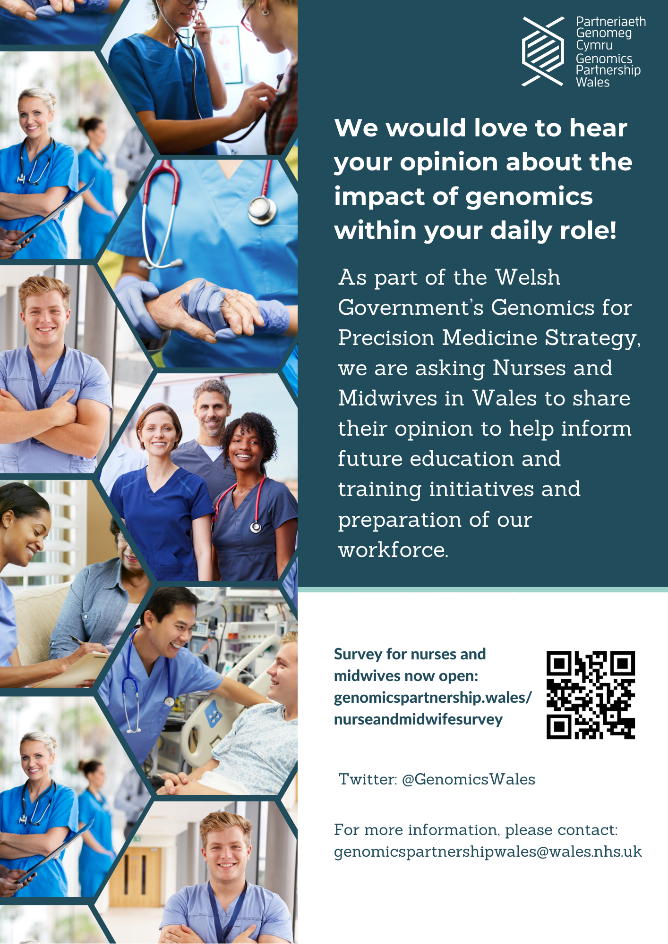 Survey for Nurses and Midwives in Wales to share their opinion about the impact of genomics
Survey for Nurses and Midwives in Wales to share their opinion about the impact of genomics
November 2020
Genomics Partnership Wales (GPW) would like invite Nurses and Midwives in Wales to share their opinion about the impact of genomics in your area of work. Your responses will help inform future education and training initiatives and preparation of our workforce in line with the Welsh Government’s Genomics for Precision Medicine Strategy.
Although some nurses and midwives are already involved in genomics, we also recognise that many will be unfamiliar with how genomics is likely to be incorporated within their area of practice.
This survey has been developed by the Genomics Policy Unit at the University of South Wales in conjunction with Genomics Partnership Wales (GPW) which is responsible for the implementation of the Welsh Government’s Genomics for Precision Medicine Strategy.
Your participation is crucial to the success of this initiative and we would ask that you spare a few minutes to complete the survey. Participation in the survey is voluntary and anonymous.
Link to survey: https://genomicspartnership.wales/2020/10/01/nurseandmidwifesurvey/
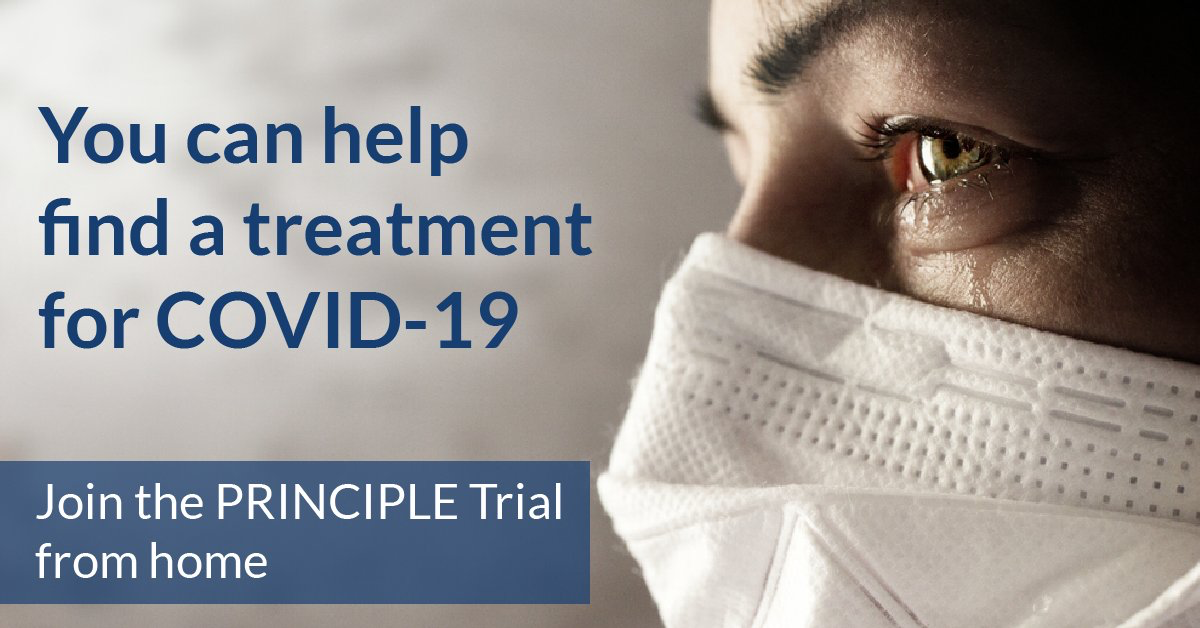 Volunteers needed
Volunteers needed
Do you have suspected or confirmed COVID-19?
Are you: * Aged 65+? OR * Aged 50-64 with a health condition AND have COVID-19 symptoms?
You can help fight COVID-19 by joining the PRINCIPLE Trial.
Volunteer online: http://principletrial.org
 Call for primary health care professionals to pitch new research ideas
Call for primary health care professionals to pitch new research ideas
PACT - the Primary Care Academic Collaborative - is running its first national call for a grassroots research project this Autumn, culminating in a Dragon's Den at the 2021 Royal College of General Practitioners (RCGP) conference.
PACT is a UK-wide network of healthcare professionals based in primary care, working together to collectively design and take part in research and quality improvement projects. EVERYONE can be involved in PACT – no matter how little time or research experience you might have. Working together, we can achieve great things for patient care.
PACT wants to design and deliver research projects that matter to you – its members. In 2021, we will launch a research project designed by one of our members, to be undertaken by the whole PACT community.
Submissions close at midnight on 22nd November 2020.
Further information: https://sites.google.com/nihr.ac.uk/pact/national-call
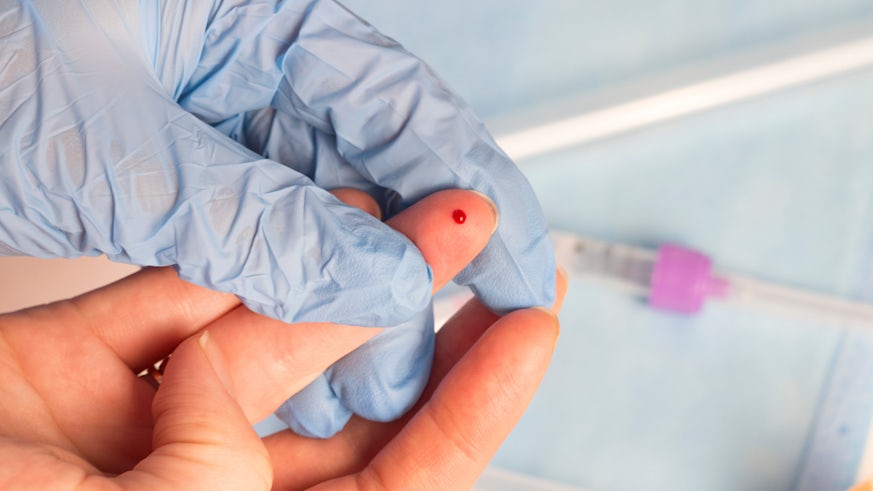 Study into antibiotic use wins research paper of the year
Study into antibiotic use wins research paper of the year
23 October 2020
A study into antibiotic use led by Centre for Trials Research and PRIME Centre Wales at Cardiff University and in collaboration with the University of Oxford and King’s College London has won research paper of the year.
The study, by researchers from Cardiff University’s School of Medicine and Centre for Trials Research, found a simple finger-prick blood test could help to prevent unnecessary prescription of antibiotics in patients with chronic obstructive pulmonary disease (COPD).
C-reactive Protein guided antibiotic prescribing for COPD exacerbations was published in the New England Journal of Medicine last July and has now won the overall prize for clinical research in 2019 from the Royal College of General Practitioners (RCGP).
Professor Nick Francis, formerly of PRIME Centre Wales, Cardiff University’s School of Medicine and now at Southampton University, said: “Governments, commissioners, clinicians, and patients living with COPD around the world are urgently seeking tools to help them know when it is safe to withhold antibiotics and focus on treating flare-ups with other treatments.
“This is a patient population that are often considered to be at high risk from not receiving antibiotics, but we were able to achieve a reduction in antibiotic use that is about twice the magnitude of that achieved by most other antimicrobial stewardship interventions, and demonstrate that this approach was safe.” Read full story.
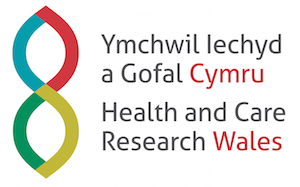 Public involvement opportunity
Public involvement opportunity
20 October 2020
Project title: Understanding the impact of persistent muscle, joint or bone pain on people’s wellbeing and work.
Who can get involved?
Individuals who are:
- Living with a painful muscle, joint or bone condition that is persistent (lasting more than three months).Those with no previous research experience are welcome.
You need to be registered with the involvement community to submit an expression of interest. Members of the public who have not registered are invited to submit a registration form to become part of the involvement community.
Location
Meetings will be held remotely through telephone/on-line contact.
Background information
This research is looking to explore the effect of joint, muscle or bone persistent pain (lasting more than three months) on people’s daily physical and mental health, as well as the effects of their condition on current/previous employment.
What is required?
Researchers would like to recruit one or two member/s of the public who live with a persistent bone, joint or muscle pain condition to advise on their experiences and ensure that the materials developed as part of this study are ‘public friendly’.
Our patient and public involvement (PPI) member/s will also assist with piloting of the interviews/focus group schedule. We will also invite our PPI member/s to be part of the authorship team for the proposed publications, policy briefings and study reports. Throughout the study duration. This will involve 8-10 hours of work.
We welcome individuals who have not had any previous research experience.
Further information: https://healthandcareresearchwales.org/understanding-impact-persistent-muscle-joint-or-bone-pain-peoples-wellbeing-and-work
 Job opportunity: ENRICH Research Facilitator
Job opportunity: ENRICH Research Facilitator
Job Number
AC04232
Advertising Department
College of Human and Health Sciences
Contract Type
Fixed Term
Closing Date
01-11-2020
Salary: Grade 07. £30,046 - £33,797 per annum pro rata together with USS pension benefits. The normal expectation is that the successful applicant will be appointed to the minimum of the scale with annual increments on 1 August each year (subject to completing six months service).
Contract: This is a fixed term position for 3 years ending 31st March 2023. Full-time.
Based: Singleton Campus in Swansea & regular working at HCRW in Cardiff offices
This post is a collaborative post between the Centre for Ageing and Dementia Research (CADR) hosted by Swansea University and the Health and Care Research Wales Support & Delivery (S&D) Centre.
This is an exciting opportunity for an experienced Researcher to join the expanding Enabling Research in Care Homes (ENRICH Cymru) team. The aim of the network is to support and facilitate the growth of health and social care research in care homes across Wales. The network has been allocated additional funds to expand its reach to more homes in Wales and is looking for an enthusiastic and creative team member to support the research facilitation duties associated with the maintenance and growth of the network.
As a member of this dynamic team, you will play an integral role in the day-to-day running of the network and the role will include, working closely with the Coordinator and staff in the Health and Care Research Wales Support and Delivery Centre to ensure the smooth running of the network.
Further information: https://www.swansea.ac.uk/personnel/jobs/details.php?nPostingId=76298&nPostingTargetId=95172&id=QHUFK026203F3VBQB7VLO8NXD&LG=UK&mask=suext#accept
 Winning abstracts at the European Association for Palliative Care (EAPC) conference
Winning abstracts at the European Association for Palliative Care (EAPC) conference
Congratulations to members of the Marie Curie Palliative Care Research Centre who were awarded two World Research Congress prizes at the The European Association for Palliative Care (EAPC) conference, held online 8th October..
The winning poster abstracts are:
- Title: Supporting bereaved caregivers: a mixed methods systematic review and thematic synthesis.
Authors: Emily Harrop, Fiona Morgan, Stephanie Sivell, Hannah Scott, Kathy Seddon, Sara Pickett, Jim Fitzgibbon, Annmarie Nelson, Anthony Byrne, Lenira Ferreira Semedo, Mirella Longo. - Title: What happens at the weekend? An in-depth evaluation of a specialist palliative care clinical nurse specialist service.
Authors: Alisha Newman, Mirella Longo, Howell Edwards, Annmarie Nelson, Anthony Byrne, Mel Lewis.
A full list of all the entries is available to view here.

New reports show health and care research in Wales brings significant benefits
8 October 2020
Two new reports have been published looking at the research taking place to improve the health and care of the people of Wales, highlighting its impact on patients as well as the Welsh economy.
Making a difference: The impact of health and social care research in Wales, published by Health and Care Research Wales, showcases the impact of research for patients living with conditions such as Huntington’s, Post Traumatic Stress Disorder and breast cancer as a result of major collaborations in Wales.
Click on the images below to watch video stories about the impact of the research. .
.  .
. 
 .
. 
The second report, an independent KPMG study, shows the economic impact and value generated through health research during 2018/19.
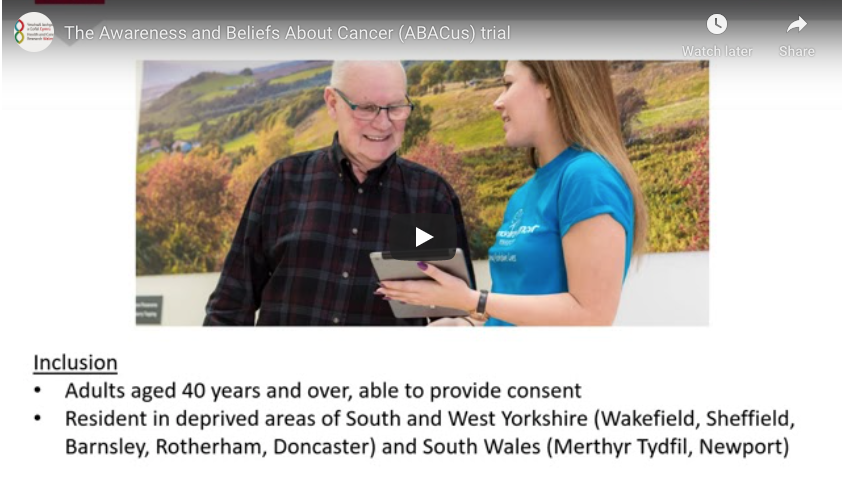 PRIME research at the Health and Care Research Wales Conference
PRIME research at the Health and Care Research Wales Conference
8 October 2020
This year's Health and Care Research Wales Conference was held online, 7th October. Presentations from
PRIME Centre Wales research was featured among the oral presentations, workshops and exhibitions, and can be viewed via the Health and Care Research Wales website, links below:
Oral presentations
- Co-design of a logic model describing components, mechanisms of change and expected impacts of case management for people who frequently call ambulance services, Oral presentation by Rabeeah Aslam
- Emergency Admission Risk Prediction (EARP) tools in primary care to reduce emergency admissions to hospital: the gap between evidence and practice. Oral presentation from Mark Kingston
- Emergency eye care by primary care optometrists providing Eye Health Examinations in Wales (EHEW) in the time of COVID -19. Oral presentation by Rachel North
- Feasibility of a pharmacy-based referral service for lung cancer symptoms: the PLUS (Pharmacy referral for Lung cancer Symptoms) study. Oral presentation by Daniella Holland-Hard
- Process Evaluation of the Awareness and Beliefs About Cancer (ABACus) trial: a randomised controlled trail of a targeted intervention to improve cancer symptom awareness and help-seeking among adults living in socioeconomically deprived communities in the UK. Oral presentation by Harriet Quinn-Scoggins
- Paramedic supplied ‘Take Home’ Naloxone: a stepped wedge cluster randomised feasibility study. Oral presentation by Chris Moore
- The Awareness and Beliefs About Cancer (ABACus) trial: randomised controlled trial of a targeted intervention to improve cancer symptom awareness and help-seeking among adults living in socioeconomically deprived communities in the UK. Oral presentation by Kate Brain
- Patient-reported Outcome Measures for Rheumatoid Arthritis Symptom Severity: development of a computer adaptive test from an item bank using Rasch measurement theory. Oral Presentation by Tim Pickles
- The paramedic will see you now: understanding new roles in primary care. Oral presentation by Alison Porter
Workshop
Group concept mapping: An interactive consensus method to understand impact in health and social care research. Led by: Carolyn Wallace, Megan Elliot, David Pontin.
Exhibition
 Would you like to help us carry out research?
Would you like to help us carry out research?
London based public patient member needed for the STETCHED study research team
8 October 2020
Come and join a group of people working with researchers on a study about emergency ambulance services.
STRETCHED is a research study about how people are cared for when they need to make frequent 999 calls for an emergency ambulance.
We are looking for two people from London who could have similar experiences to some of the people who are eligible for Case Management after calling the 999 ambulance service frequently.
- Do you have a chronic condition which could become an emergency if not well managed?
- Have you fallen several times in recent months and needed help?
- Have you made several calls to the 999 ambulance service in the past because you felt you had nowhere else to turn?
- Can your experience help us understand what it is like to need to call the 999 emergency ambulance more often?
- If so, you can help us carry out our research. Come and be an Advisor with our Patient Panel.
Contact Bridie Evans for more information: b.a.evans@swansea.ac.uk
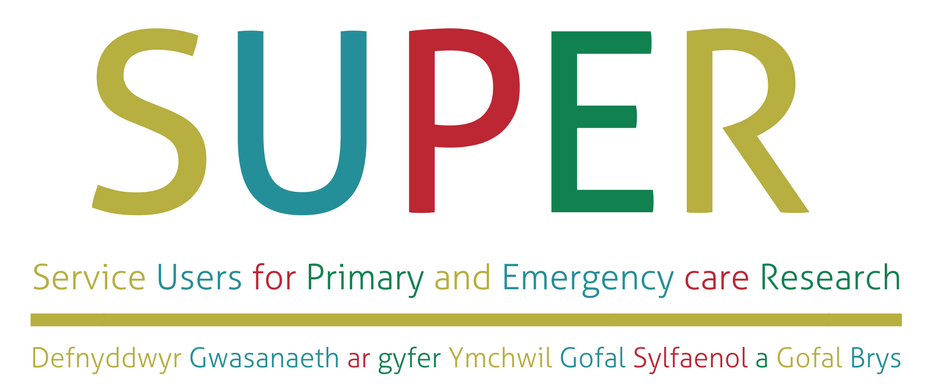 Building public involvement and engagement in primary and emergency care research: the story from PRIME Centre Wales
Building public involvement and engagement in primary and emergency care research: the story from PRIME Centre Wales
New PRIME publication on public involvement
1 October 2020
Policy throughout the United Kingdom promotes involvement of patients and public members in research to benefit patient care and health outcomes. PRIME Centre Wales is a national research centre, developing and coordinating research about primary and emergency care which forms 90% of health service encounters.
In this paper, we describe our approach to public involvement and engagement in PRIME Centre Wales, in particular: how this approach has developed; ways in which public members contribute to PRIME activity; the strengths and limitations of our approach, challenges and future opportunities.
PRIME ensures work is relevant to service users, carers, the public and policy makers by incorporating comprehensive patient and public involvement in every phase of our work.
Bridie A Evans, John Gallanders, Lesley Griffiths, Robert Harris-Mayes, Mari James, Sian Jones, Natalie Joseph-Williams, Mary Nettle, Martin Rolph, Helen Snooks, Carolyn Wallace, Adrian Edwards, and on behalf of the SUPER group and PRIME Centre Wales. Public involvement and engagement in primary and emergency care research: the story from PRIME Centre Wales. Vol 5 No 3 (2020): IJPDS Special Issue: Public Involvement & Engagement.
Read the full article at:
https://ijpds.org/article/view/1363/2617
 How can we improve support for those bereaved during the COVID-19 pandemic?
How can we improve support for those bereaved during the COVID-19 pandemic?
1 September 2020
If you have lost a loved one to COVID-19 or another cause of death during the pandemic, and would like to share your experience in our survey, please click here to take part or find out more.
 Survey for GPs and community nurses providing care during Covid-19
Survey for GPs and community nurses providing care during Covid-19
The role and response of primary healthcare services in the delivery of palliative care in COVID-19: A mixed methods investigation and co-design of a service development framework for primary palliative care in pandemics
A research team from the Universities of Sheffield, Cambridge, Warwick and Edinburgh. We would like to explore and capture learning of General Practitioners (GPs) and community nurses who have had recent experience of caring for dying patients in the community through the COVID-19 pandemic. This includes care of dying patients in care homes.
This is an important survey because there is so little previous research in this area from previous pandemics. It is very clear that a major concern and part of practice for GPs and community nursing staff through COVID-19 has been end of life care. We will also explore the relationship between generalist and specialist palliative care services in the community. Any doctor in general practice or members of a community nursing team can take part.
We will use the results to make recommendations to service managers and commissioners about how to support general practice and community nursing services, alongside specialist services, through the COVID-19 pandemic and in the future. Please would you help us by completing our survey? It will take around 15-20 minutes of your time. There are no compulsory questions.
The link to the survey is here: https://forms.gle/5wjMAakurUMvLtyQ8
The survey will close on September 30th 2020.
Thank-you for your help.
Dr Sarah Mitchell and Dr Catriona Mayland
 Placing patients at the centre of the decision making process in advanced lung cancer
Placing patients at the centre of the decision making process in advanced lung cancer
26 August 2020
This week saw the publication of the much awaited PACT study by the Marie Curie Palliative Care Research Centre. In this landmark study, researchers followed the journey of patients with advanced lung cancer as they navigated through the process of deciding whether non curative chemotherapy would benefit them or not.
Despite the best intentions, chemotherapy may have serious complications in those with advanced disease increasing the risk of early death, unpleasant side effects and worsening quality of life. Careful planning and discussion is needed in order to make an individualised approach to treatment. Read more.
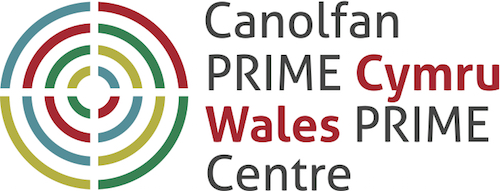 PRIME Centre Wales Annual Meeting 2020: Call for Abstracts for elevator pitches
PRIME Centre Wales Annual Meeting 2020: Call for Abstracts for elevator pitches
We are pleased to announce the call for abstracts is now open for the Elevator Pitch session at the forthcoming PRIME Annual Meeting 2020 .
This year's meeting will be held completely online, and take place:
Tuesday 3rd November, 10:00-16:00
If your abstract is accepted, we will support and guide you through the process of pre-recording your 3 minute presentation ahead of the meeting.
Your presentation will then be broadcast at the meeting, and you will be asked to be on hand (online on the day) to answer questions from the audience.
Attached is a document containing guidance and a template for writing your abstract.
Please send your completed abstracts by: 8th September
Abstracts will be peer reviewed and we'll let you know outcomes by 18th September.
Please don't hesitate to get in touch if you have any queries.
What triage model is safest and most effective for the management of 999 callers with suspected COVID-19
10 August 2020
Congratulations to Professor Alan Watkins, Professor Helen Snooks and colleagues from PRIME's emergency, unscheduled and pre-hospital care work package on being awarded funding from the Medical Research Council UKRI COVID-19 Rapid Response Rolling Call to investigate what triage model is safest and most effective for the Management of 999 callers with suspected COVID-19. The study builds on existing collaborative links between PRIME Centre Wales, SAIL, Swansea Trials Unit, Stirling University, Kingston and St George's Medical School, and ambulance services in Wales, East of England and East Midlands.
999 emergency ambulance calls related to COVID-19 increased enormously at points during the coronavirus pandemic. In some areas, at some times, the volume of calls tripled. Ambulance services cannot send an ambulance to every caller within a reasonable timeframe and not every patient with suspected COVID-19 can – or should – be taken to hospital. Read more.
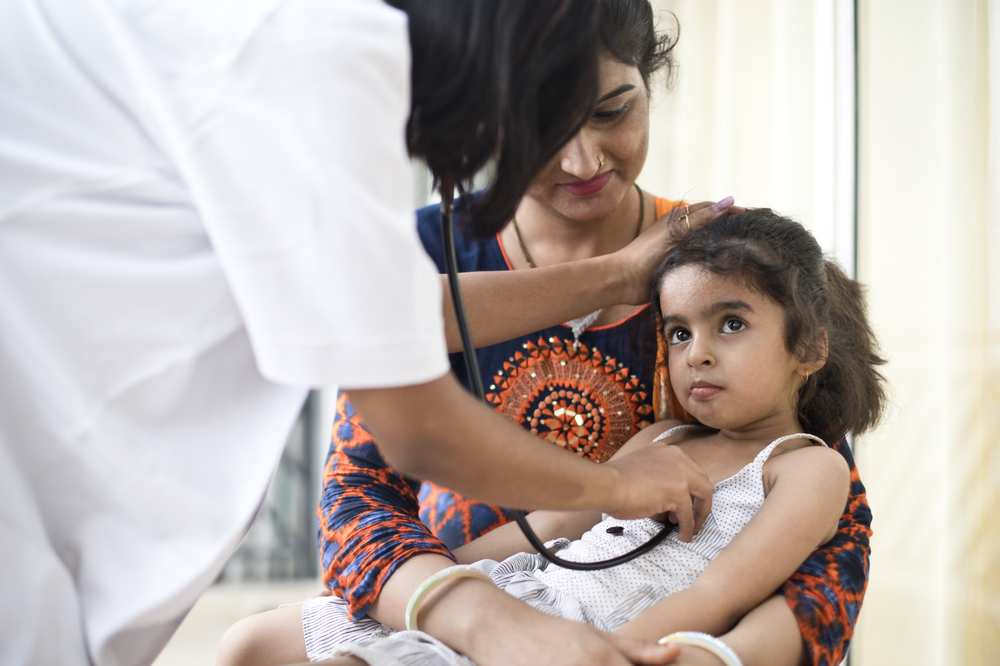 Strengthening families in post-pandemic India
Strengthening families in post-pandemic India
7 August 2020
A new University of South Wales and PRIME Centre Wales led research project, funded by the Welsh Government, will help strengthen families in post-pandemic India.
‘Strengthening health systems to support family resilience in post-pandemic India’ will be led by health and social care researchers at PRIME, University of South Wales in collaboration with Manipal University Jaipur, the All-India Institute of Medical Sciences in Rishikesh, and CMC Vellore. It will follow the model of FRAIT Wales, which formulated a uniform way of assessing the resilience of families and the impact on children’s health and development.
Now incorporated into Welsh Government’s Healthy Child Wales Programme, which is designed to support parenting and healthy lifestyle choices, FRAIT Wales is used by health visitors across Wales to support their decision making and care planning around whether further intervention is needed.
Professor Carolyn Wallace, who is working on the project alongside Professor David Pontin and Dr Wahida Kent, said: “There is no standard tool for community nurses in India to assess resilience in families with children under the age of six, so this project will help to work out what support a family needs in order to strengthen their ability to bounce back from crisis." Read full story on USW website.

Make It Public – new strategy marks step change in making health research findings available to the public
31st July 2020
On 30 July, the Health Research Authority (HRA) launched a new strategy to ensure information about all health and social care research – including COVID-19 research - is made publicly available to benefit patients, researchers and policy makers.
The strategy, delivered by the HRA in partnership with NHS Research Scotland (NRS), Health and Care Research Wales and Health and Social Care Northern Ireland, is about making transparency ‘the norm’ in research and making information more visible to the public.

Public encouraged to register for COVID-19 vaccine trials as 200,000 already sign up
Over 200,000 people have volunteered to take part in COVID-19 vaccine trials, helping to speed up efforts to discover a safe and effective vaccine.
Dr Frank Atherton, Chief Medical Officer for Wales, is encouraging more volunteers to join the 7,800 people in Wales who have already signed up to the NHS COVID-19 Vaccine Research Registry:
"It’s great to see so many people in Wales have already chosen to sign up to this UK-wide online registry, allowing researchers to contact them to take part in COVID-19 vaccine studies.
“We need to make sure the vaccines that are developed work for everyone, so it’s really important we have people sign up from different backgrounds and ages."
 Service Evaluation: Prescribing Practices for Diabetic Peripheral Neuropathic Pain
Service Evaluation: Prescribing Practices for Diabetic Peripheral Neuropathic Pain
28th July 2020
The University of Sheffield is completing a service evaluation in order to gain an understanding of the prescribing practices for diabetic peripheral neuropathic pain (DPNP) in primary care. The service evaluation consists of a very short (5 minute) online questionnaire for GPs.
Background
DPNP affects up to a quarter of patients with diabetes. DPNP can cause insomnia, poor quality of life, unemployment and depression. The mainstay of treatment is pharmacotherapy however, current NICE guidance is not based on robust evidence. OPTION-DM is a phase III clinical trial, funded by the NIHR HTA programme, which aims to identify the most clinically beneficial treatment pathway for DPNP. OPTION-DM has completed recruitment and the final patient follow up visit has recently been completed. Initial results will be available in September 2020. Further information on the trial is available via this link.
Survey
In order to assess the impact of research it is important to understand current practice, however we do not have a clear picture of prescribing practices for DPNP in the UK. With this in mind, we are conducting a short survey of GPs asking about current prescribing practices for DPNP. The information obtained will provide a baseline against which we can compare future surveys. The survey will take no more than 5 minutes to complete and it is available here. The deadline for completing the survey is 11th September 2020. Any queries should be emailed to the team at option-dm@sheffield.ac.uk.

Entries now open: Public Involvement Achievement Award 2020
Application deadline: Extended to 09:00 on 1 September 2020
Entries are now invited for the 2020 Health and Care Research Wales Public Involvement Achievement Award.
For the fourth year running we are looking to present an award to identify, promote, and celebrate the excellent public involvement taking place across the Health and Care Research Wales infrastructure.
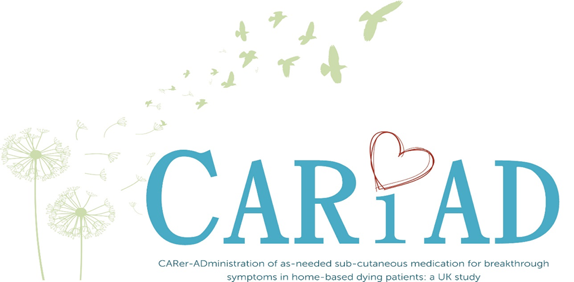 Findings from the CARiAD feasibility study published
Findings from the CARiAD feasibility study published
July 2020
Lay carer administration of as-needed subcutaneous medication to control symptoms in the last days of life of a loved one wishing to be at home when they die was acceptable and feasible, but low recruitment overall and low retention in the usual care group indicate the success of a future trial may be uncertain.
The CARiAD study explored the feasibility of testing the clinical effectiveness of the intervention of lay carer administration of as-needed subcutaneous medication for common breakthrough symptoms in people dying at home in the UK to inform the design of a future definitive trial.
Most people in the UK would prefer to die at home, but only half of them achieve this. This usually depends on having able and willing lay carers (family or friends) to help look after them. Once swallowing is not possible, medicine is given continually under the skin (syringe driver). If common problems such as pain, vomiting or agitation break through, health-care professionals attend to give extra doses. The wait for a health-care professional to arrive can be distressing.
In the UK, it is legal (but not routine) for lay carers to give needle-free subcutaneous injections themselves. We reworked an Australian carer education package for UK use. The best way to find out if this would work well is to do a randomised controlled trial. This is a test in which, at random, half of the people taking part receive ‘usual care’ and the other half receive the ‘new care’ or intervention. A pilot randomised controlled trial (a ‘test’ trial to see if a larger one is worth doing) was carried out to determine if lay carer injections were possible in the UK. Read full story.
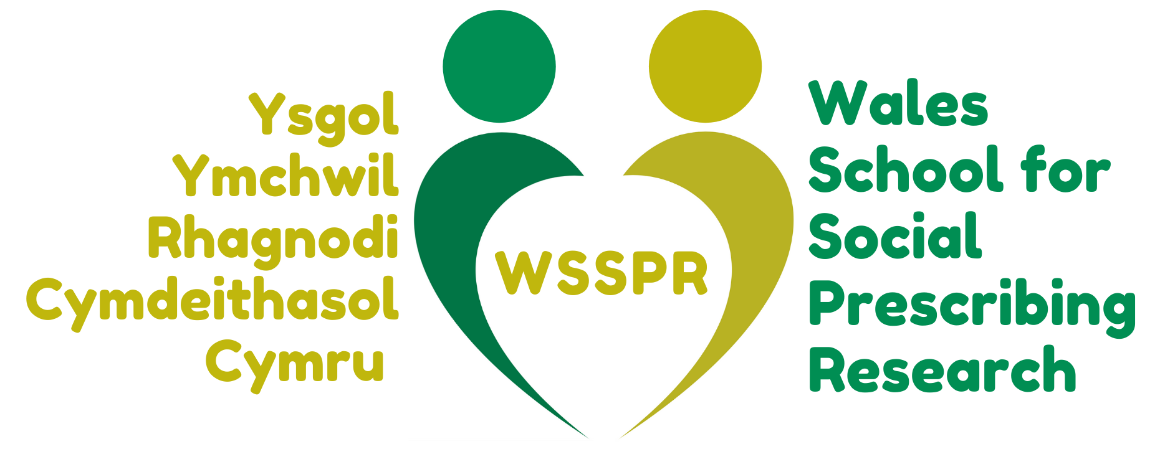 Participate in a research study about social well-being
Participate in a research study about social well-being
17 July 2020
Researchers at the University of South Wales and the Wales School for Social Prescribing Research (WSSPR) are running a study to gather insights into what makes up a person’s social world and what aspects of this influence their well-being.
We would like to invite you to engage in three separate online activities over the next six weeks. The purpose of the exercise is to move towards a consensus position on what makes up a person’s social world. We would like to include people from across the UK and internationally to take part.
The study will be run online using software called Group Wisdom and it will involve a brainstorming exercise, followed by grouping and rating activities all related to the topic. Each activity will last no more than 20-30 minutes and you can start and come back to the activity when you have some free time.
Please indicate your interest in participating in this study by e-mailing wsspr@southwales.ac.uk
UK-wide research looking at impact of Covid-19 on early cancer diagnosis
3 July 2020
Researchers at Cardiff University have launched a UK-wide project to investigate the impact of the Covid-19 pandemic on diagnosis of cancer. The initial message to “stay home, protect the NHS, save lives” and the suspension of cancer screening programmes sent a strong message that “cancer can wait”, said the researchers.
The 18-month research project will look at how these messages have affected people seeking medical help for early signs of cancer or for screening. Working closely with researchers at Cancer Research UK, King’s College London and the University of Surrey, the study will look at public attitudes and behaviours, exploring key issues that could lead to more cancers occurring or being diagnosed at a late stage.
Principal investigator Professor Kate Brain, a health psychologist and Lead for research in screening, prevention and early diagnosis at PRIME Centre Wales and Wales Cancer Research Centre, said:
“The impact of Covid-19 on UK public attitudes towards cancer - translating into delayed referrals, missed screening and late-stage cancer diagnosis - is likely to be considerable. From early on in the pandemic the ‘stay home, protect the NHS, save lives’ message, along with the halting of national cancer screening programmes, sent a strong message to the public that ‘cancer can wait’. Read full story.
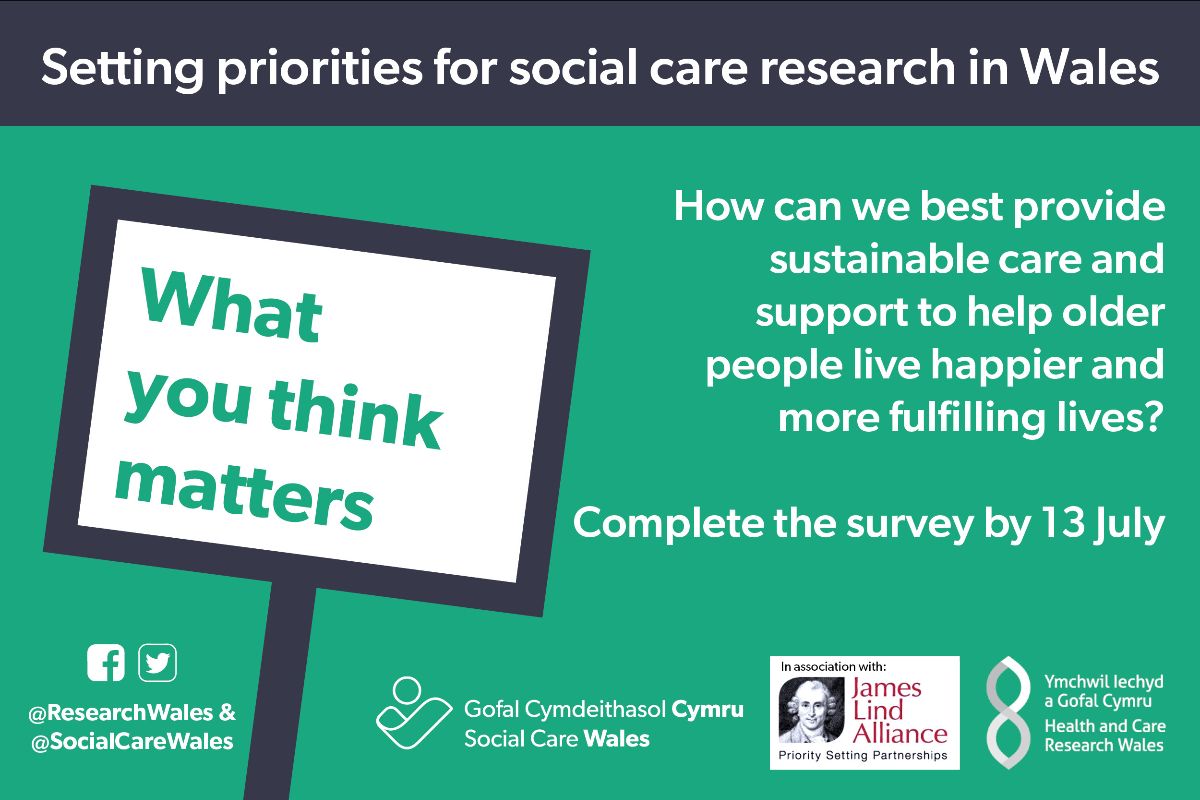 Setting priorities for social care research in Wales
Setting priorities for social care research in Wales
Deadline extended to 13th July
How can we best provide sustainable care and support to help older people live happier and more fulfilling lives?
Health and Care Research Wales and Social Care Wales want to identify research priorities for the social care and support of people aged 65 and over. We have launched a survey aimed at people in Wales aged 65 and over who have received care or support, and professionals, volunteers and family members who provide that care.
Please take part in the survey. It will take about 10 minutes to complete and is open from 8 June to 13 July 2020.
 Funded PhD Studentship: A person-centred frailty monitoring and management pathway for older adults in a rural GP surgery
Funded PhD Studentship: A person-centred frailty monitoring and management pathway for older adults in a rural GP surgery
Margaret Wooloff PhD Scholarship 2020, Aberystwyth University
Main Supervisor: Dr Marco Arkesteijn, maa36@aber.ac.uk, Faculty of Earth and Life Sciences
Frailty is a health status that increases the risk and impact of adverse events and makes individuals more vulnerable to quick and sudden declines in functional ability, hospitalisation and death. The importance of frailty is increasingly recognized, and although frailty is not currently a clinical diagnosis, it seems likely to become one in the next 10 years.
The PhD student is to support development and evaluation of a person-centred frailty monitoring and management pathway for older adults in a rural GP surgery, similar to current practice for obesity and diabetes management. Firstly, appropriate biomarkers of frailty (urine, blood, physical assessments, cognitive assessments, etc.) will be established. Secondly, its feasibility for implementation in a rural GP surgery will be determined. Finally, the feasibility of personalised interventions to prevent and reverse frailty will be evaluated in a rural GP surgery.
The PhD student will be supervised by members of the Well-being and health Assessment Research Unit (www.waru.org.uk), who work jointly with local GP surgeries in Ceredigion, Mid- Wales, United Kingdom. The supervision team is well placed to provide the PhD student with experiences of working in academia alongside the practical experience of doing primary care based research.
Deadline for applications: 1 July 2020
Project information: https://www.aber.ac.uk/en/media/departmental/academicregistry/admissions/postgraduate/scholarships/Margaret-Wooloff-PhD-Scholarship-2020-Project-Details-v2.pdf
Scholarship information: https://www.aber.ac.uk/en/postgrad/fees-finance/uk-eu/research/margaret-wooloff-phd/
 Decision-making during pandemics and other serious illness
Decision-making during pandemics and other serious illness
8 June 2020
Dr Victoria Shepherd, Research Fellow at Centre for Trials Research, Cardiff University has written an editorial on Decision-making during pandemics and other serious illness, featured in 'Geriatrics, Gerontology and Aging', the scientific publication of the Brazilian Society of Geriatrics and Gerontology (SBGG).
At a time of COVID-19 impact on older people around the world, Victoria highlights the issues around decision-making, proposing that 'early discussions between older people, their families and care providers about their priorities and preferences are needed now more than ever'.
Read the editorial at: https://tinyurl.com/ycpfofv6

New handbook demonstrates the UK Standards for Public Involvement in action
4 June 2020
A new handbook has been published sharing the stories of organisations that tested and implemented the UK Standards for Public Involvement in their research as part of a pilot programme. Included is the Centre for Ageing and Dementia Research, who used the ‘Working together’ standard to help develop a volunteering guide.
Further information: https://www.healthandcareresearch.gov.wales/news/new-standards-handbook/
Online submission of amendments and amendment tool now live
2 June 2020
Health and Care Research Wales' new online submission of amendments and amendment tool have gone live across the UK (Tuesday 2 June 2020). These new processes for handling amendments are part of our ongoing programme to improve services for applicants.
Link: https://www.healthandcareresearch.gov.wales/news/new-submission-of-amendments-and-amendments-tool/
New public involvement service for COVID-19 studies
Health and Care Research Wales strongly encourage all researchers to involve people with relevant lived experience in the design, conduct, and dissemination of their studies.
Thousands of patients, carers, service users, and other members of the public around the UK have adapted to working rapidly and remotely, and are keen to contribute to COVID-19 research.
If you are applying for fast-track review for a COVID-19 research study, you can now request support from the Health Research Authority public involvement matching service and you’ll be put in touch with the coordinators of public involvement groups that are a good fit for your research.
This service is in addition to our ongoing support for public involvement within COVID-19 research.
Social care workforce survey
Ulster University is calling all social care workers and social workers working during COVID-19 to take a survey on their experiences working on the frontline during a pandemic.
Responses to the survey will help develop a study exploring working on the frontline under COVID-19, which will inform employers and policymakers about what the workforce needs to cope during a pandemic.
Survey link: https://niscc.info/news/333-workforce-survey

Impact of COVID-19 on researchers and the UK research base
All researchers employed in UK universities, research institutes, charities and companies are invited to participate in an online survey to share their experiences of how the COVID-19 lockdown, since 23 March, is impacting on their research, and the likely impact if social distancing in the workplace is required in the months ahead.

Submit an abstract now - reopened for presentation abstracts!
4 June 2020
We’d like to thank everyone who has already submitted an abstract for the conference. The conference planning committee has reviewed the abstracts submitted and would like to invite further abstract submissions for the oral presentations. Submissions for oral presentations should be mindful of the theme of the conference: Making a difference: the impact of health and social care research, and the committee are particularly looking for abstracts on research topics covering:
- social care
- NHS
- lessons learned from COVID-19
The call for abstracts for posters and workshops has now closed.
You can still submit an abstract to present at the parallel sessions until 19 June 2020.
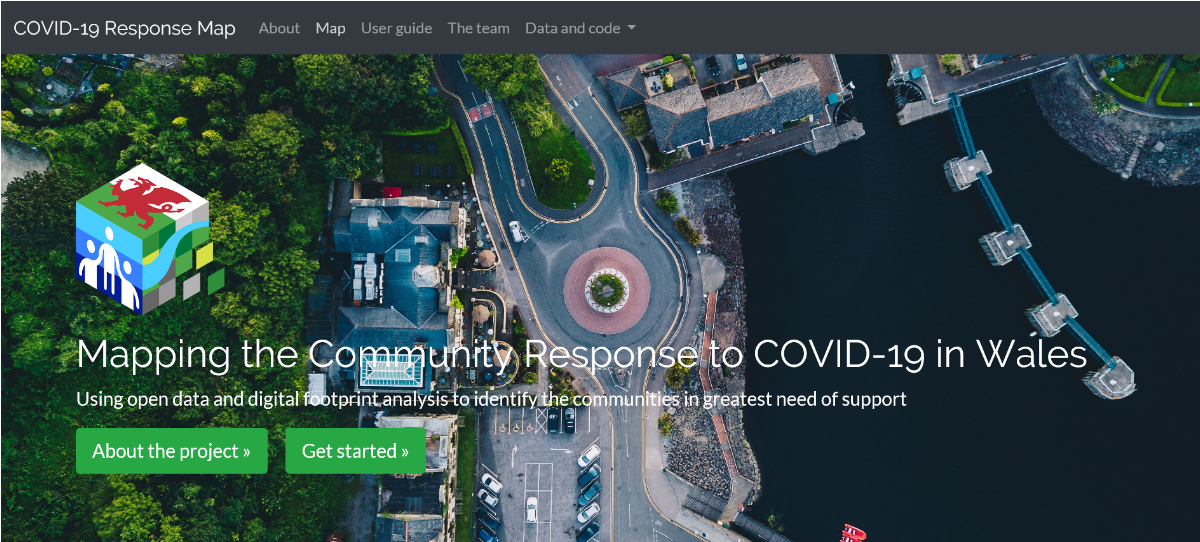 Can we better join support and needs in response to COVID-19?
Can we better join support and needs in response to COVID-19?
The COVID Response Map Wales has been designed to help identify areas where there are more people who may be more vulnerable to COVID-19, where there is potentially less community support.
Whilst the map does not capture all community support, nor does it imply that all vulnerable groups are in need of support, it can help inform the public, community groups and public sector on which areas might benefit from extra support.
It also provides the links to local community groups identified helping to raise awareness of the support available locally.
Visit: www.covidresponsemap.wales
 Full funded PhD studentship opportunity at Aberystwyth University
Full funded PhD studentship opportunity at Aberystwyth University
A person-centred frailty monitoring and management pathway for older adults in a rural GP surgery
Frailty is a health status that increases the risk and impact of adverse events and makes individuals more vulnerable to quick and sudden declines in functional ability, hospitalisation and death. The importance of frailty is increasingly recognized, and although frailty is not currently a clinical diagnosis, it seems likely to become one in the next 10 years.
The PhD student is to support development and evaluation of a person-centred frailty monitoring and management pathway for older adults in a rural GP surgery, similar to current practice for obesity and diabetes management. Firstly, appropriate biomarkers of frailty (urine, blood, physical assessments, cognitive assessments, etc.) will be established. Secondly, its feasibility for implementation in a rural GP surgery will be determined. Finally, the feasibility of personalised interventions to prevent and reverse frailty will be evaluated in a rural GP surgery.
The PhD student will be supervised by members of the Well-being and health Assessment Research Unit (www.waru.org.uk), who work jointly with local GP surgeries in Ceredigion, MidWales, United Kingdom. The supervision team is well placed to provide the PhD student with experiences of working in academia alongside the practical experience of doing primary care based research.
Candidates for the PhD Studentship should demonstrate outstanding qualities in a relevant discipline. They must demonstrate outstanding academic potential as measured normally by either a 1st class honours degree (or equivalent) or a Master’s degree with distinction (or equivalent).
Those awarded a Margaret Wooloff Scholarship will receive a grant for up to three years which will cover their tuition fees up to the UK/EU rate of £4,407 per annum (2019/2020 rate). A maintenance allowance of approximately £15,009 per annum and access to a travel and conference fund (max. £500 per annum) will also be provided. Scholarships commence in September 2020.
The deadline for applications is 1 July 2020. Please contact Dr Marco Arkesteijn via maa36@aber.ac.uk initially for more information and how to apply.
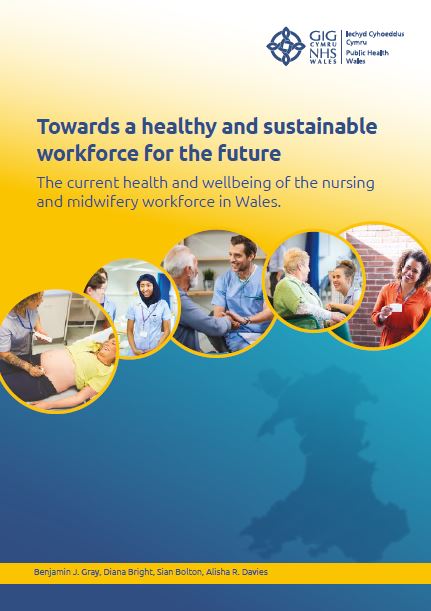 New report on the nursing and midwifery community in Wales
New report on the nursing and midwifery community in Wales
3 June 2020
Public Health Wales has published its new report Towards a healthy and sustainable workforce for the future: The current health and wellbeing of the nursing and midwifery workforce in Wales.
The report highlights the health and wellbeing of the nursing and midwifery community in Wales, in 2019. The findings draw from an online survey of 1,642 nurses, midwives and healthcare support workers, approximately 5% of the NHS workforce in Wales, conducted before the current COVID-19 pandemic.
Find out more

COVID-19 research in black, Asian and minority ethnic communities
21 May 2020
People from all minority ethnic groups (apart from Chinese and mixed-race groups) are at greater risk of becoming very sick with COVID-19 than the white population in the UK. In particular, black men and women are nearly twice as likely as white people to die from COVID-19. We need to understand why and tackle this urgently through health research.
Visit the COVID-19 research in black, Asian and minority ethnic communities pages on Be Part of Research to learn how to help encourage all BME communities to participate in COVID-19 studies.

Stroke Research Priority Setting Partnership
20 May 2020
Are there questions about stroke that you think are important for research to try to answer? Your questions could help to improve treatment, rehabilitation and prevention in the future.
Complete the Stroke Association web survey to have your say.
 Antimicrobial resistance community needs assessment survey for a digital platform
Antimicrobial resistance community needs assessment survey for a digital platform
On behalf of the Joint Programming Initiative on Antimicrobial Resistance (JPIAMR), we invite you to take part in a needs assessment survey to guide the development and implementation of the digital platform for the JPIAMR - Virtual Research Institute.
Survey completion deadline: 31 May 2020
 £4.8M funding announced for primary and emergency care research in Wales
£4.8M funding announced for primary and emergency care research in Wales
5 May 2020
The Welsh Government is to invest £4.85m over the next five years on research into primary and emergency care in Wales, which will involve Swansea University.
The funding, through Health and Care Research Wales, will support large-scale, international quality research at Prime Centre Wales, an all-Wales Centre co-led by Swansea, Cardiff and Bangor universities and the University of South Wales.
The Centre has adapted the focus of its research to help tackle the unprecedented challenges of Covid-19, including launching projects to:
- Look at the effect of “shielding letters” as a public health intervention, led by Professor Helen Snooks of Swansea University
- Examine the impact of delayed diagnoses of cancer, a project led by Professor Kate Brain, a professor of health psychology from Cardiff University’s School of Medicine
- Fast track the implementation of the CARiAD intervention for home-based palliative care, teaching lay carers to administer injections at home to a dying loved one, led by Professor Clare Wilkinson and Dr Marlise Poolman at Bangor University and Professor Annmarie Nelson and the Marie Curie Research Palliative Care Research Centre at Cardiff University
- Look at the effects of coronavirus on all stages of pregnancy, a project led by Julia Townson of Cardiff University’s Centre for Trials Research
- Analyse public experiences of the pandemic through a UK-wide survey, a joint project between Cardiff University and Cardiff Metropolitan University
JPIAMR-VRI Open invitation to participate in a Needs Assessment survey (closes 31st May)
13 May 2020
On behalf of the Joint Programming Initiative on Antimicrobial Resistance (JPIAMR) we invite you to take part in a needs assessment survey to guide the development and implementation of the Digital Platform for the JPIAMR-Virtual Research Institute (JPIAMR-VRI).
Please follow this link to the survey: https://www.surveymonkey.com/r/JPIAMR-VRI_Digital_Platform_Survey or use the attached QR code to quickly access the survey.
It should take about 15 minutes to complete it.
Deadline to answer this survey is May 31st, 2020.
Aim and ambition of the survey
The aim is to ensure the JPIAMR-VRI Digital Platform meets the needs of the AMR research community and brings value to everyone who will use it. It will help to identify developmental priorities and will bring an opportunity to collect innovative ideas that could become part of the Digital Platform development.
Who should participate?
AMR researchers, members of research networks/projects, students/trainees, research Institute/Universities representatives, representatives of research funding organizations, AMR policy experts, healthcare providers in the field of AMR, AMR data or service provider/developer, private sector representatives interested in AMR Research.
Why should you participate?
By participating in this survey, you are contributing to the building of a JPIAMR-VRI Digital Platform supporting excellence in research on AMR on a global scale with a One Health approach.
QR CODE

 Coping during coronavirus survey - invitation to take part
Coping during coronavirus survey - invitation to take part
11 May 2020
The health threat from Covid-19 provides us with an opportunity to discover how people respond emotionally and behaviourally to health threats on a day to day basis. Most of what we know about how people cope is based on either information obtained after the event or asking them how they think they might have coped. The literature around how we cope with threats to our health is not clear.
We have designed an on-line survey which will allow us to examine how people think, feel and cope with the Covid-19 threat. Findings from this survey could help to identify common coping methods and ways that may motivate people to maintain or adopt healthy behaviours or to help avoid unhealthy living.
Please support this research by completing the survey and asking friends family and work colleagues in your groups to ensure we capture as many different peoples’ views as possible.
Link here: https://cardiff.onlinesurveys.ac.uk/copingcovid19
Thank you,
Prof. Chris Bundy on behalf of the Covid-19 Coping Research Group, Cardiff University
 CF PROSPER: Making choices about having children when living with Cystic Fibrosis
CF PROSPER: Making choices about having children when living with Cystic Fibrosis
8 May 2020
The CF PROSPER research team are interested in women’s experiences about making decisions about having children.
The project aims to generate new evidence about pregnancy for women with Cystic Fibrosis and their healthcare teams to help inform their choices about pregnancy.
The team will also be creating a decision support tool to help women and their partners make decisions about starting a family that fit with their own individual needs and preferences.
Please take part or share the survey link below:
https://cmett.onlinesurveys.ac.uk/cf-prosper-making-choices-about-having-children-when-livi-2
 KESS 2 MRes opportunity
KESS 2 MRes opportunity
Developing a theory of change for a complex programme; a systematic framework for ensuring delivery of outcomes in a new Wellbeing Hub for the Nantlle Valley.
School of Health Sciences, Bangor University.
Project ID: BUK2200
Annual Stipend: £11,472 tax free, paid over 12 months.
Each KESS study also includes a Postgraduate Skills Development Award and a generous travel and equipment allowance.
Application Deadline: 22/05/2020
Project Description
This is a research opportunity that may be attractive to a range of students as it covers a wide field of interests. Health and social care students with an interest in strategic change are an obvious set but so would business studies students interested in public and voluntary sector development, similarly ‘place based’ community development researchers or any students/researchers with a passion for how the Wellbeing of Future Generations Act may be delivered in practice.
Grwp Cynefin have been the lead organisation building a wider vision for Penygroes as a Centre for Well-being for the Nantlle Valley and wider local region. Partners including Gwynedd Council, Betsi Cadwaladr Health Board, and a range of voluntary and community organisations have produced a business case to create a new and innovative Wellbeing Hub to modernise and extend the reach of existing health and care services, embed prevention and community wellbeing into a new sustainable model for the future, and act as a crucible for change and regeneration of the wider area. Further information.
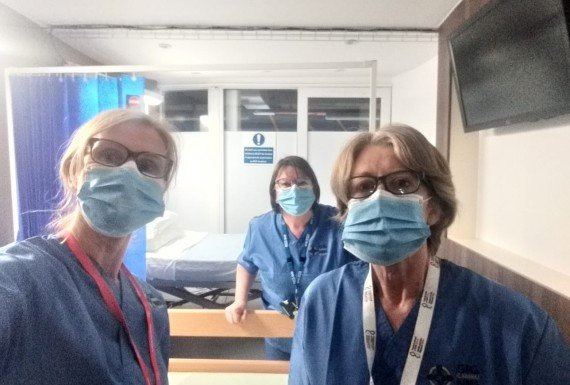 Wales plays key role in urgent COVID-19 research
Wales plays key role in urgent COVID-19 research
1 May 2020
Wales is playing a key role in the UK-wide effort to find treatments for COVID-19 patients through research, with 11 urgent public health research studies already taking place and further studies being set up.
These studies – set up through Health and Care Research Wales and co-ordinated nationally – are being run right across Wales and are looking into multiple treatments for patients, identifying risk factors and specific genes for susceptibility of severe disease, all strengthening the evidence to help fight the disease.
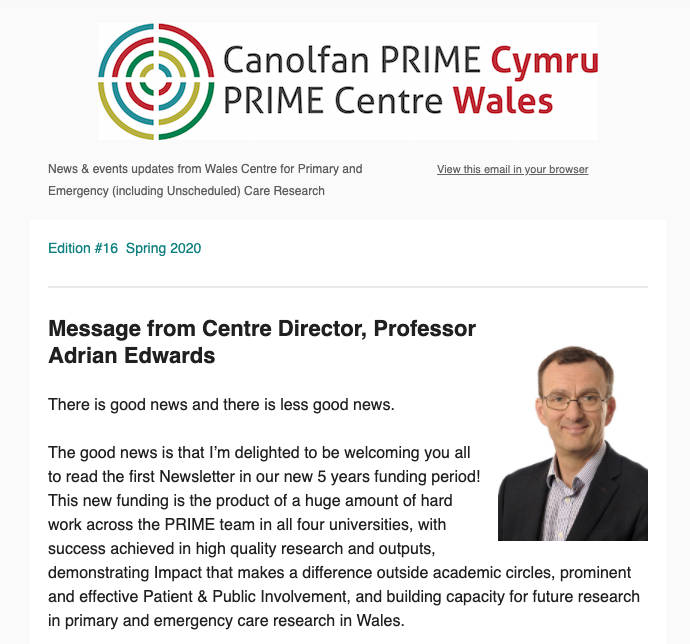 PRIME e-news bulletin - Spring 2020
PRIME e-news bulletin - Spring 2020
4 May 2020
Read our message from Centre Director, Professor Adrian Edwards announcing our new 5 years if funding, and find out what the PRIME Centre Wales research team have been doing to support the effort against CORID-19 in the Spring edition of the e-news bulletin.
Read the bulletin here: https://mailchi.mp/0439b08917f7/prime-centre-wales-e-news-bulletin-spring
Sign up to receive our quarterly e-news bulletin here: https://us12.list-manage.com/subscribe?u=f48544e8b5a7717edc3af7fc0&id=ccb0f0648f
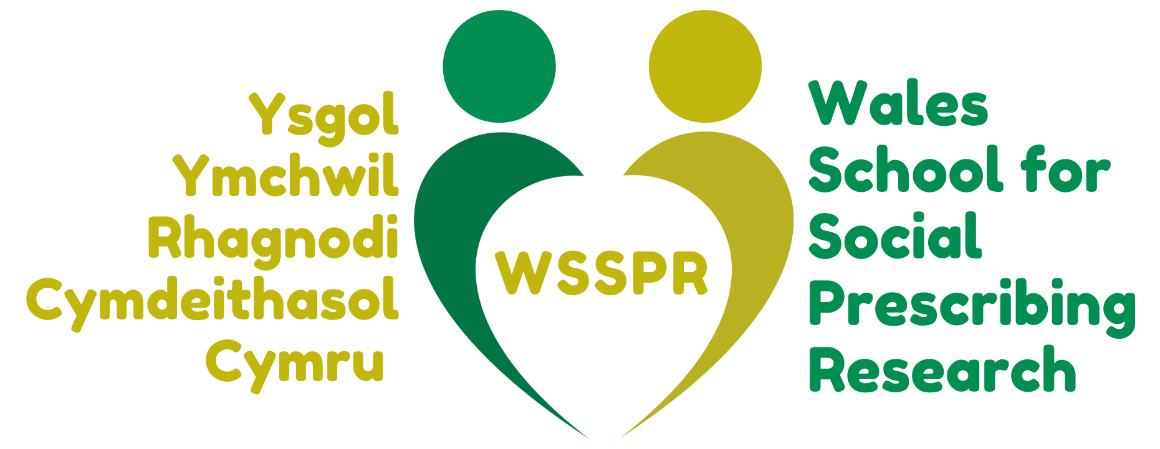 Social Prescribing: an alternative approach to reduce the reliance on the NHS and social care services in Wales
Social Prescribing: an alternative approach to reduce the reliance on the NHS and social care services in Wales
23 April 2020
The Wales School for Social Prescribing Research (WSSPR) was officially launched at the start of April.
Led by Director Professor Carolyn Wallace of the University of South Wales (USW) and co-chaired by Dr Sally Rees at the Wales Council for Voluntary Action (WCVA), this virtual school based within PRIME Centre Wales aims to develop a social prescribing evaluation methodology. It builds on the work previously completed by the Wales Social Prescribing Research Network (WSPRN). The network itself has won more than £700k in funding bids to date.
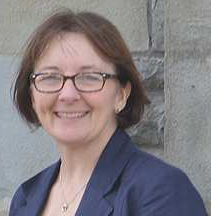 Professor Wallace comments:
Professor Wallace comments:
"The rapidly growing enthusiasm for social prescribing and its potential to influence delivery of services in primary and community care have exceeded expectation, but the development of its evidence base and robust quality standards for evaluation have trailed,”
“There is variable evidence to suggest that social prescribing reduces the footfall to GP surgeries of between 15% to 28%. The evidence varies so much because the impact of social prescribing depends on the type of model used, the link workers and their backgrounds, the locality, and the assets available within the community.
“Social prescribing is incredibly important. It helps people connect with their community and improve their well-being.”
What is social prescribing?
Social prescribing (SP) is a way of meeting the social, emotional and practical needs of people through services in the voluntary and community sector, rather than relying on health and social care services to provide a solution. People may be referred to a SP scheme for many reasons, such as bereavement, debt induced anxiety or social isolation.
SP schemes use various activities that are typically offered by voluntary and community sector organisations. Examples include volunteering, arts activities, group learning, gardening, befriending, cookery, healthy eating advice, and a range of sports.
Read more

New app created to track coronavirus in Wales
17 April 2020
A new app has been created to help the NHS keep track of the spread of coronavirus in Wales. First Minister Mark Drakeford is appealing for people to log their daily symptoms, even if they are displaying no symptoms, on the app to help build a clearer picture of how the virus is affecting Wales.
Scientists from Kings College London and the Secure Anonymised Information Linkage (SAIL) Databank at Swansea University will then work with the Welsh Government to analyse the data. Read Mark Drakeford's full statement on the app's website.
 Launch of the Community Pharmacy Contractors COVID-19 Toolkit
Launch of the Community Pharmacy Contractors COVID-19 Toolkit
Strategic Programme for Primary Care
April 2020
To support the retention of safe, efficient, and accessible pharmaceutical services, the Welsh Government have outlined a set of five key objectives:
- To protect the health and wellbeing of all pharmacy staff;
- To ensure community pharmacies continue to be available to dispense and supply repeat and acute prescriptions, with if necessary a reduction in hours pharmacies are open to the public;
- To support a move away from demand-led to more planned ways of working particularly in respect of repeat prescriptions;
- To reduce footfall in community pharmacies both to support social-distancing and reduce pressure on pharmacy teams; and
- To support the public to self-care, through improved access to online information or through telephone advice and medicines from their community pharmacist
Work has been underway with partners across Government, Health Boards, Community Pharmacy Wales, the Royal Pharmaceutical Society, along with other key stakeholders to develop a range of measures to support meeting these objectives.
There is an expectation on community pharmacies, practices and clusters to work collaboratively in establishing the best patient and prescription journey, especially for symptomatic and COVID-19 positive patients and those requiring urgent palliative care medicines.
This toolkit compiles information that has so far been released in relation to each of these objectives. It also offers guidance and supporting information to enable the continuity of services by community pharmacies at this unprecedented time of pressure. Practical tips and templates have been included to help contractors navigate their way through the process.
Download the toolkit here: Community Pharmacy Contractor COVID-19 Toolkit.pdf
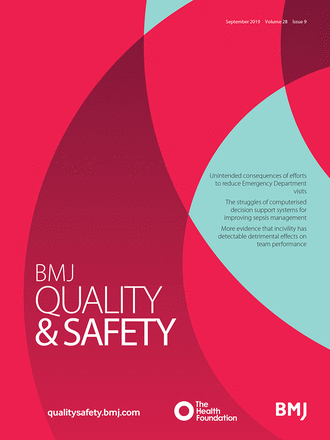 PRIME paper no.2 in top BMJ Quality & Safety articles of 2019
PRIME paper no.2 in top BMJ Quality & Safety articles of 2019
9 April 2020
Congratulations to Helen Snooks and colleagues in PRIME Centre Wales' emergency and unscheduled care research team on the announcement that their paper looking at the effects and costs of implementing predictive risk stratification in primary care, has been awarded second place the top ten BMJ Quality and Safety articles of 2019.
Across the National Health Service (NHS), predictive risk tools are being implemented in general practice to identify patients for case management, in part in hope that these tools might reduce emergency admissions. Here, the team performed a stepped wedge trial across 32 practices in one Welsh health board to evaluate the costs and effects of the introduction of an emergency admission risk prediction tool (PRISM). Read more.
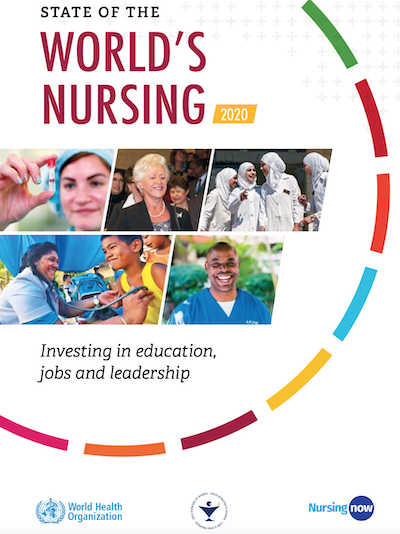 State of the world's nursing report
State of the world's nursing report
April 2020
Joyce Kenkre, Professor of Primary Care at the University of South Wales and Associate Director of PRIME, is a contributor to the first State of the world’s nursing report release today, entitled: 'State of the world's nursing: Investing in education, jobs and leadership'.
Nurses are critical to deliver on the promise of “leaving no one behind” and the global effort to achieve the Sustainable Development Goals (SDGs). They make a central contribution to national and global targets related to universal health coverage, noncommunicable diseases, including mental health, emergency preparedness and response, patient safety, and the delivery of integrated, people-centred care, amongst others.
This State of the world’s nursing report, developed by the World Health Organization (WHO) in partnership with the International Council of Nurses and the global Nursing Now campaign provides a compelling case on the value of the nursing workforce globally.
Read the report here: https://www.nursingnow.org/state-of-the-worlds-nursing/?doing_wp_cron=1589299782.8114180564880371093750
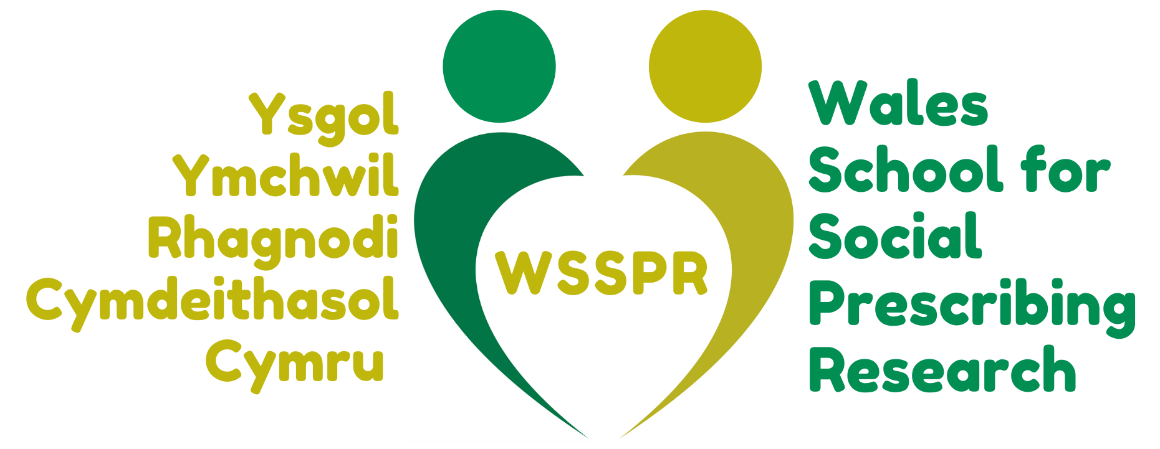 Welcome to WSSPR
Welcome to WSSPR
We are pleased to officially launch the Wales School for Social Prescribing Research, funded by Health and Care Research Wales and nested within PRIME Centre Wales.
2 April 2020
WSSPR is a virtual all-Wales school which aims to develop a social prescribing evaluation methodology, building on the work previously completed by the Wales Social Prescribing Research Network (WSPRN).
WSPRN is a network of researchers and practitioners in Wales who are interested in social prescribing research, which sits inside WSSPR.
Please head over to our new website to learn more about us, our current projects and our research network - www.wsspr.wales.
You can also follow us on Twitter @WSSPRCymru or get in touch with us via. e-mail - wsspr@southwales.ac.uk.
We look forward to working with you in the future.
Professor Carolyn Wallace
Director of WSSPR
 NWCR & Tenovus PhD Studentship Award
NWCR & Tenovus PhD Studentship Award
March 2020
We invite applications from principal investigators, with a track record of successful PhD supervision, to submit proposals for this jointly funded research award. NWCR and Tenovus Cancer Care (Tenovus) seek to fund a health services PhD research award which will aim to impact cancer policy or practice through the targeted area of psycho-social oncology.
Research proposals should address the interactions between the physical, psychological, social and behavioural aspects of the cancer experience for the cancer patient and care-givers.
This is an open call, but projects must seek to provide evidence to impact the cancers that are significant to the combined population of the two Charities – the North West of England and Wales.
PhD studentship grants are awarded for up to three years with a maximum funding budget of up to £75,000
All applications will undergo rigorous external peer and scientific review.
Closing time and date 5pm, Monday 22nd June 2020.
Further information: https://nwcr.org/funding-researchers/nwcr-tenovus-phd-studentship/

Get involved: UK public experiences during the coronavirus COVID-19 pandemic
March 2020
HealthWise Wales is supporting a Cardiff Metropolitan University/Cardiff University study to collect people’s views about aspects of the coronavirus COVID-19 pandemic. The researchers would like to know whether it is having an impact on your day-to-day lives and what you think about the way that government and health services are responding to the pandemic.
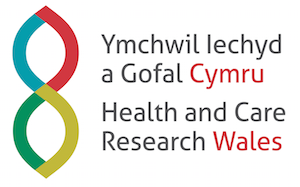 Process for UK-wide COVID-19 research projects
Process for UK-wide COVID-19 research projects
27 March 2020
Health and Care Research Wales have now agreed a UK-wide process for all COVID-19 research projects with colleagues from the Department of Health and Social Care (DHSC) and the other devolved administrations.
To apply for the funding, applicants need to go through the national portal. More information, and a link to portal, is available here:
https://www.healthandcareresearch.gov.wales/news/prioritising-funding-and-support-for-covid-19-research/
A single national process will avoid duplication and ensure proposals from across the UK are coordinated and prioritised as quickly as possible. It is the route HCRW are using for all COVID-19 funding requests, and it also offers the opportunity for applicants to scale up their plans.
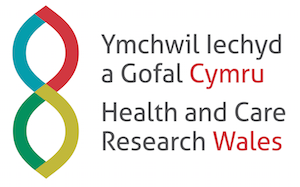 Health and Care Research Wales COVID-19 Statement
Health and Care Research Wales COVID-19 Statement
18 March 2020
Health and Care Research Wales has published a statement about the #COVID-19 outbreak which we will keep updated.
You can read it here: https://healthandcareresearch.gov.wales/covid-19-updates/
 Have your say – Evaluation of the Social Services and Well-being (Wales) Act
Have your say – Evaluation of the Social Services and Well-being (Wales) Act
March 2020
Please help with this evaluation of the Social Services & Well-being (Wales) Act 2014. What has changed for you?
The Welsh Government has commissioned a partnership between leading academics across four universities in Wales and expert advisers to deliver the evaluation of the ground-breaking Social Services and Well-being (Wales) Act 2014.
We are currently undertaking the process evaluation phase of the study which aims to understand how the Social Services and Well-being Act has been/is being implemented and delivered at a national, regional and local level. It will consider the role that the wide range of organisations that are impacted by the Act have had in this implementation, and identify factors that have helped or hindered its effectiveness.
https://usw.onlinesurveys.ac.uk/impact-survey

Involving the public in health and social care research
March 2020
Aimed at the public, a new guide from Health and Care Research Wales provides a simple explanation about public involvement in research. It outlines what public involvement is, how to get involved and why it’s important to improving future care.
Developed with members of the public involvement community, this guide will help researchers in their public involvement activities.
The guide can be downloaded from the website or we have a summary leaflet which can be requested by emailing the public involvement and engagement team.
 Submission is now open for the RCGP Research Paper of the Year (RPY) 2019
Submission is now open for the RCGP Research Paper of the Year (RPY) 2019
March 2020
The RCGP Research Paper of the Year 2019 will be awarded in 2020.
The Research Paper of the Year (RPY) award gives recognition to an individual or group of researchers who have undertaken and published an exceptional piece of research relating to general practice or primary care.
The overall winner will be selected from category winning research papers
Entries must be submitted under one of the following categories:
- Medical Education – related to primary care
- Health Service Research – including Public Health and Implementation
- Clinical Research
Further details on RCGP website: https://www.rcgp.org.uk/researchawards
Deadline for submitting papers: 15 March 2020
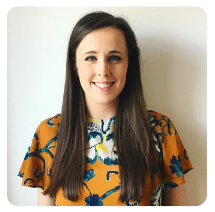 Blog post from Megan Elliott: What influences men to take part in weight loss programs?
Blog post from Megan Elliott: What influences men to take part in weight loss programs?
25 February 2020
Men tend not to take part in weight loss programs but few studies explore why this may be. In this blog post, the lead author of a new qualitative study published today in BMC Public Health discusses her team's research which seeks to answer this question.
However, engagement of men in these weight loss programs is low. Men make up 11-25% of people who go to Counterweight, Weight Watchers, Slimming World and Rosemary Conley Diet and Fitness Clubs. With a greater prevalence overweight men compared to women in the UK, and rising obesity rates globally, this lack of engagement is concerning.
Our study, published in BMC Public Health, sought to understand what influences the engagement of men in weight loss services.

Research Evaluation Highlights
Public Health Wales has published its latest annual Research and Evaluation Highlights report. The report makes for impressive reading, covering our involvement in innovative research and evaluation with significant impact on public health, policy and practice, both nationally and internationally.
Read the report at: https://phw.nhs.wales/services-and-teams/knowledge-directorate/research-and-evaluation/publications/public-health-wales-research-and-evaluation-highlights-2018-19/
 PhD Studentship – Centre for Trials Research Cardiff University
PhD Studentship – Centre for Trials Research Cardiff University
14 February 2020
Cardiff University School of Medicine is funding a full PhD studentship as part of the MRC NIHR Trials Methodology Partnership, which will be based in the Centre for Trials Research.
The TMRP brings together a number of national and international networks, institutions and partners undertaking clinical trials and trials methodology research. Our overall aim being to improve patient care by improving the way in which the healthcare evidence base is developed.
Our PhD programme presents a unique opportunity to undertake training and research in major areas where clinical trials need to be improved to help increase the health of society. Projects are available at locations across the UK for candidates with qualifications in a variety of subject areas including statistics, mathematics, health economics, epidemiology, psychology, social science, computer science, informatics and health services research.
The Centre for Trials Research is a UK CRC Registered Clinical Trials Unit with an active PhD program in both clinical topics and methods. It works in close partnership with other CTUs as well as the NHS and social care. Our methodological strengths lie in maximising secondary uses of data, efficient trials and novel designs. We also have a strong commitment to inclusivity in research to ensure that we produce research which is relevant to the whole population. We have four potential projects available which cover these areas:
PhD in Medical Statistics - Developing innovative approaches for adaptive design and analysis of clinical trials in type 1 diabetes based on “platform trials”
Supervisors: Prof Adrian Mander & Dr Charlotte Wilhelm-Benartzi
PhD in Medical Statistics – The development and application of modern modelling methods for microbiological data in clinical trials.
Supervisors: Dr Dave Gillespie, Prof Kerry Hood, Dr Kathy Hughes & Dr Mandy Wotton (Public Health Wales)
PhD in Public Health – Conceptualising intervention participation to model understand and maximise effectiveness of complex public health trials
Supervisors: Dr Jeremy Segrott, Dr Dave Gillespie, Dr Emily Hughes (Bangor University)
PhD in Population Medicine – Increasing inclusivity in trials supporting decision-making about involving adults and young people with profound and multiple learning disabilities in research
Supervisors: Dr Fiona Wood, Dr Vicky Shepherd, Dr Rachel McNamara, Prof Kerry Hood
This is a competitive process, with four projects advertised and only one studentship will be funded. Open to all UK/EU students without further restrictions. Full UK/EU tuition fees. Doctoral stipend matching UK Research Council National Minimum. Additional funding is available over the course of the programme and will cover costs such as research consumables and training. Applications from International candidates are welcomed if they can cover the difference in home/Eu fees (£4,407) and Overseas fees (£21,950).
Closing date for applications is the 20th March 2020
 KESS2 PhD Studentship, Bangor University
KESS2 PhD Studentship, Bangor University
Exploring the development of a new Community Care Hub and implementation of this social model into primary care delivery in Wales.
School of Health Sciences, Bangor University
Project ID: BUK2E039
Annual Stipend: Doctoral Stipend starting at £14,628 p.a. for 2020/2021
Each KESS study also includes a Postgraduate Skills Development Award and a generous travel and equipment allowance.
Application Deadline: 14/03/2020
Project Description:
Community Care Collaborative CIC (CCC) is a social enterprise health delivery organisation. CCC aims to act as a vehicle to enable partnership working between the public, voluntary and private sectors to develop and deliver an innovative, person centred, social model of care transforming the traditional model of primary care in Wales. CCC work for the benefit of the community and as an asset locked organisation any surplus income generated is reinvested in the enterprise.
The aim of this PhD research studentship is to explore a new social model of care in primary care with the purpose of delivering a holistic, streamlined Multi-Disciplinary Team (MDT) service that meets the medical, social and psychological needs of the local community in Wrexham. This PhD project will evaluate a new Community Care Hub (CCH) in primary care to meet the health and wellbeing needs of the vulnerable and homeless in society. This research will engage with vulnerable, and hard to reach groups and those with complex needs to educate and empower both the people the organisation work with and the people they provide services to increase their resilience and ability to self-care. This new social model in primary care will act as a conduit for services and greater integration of healthcare services in Wrexham town and surrounding area. Findings will provide tangible evidence for CCC on the development of a new CCH and implementation of this social model into primary care delivery in Wales.
Further information: Community Care Hub KESS-2-Scholarship-Advertisement.pdf
WONCA International perspective: Useful posts for African primary health care
Useful recent posts for African public health care from ProfMoosa.com
- Africa is the last frontier for global growth
- FREE BOOK: Setting up Community Health and Development Programmes in Low and Middle-Income Settings
- Towards delivering on health goals in (African) countries
- WHO draft operational framework – PHC: transforming vision into action
- The African Region reinforces preparedness for COVID-19
- Political Economy of Health Financing Reform
- The Lancet: Global burden of chronic kidney disease
 George Ewart Evans Centre for Storytelling Annual Symposium
George Ewart Evans Centre for Storytelling Annual Symposium
Date: 3rd and 4th April 2020
Call for Proposals: Storytelling and Mothers
We invite proposals for academic papers (15 minutes), panel sessions (45 minutes), workshops (45 minutes) and short performances (up to 15 minutes in length) for the fourteenth annual George Ewart Evans Centre for Storytelling symposium on the theme of storytelling and motherhood. We are seeking contributions that address motherhood in relation to performance storytelling, applied storytelling and narrative in fields including, but not limited to: performance studies; storytelling studies; arts for health, wellbeing and social care; maternal studies; literary studies; and other related disciplines. We would like to provide an opportunity to our wide range of attendees i.e. storytellers and practitioners from allied artforms, researchers, community workers, youth workers, post-graduate students and others, and welcome innovative formats for presentations.
If you would like to contribute, please submit abstracts of not more than 300 words by Sunday 23 February to Georgina Biggs, Research Assistant, Performance and the Maternal, email: georgina.biggs@southwales.ac.uk
Further information: https://storytelling.research.southwales.ac.uk/symposium/storytelling-and-mothers/
 Combined Raman and FiT (CRaFT) - New study recruitment underway
Combined Raman and FiT (CRaFT) - New study recruitment underway
7 Feberuary 2020
This innovative Health and Care Research Wales funded study is looking to see if the combined test performance of a novel spectroscopy based blood test (Raman) in combination with quantitative FiT can help GPs determining presence of colorectal cancer in symptomatic patients. It also includes qualitative interviews with patients and GPs to understand the future benefit of such an approach.
There are 16 sites open at present with another 8 Welsh sites in setup and 6 recruited to date. Recruitment will continue until mid-2021. The study won the Swansea University Outstanding Research and Innovation Collaboration award in January 2020.
More sites are welcomed, please contact craft@swansea.ac.uk for further information.
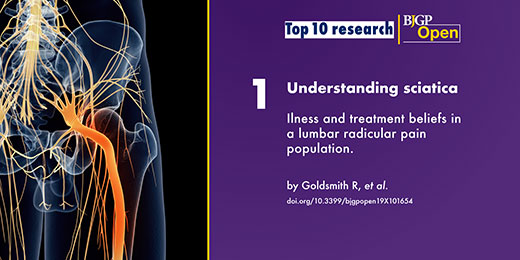 BJGP Open most read paper of 2019
BJGP Open most read paper of 2019
5th February 2020
Congratulations to Robert Goldsmith, Advanced Practice Physiotherapist at Cardiff and Vale University Health Board and PRIME Centre Wales colleagues for coming first in the British Journal of General Practice 'Top 10 Research Publications of 2019', announced on 31st January.
The article 'Understanding Sciatica: Illness beliefs in a lumbar radicular pain population' presents the findings from Robert's research undertaken as part of his RCBP First Into Research Fellowship, funded by Welsh Government. Read more
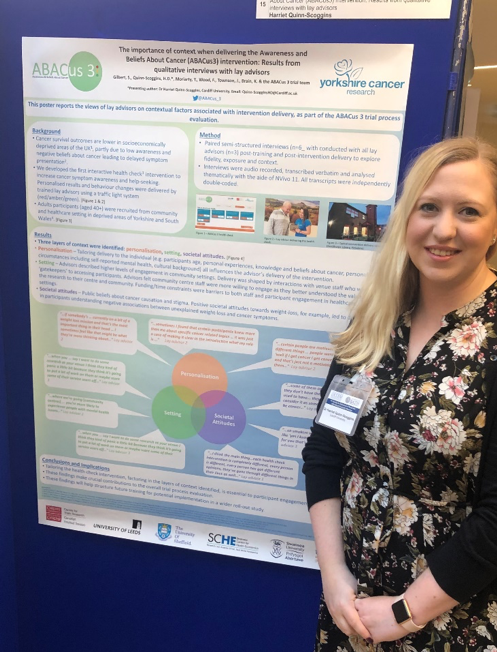 Blog post from Dr Harriet Quinn-Scoggins
Blog post from Dr Harriet Quinn-Scoggins
15th Annual Scientific Meeting of the UK Society for Behavioural Medicine, Bath, 16th-17th January 2020
3 February 2020
In January Dr Harriet Quinn-Scoggins, one of our PRIME funded Research Associates, attended the 15th Annual Scientific Meeting of the UK Society for Behavioural Medicine and wrote a blog.
Read the full post here
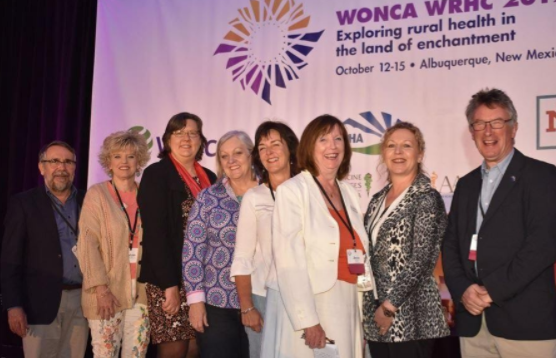 Blog post from Professor Joyce Kenkre
Blog post from Professor Joyce Kenkre
Landmark declaration made by Rural WONCA and commitment of support for nurses and midwives worldwide to advance the goals of Nursing Now
29 January 2020
If we are to achieve Universal Health Coverage (UHC) in the foreseeable future, it will be the rural and isolated parts of the world that will provide us with the greatest challenge. Although just under 50% of the global population live in rural areas, only 34% of the world’s nurses and 24% of the world’s doctors work in rural areas. 56% of the globe’s rural population do not have access to health whereas only 22% of those living in towns and cities are denied care.
The Declaration of Astana emphasised the importance of primary health care in meeting the needs of those who are currently denied health care. The declaration went on to describe the primary care workforce as being multi-professional and multidisciplinary. The future of rural health care will be in the development of dynamic teams of professionals working together and bringing their different skills and knowledge to meet the needs of their patients and communities.
The 16th WONCA World Rural Health Conference in Albuquerque, New Mexico (USA) on the 15th October 2019 unanimously agreed a statement and a commitment to the importance of nursing in rural health care and to Nursing Now 2020.
Read the full post on the Nursing Now website
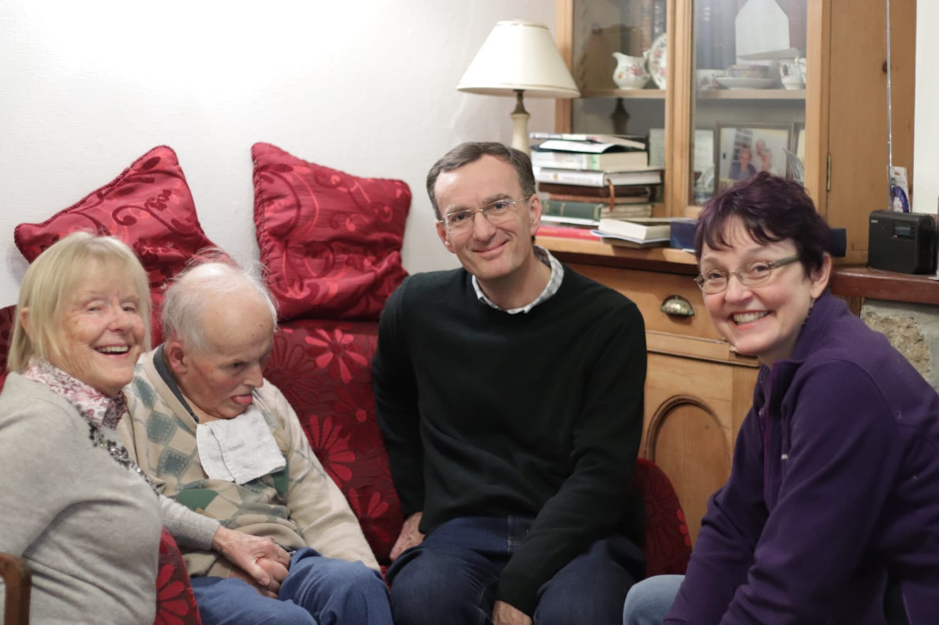 Greetings from Professor Nigel Stott at Oxwich
Greetings from Professor Nigel Stott at Oxwich
January 2020
Dear Colleagues,
I’d like to share an update from recently catching up with Professor Nigel Stott and his wife Mary at their home in Oxwich. Nigel put primary care research in Cardiff and Wales on the map. He built up a very strong department of general practice from the 1970s onwards. The lasting interests include particularly infections and healthcare communications research that remain strengths in PRIME Centre today.
His paper “The exceptional potential in each primary care consultation” (JRCGP 1979) is still one of the most highly cited papers in the primary care field. Several of us – Clare Wilkinson, Chris Butler, Kerry Hood, Mike Robling, Fiona Wood myself and others – owe our formative years in research to Nigel, for which we are extremely grateful.
Sadly, Nigel has had major health challenges in recent years. Communication is very difficult. He is however still extremely interested in what we are all doing in primary care research in Wales and follows our newsletters with great interest. Charlotte and I visited Nigel and Mary recently and were able to bring them fully up to date with progress! He was very appreciative, and sends best wishes to all in PRIME Centre, and encouragement to keep up this vital work improving primary and emergency care in Wales.
Adrian Edwards
Director of PRIME Centre Wales
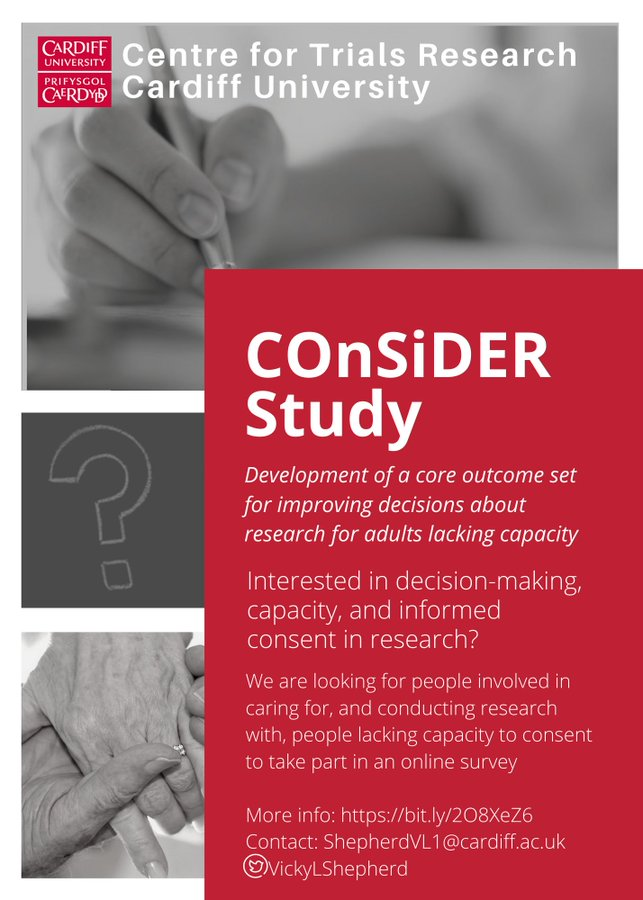 *NEW STUDY* Interested in decision-making, capacity, and informed consent in research?
*NEW STUDY* Interested in decision-making, capacity, and informed consent in research?
COnSiDER survey now open
The Centre for Trials Research, Cardiff University, are developing a Core Outcome Set to evaluate interventions to enhance proxy decision-making for research.
To take part: https://bit.ly/2O8XeZ6

Deadline extended: Let's celebrate our research stars!
New deadline: 16 March 2020
Nominations are still open for the Support & Delivery Impact Awards 2020. Let’s showcase the hard-working, high-achieving staff from the Support & Delivery Service that have made a difference to research in Wales. But we can only honour these research stars with your help.
Put forward an individual or team who deserve recognition for a 2020 Support & Delivery Impact Award.
 Welsh Crucible 2020 is now open to applications
Welsh Crucible 2020 is now open to applications
The deadline for applications is midnight on 16th February 2020.
Welsh Crucible is an award-winning programme of personal, professional and leadership development for the future research leaders of Wales.
Funded by a consortium of Welsh higher education institutions and the Higher Education Funding Council for Wales (HEFCW), Welsh Crucible brings together thirty researchers each year in order to explore how they can work together to tackle the current research challenges facing Wales.
For information on why you should apply to participate in this prestigious programme of personal, professional and leadership development, please click here. For details on the application process, please click here.
If you have any questions then please do not hesitate to contact us at welshcrucible@cardiff.ac.uk
 SAPC 2020 Call for Abstracts - deadline 16th February 2020
SAPC 2020 Call for Abstracts - deadline 16th February 2020
The University of Leeds, Leeds Institute of Health Sciences, is hosting the annual SAPC conference, which showcases the latest research and education in academic primary care.
You can share your work through:
- Presentations: long orals (15 min slots: 10 min presentation + 5 min Q&A) or short orals (5 min slots: 3 min presentation + 2 min Q&A) - review criteria - abstract submission form - word count up to 450 words excluding title and authors
- to submit a presentation abstract please set up a user account when prompted once you click on the submission form above
- Further information: https://sapc.ac.uk/article/2020-call-abstracts
 Job Opportunity
Job Opportunity
Swansea Medical School are welcoming applications for a Lecturer/Senior Lecturer - Physician Associate.
Join a rapidly developing, well-respected programme with 100% graduate pass rate (National Exam 2018 and 2019).
Job Number: AC03927
Contract Type: Permanent
Closing Date: 02-02-2020
Salary for Lecturer: £20,513 to £23,765 per annum with USS pension benefits (Pro rata to £34,189 to £39,609)
Salary for Senior Lecturer: £24,915 i £29,732 per annum (Pro rata £41,526 to 49,553 per annum with USS pension benefits).
Hours of Work: 0.6FTE
Contract: This is a Permanent Position
Location: This position will be based in Singleton Campus

Cancer Research Strategy for Wales consultation
Deadline: 31 January 2020
The Cancer Research Strategy for Wales is being developed, ready for delivery in 2020, following a recommendation in the Cancer Delivery Plan.
Professional and public opinions are being sought to ensure the Cancer Research Strategy for Wales is relevant, fit for purpose, and owned by all. To best capture all views on the developing strategy, two surveys have been developed: one for members of the public and one for professional working in the field.
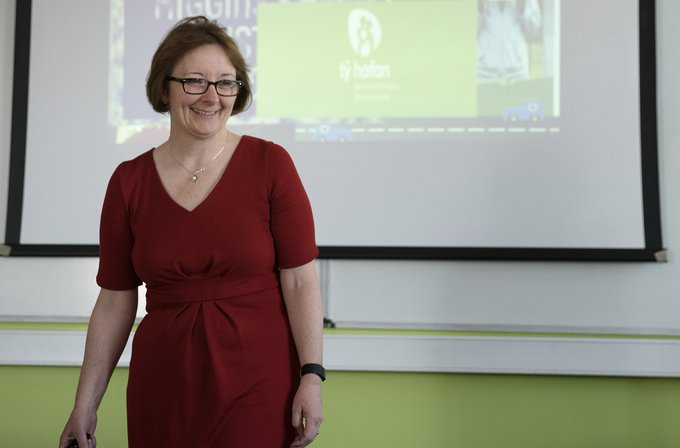 Carolyn Wallace appointed to Professor of Community Health and Care Service
Carolyn Wallace appointed to Professor of Community Health and Care Service
6 January 2020
Congratulations to Dr Carolyn Wallace on her appointment to Professor of Community Health and Care Service at University of South Wales.
Community Health and Care Services focusses on the improvement of services in the community, including services in statutory health and social care, primary care, third sector, independent sector and the workforce.
Carolyn has a specific interest in integration across health and social care. Her background as a nurse, NHS manager and currently as chair of Age Cymru Gwent has been key to understanding the context of both health and care community working environments.
Carolyn is currently seconded for three days per week to PRIME Centre Wales where she leads on the social care cross cutting theme, co-leads the long term conditions theme and supports the Community Nursing Research Strategy for Wales.
In 2011, Carolyn became the first nurse to win a place on the Welsh Crucible, an award winning leadership programme for researchers in Wales.
In 2014 she developed the concept of family resilience for public health nurses working in Wales and leads the FRAIT (Family Resilience Assessment Instrument and Tool) team at USW.
The FRAIT supports health visitors in their decision making, care planning and planning for further interventions and resources. All health visitors in Wales have been trained to use FRAIT since October 2017. Welsh Government are collecting the FRAIT data as part of their Healthy Child Wales Programme policy (WG, 2016).
In 2017, Carolyn founded the All Wales Social Prescribing Research Network (WSPRN). She co-chairs the WSPRN with Judith Stone and Dr Sally Rees at the Wales Council for Voluntary Action (WCVA). The aim is to build the critical evidence for social prescribing in Wales. The research network has 296 members, of which a steering group of 20 from across Wales are research active. It supports three communities of practice in north, west and south east Wales and uses a translational model of research. A number of grants have been directly secured as a result of this work totalling over £720,000 to date.
Further information: https://wihsc.southwales.ac.uk/news/2019-news/carolyn-wallace-appointed-professor/
